Cet article est également disponible en : Français
I don’t know what strikes me the most when you first see her: her energy, her smile or her eyes sparkling with mischief. She calls herself the wandering wasp. And this nickname, I must admit, fits her like a glove.
This is her story.
Her identity card tells us that she is 32 years old, that she is from Singapore and that her name is Juvena Huang. She has jet black hair, cut short, a wasp waist but high, and a face that inspires, even sweats, joy. Last but not least, she owns a red scooter with which, on May 16, 2015, she left her hometown and headed west for a 27-month journey through 25 countries. Red is her color. Red and black are the dominant shades of most of her clothing, including her motorcycle suit.
Before becoming a traveler, she led a tidy life in the small city-state of tropical Asia called Singapore. Her parents had instilled in her a sense of hard work and effort that would lead her to social success. In fact, after graduation, she landed a job as a research assistant at a polytechnic school. The next logical step was to marry and have children. Nothing, absolutely nothing, predisposed her to nomadism! Neither in her culture nor in her education!
However, a first trip, a few years earlier, had planted a small seed in her mind. It was in Vietnam. She had been there with a schoolmate. There, she befriended some H’mông girls, who sold handicrafts to tourists. Their way of life was radically different from that of Juvena. It was by their side that she had opened her eyes to the richness and diversity of the world. It was by laughing with them that she had first dreamed of travelling the world. But when she returned, life had resumed its course, and the dream had remained in Vietnam. And then one sad evening, the phone rang. Her friend had died in an accident. That day, Juvena became aware of the impermanence of life. So she made the decision to live her dreams. The wandering wasp was born that way. From a dream and a tragedy.
Five years after the tragedy, she is ready. Yet on the morning of the departure, she doubts, she is even afraid. By resigning, she has given up all income, all security. All she has left are her savings. And her scooter. Getting out of the parking lot, leaving her family is an ordeal. Questions, each one more frightening than the last, keep turning in her head. What if my scooter breaks down? What if I have an accident? What if I get mugged? What if my parents get sick? Giving up Singapore’s security bubble for a life of uncertainty is not an obvious thing for this 27-year-old girl. All these attachments to the idea of comfort and safety are the hardest to let go. So she needs all her willpower, all her energy to get going. And to make this expression, “carpe diem”, which is so overused in appearance, her battle cry, her cry for life.
Crossing Malaysia is a simple formality. In Thailand, she receives her first big mechanics course by taking part in the complete overhaul of her scooter, even the engine is open. Then, she sets off again in the direction of Myanmar which she crosses in convoy, under the escort of a guide as required by the law of the country. That’s how she ended up in Meghalaya, in northeast India, in mid-June 2015, one month after her departure. She meets the Khasi people, a matriarchal society. In this society, children are named after their mother and not their father. Moreover, Kha-Si literally means “born of a mother”. Funny detail, in this society, some men are advocating for…. gender equality. One woman confides that she no longer wants to marry a Khasi man because they are only after his money. She literally falls in love with this little-known province, and raves about the curious plant bridges built with intertwined tree roots. It takes 15 years for such a bridge to be fully operational.
Yet she doesn’t linger, while promising herself to return to it. This is a constant with the long distance traveller, during the first trip: at the beginning it goes too fast. It takes time to learn the slowness. It takes time to understand that the journey begins when you stop.
It arrives at the end of June in a Nepal recently devastated by a violent earthquake. She remains admiring in front of the resilience of the population who faces the ordeal with calm. The teachers, for example, continue to teach, but due to the lack of premises, it takes place in makeshift tents.
She resumes the road to Ladakh where she thinks she will die of hyperventilation due to the altitude while she is around 4000 m. However, shortly after, she decides, against the general opinion, to take the highest road in the world with a pass at 5 359 meters, that of Khardungla. Her credo: if you don’t try, you have no chance of success. The road is difficult, and the higher it climbs, the more difficult it gets. The ice covers the road and it falls, one, two, three, four times. A motorist stops to help and improvises chains with a rope. And it is with a feeling of victory that, perched on her trusty red scooter, she finally reaches the top.
After India, it is Pakistan. This country with such a sulphurous reputation. Everyone advises her against venturing there. Too dangerous, especially for a single woman. She risks, at the very least, being kidnapped there. Yet there again, she ignores the birds of ill omen, and crosses the famous Wagah border in October 2015. What is her state of mind at that time? I don’t know. What I do know is that Pakistan is the country that will mark her the most, because of the kindness and hospitality of its people. She stayed there for 4 and a half months travelling around the country despite the cumbersome administrative procedures required to go to certain regions. Her status as a woman, far from being a handicap, proves to be an advantage.
Admittedly, she sometimes gets a little too insistent advances from some men, but in the end it is not so frequent and more often than not, her status as a woman guarantees her help and protection, especially from the indigenous biker community. In addition, it opens the doors of many homes, and allows her to enter the intimacy of families, something impossible for male travelers. Many times she is effectively kidnapped. But these are kidnappings full of good intentions that prove to be especially dangerous for her line. It is to whom it feeds her the most and the best. A man almost slaughters two goats in her honor, before she arrests him and tells him that she is a vegetarian. In the end, she understands that the Manichean judgment of the media is inept. How can we judge a country with such a strong cultural diversity and a literacy rate for girls that varies from 2% to 100% depending on the province?
The road to Iran passes through a particular region of Pakistan: Baluchistan, with its desire for independence, bordered to the north by Afghanistan and its Taliban. It is both the largest and least populated province in Pakistan. It is also a territory rooted in its traditions where women have no place in the public space. Suicide attacks are frequent. And some foreigners have been kidnapped there in the past. For the traveler, this represents more than 800 km to travel under military escort in an insurgency zone. And it is there, in the heart of this very special country, that his little red scooter decides to make a joke when it breaks down. Fortunately, a mechanic fixes the problem in one day and she can leave for Iran.
She crosses the border of Taftan in early March 2016. In front of her, a second country with an equally sulphurous reputation: Iran… and in fact, very quickly, she has to face the dreaded ta’ârof, the Iranian code of hospitality. And this one turns out all the more terrible as she is a woman, solitary, foreigner and motorcyclist.
One day, while she is driving quietly, a car gently passes her by, honking its horn. It stops in front of her, forcing her to do the same. A man gets out and comes towards her. He gives her a small bag of sunflower seeds. He greets her and leaves. One of the main dangers she faces in Iran is the extra load on her scooter due to all the food that the people she meets give her. One morning, she wakes up to find a breakfast sitting next to her tent. No one around. Just this breakfast that someone had delicately left while she was sleeping. Iran is also a country of paradox. While alcohol is forbidden, it is the country where she has had the most opportunities to drink.
A little further on, Iranian motorcyclists spent two days repairing her scooter, which had an overheating problem. They have to change piston and exhaust. But, despite the time spent, despite the spare parts purchased, they refuse any payment. She is their guest. Sacred notion in Iran.
In total, she spends more than 3 months there, 8 months cumulatively between Pakistan and Iran. She encounters only kindness and hospitality. She does not ignore the problems of these countries. However, she is certain that the often tragic image presented by the foreign media is far from representing the truth of these peoples.
From Iran, it reaches Armenia, Georgia, Turkey, Bulgaria, Macedonia. The pace is getting slower and slower. She is no longer a tourist but a nomad. She decides to stop for a few months in Serbia to do volunteer work in an association helping refugees. She helps to prepare and distribute meals to 500 asylum seekers squatting in an abandoned house. Their situation is trying. Especially in winter. For heating, they can only burn garbage. Over the weeks, Juvena befriends many of them. She listens to their stories. She also witnesses dramatic scenes. One day, she takes bread from a man who had taken more than his share. The man collapses in tears and starts hitting the wall like a desperate man. At the time, she doesn’t understand his grief until another volunteer explains to her that her brother was killed in front of him and that he was held prisoner for months. The man has been suffering from post-traumatic stress disorder ever since.
One of the most delicate parts of his mission is crowd management. Fights often break out. It is violent and dangerous. But during these months spent in their midst, she understands that one must be careful not to pass too peremptory and final judgment on these people. To understand them, you would have to live what they have been through. These men and women, sometimes children, have experienced food shortages, abuse, and even more. They have been in a situation of survival. It takes time, and humanity, to forget.
After Serbia, she took the road to Bosnia, then her wandering led her to many European countries. She ends up leaving her devoted red scooter in the Czech Republic to return to her hometown in September 2017. The return is rough. It is a real culture shock and she cannot get used to the consumerist world again. The person she was before she left has become a stranger to her. In 2015, Juvena went on the road. In September 2017, it was the wandering wasp that came back. She does not yet know how or where, but she is certain that she will soon leave again.

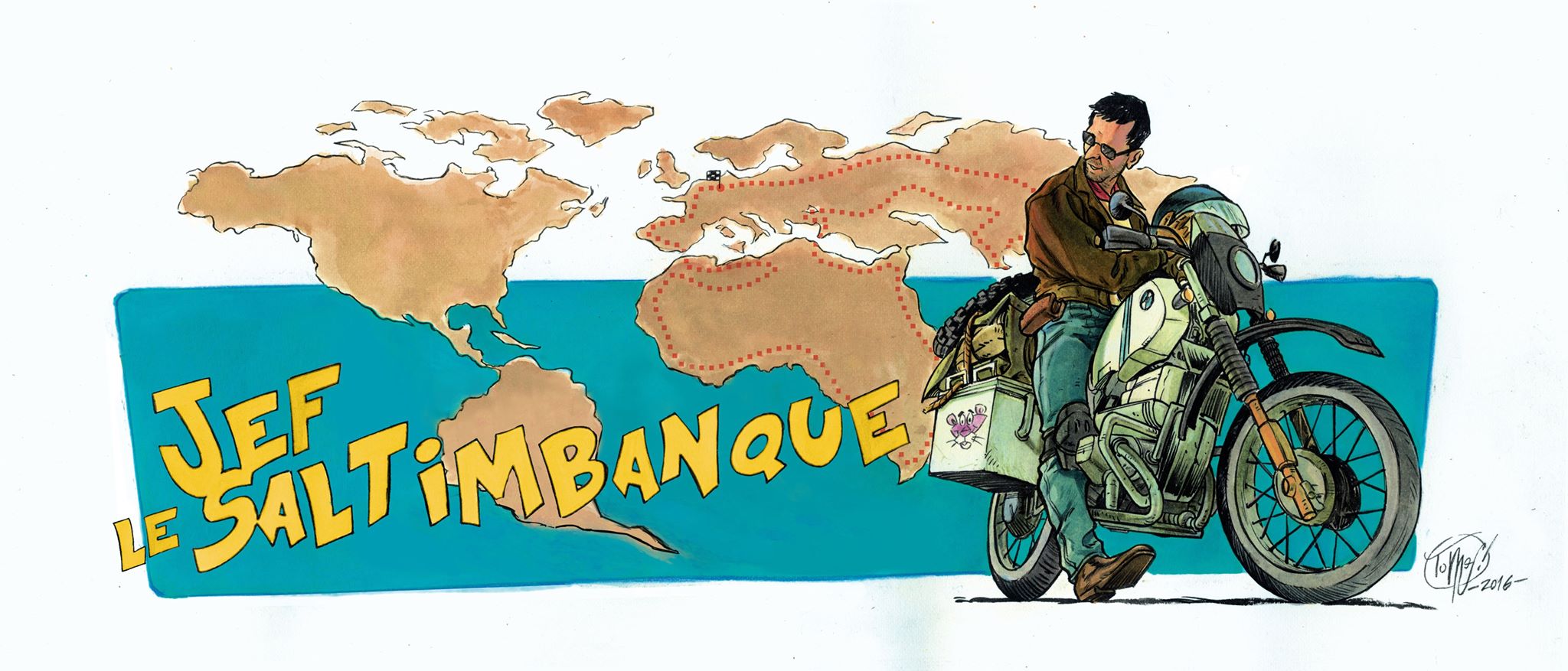
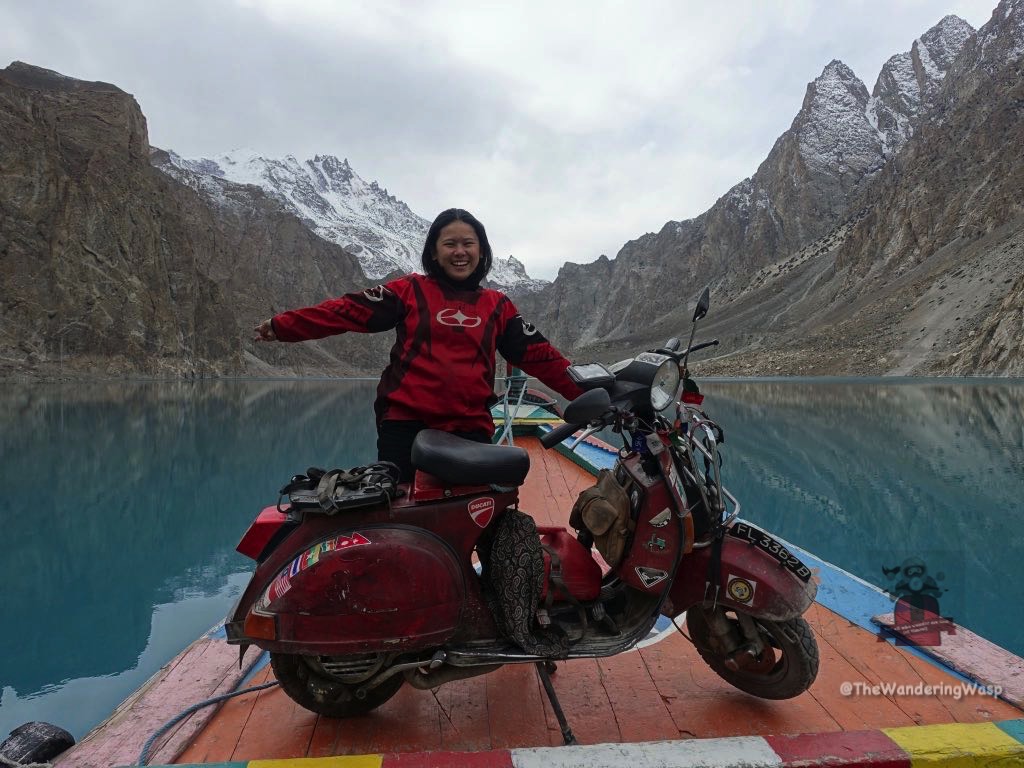
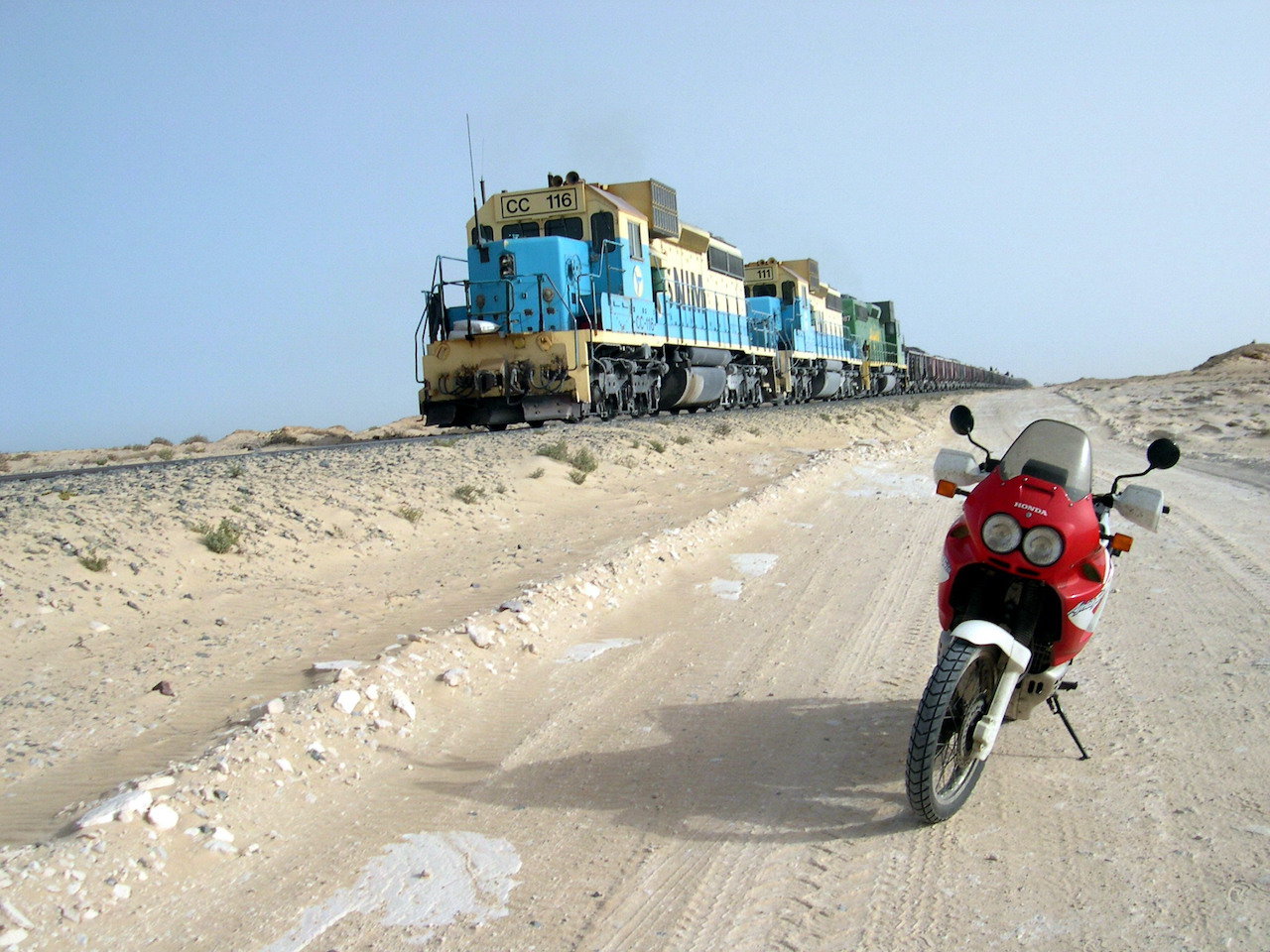
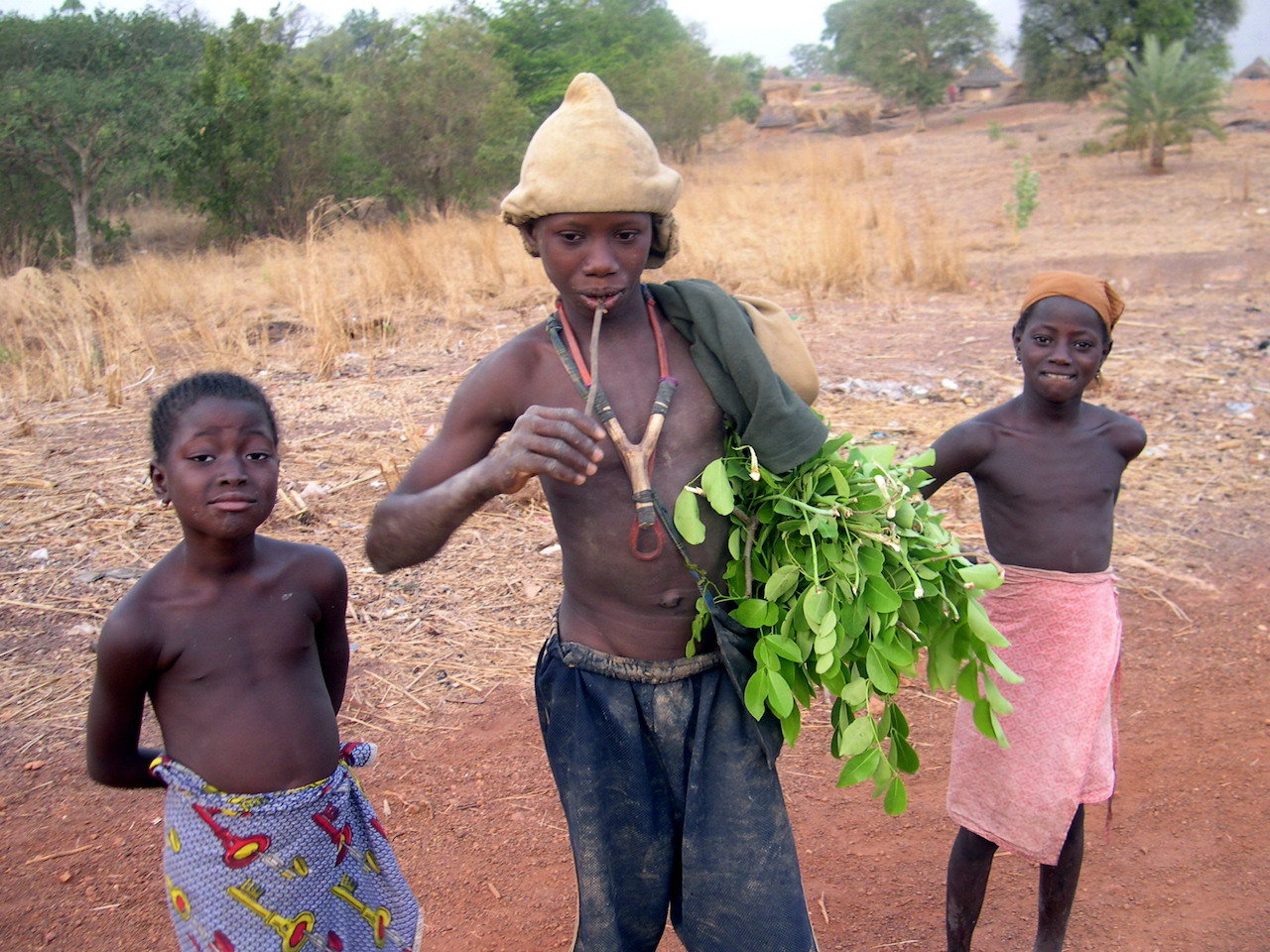
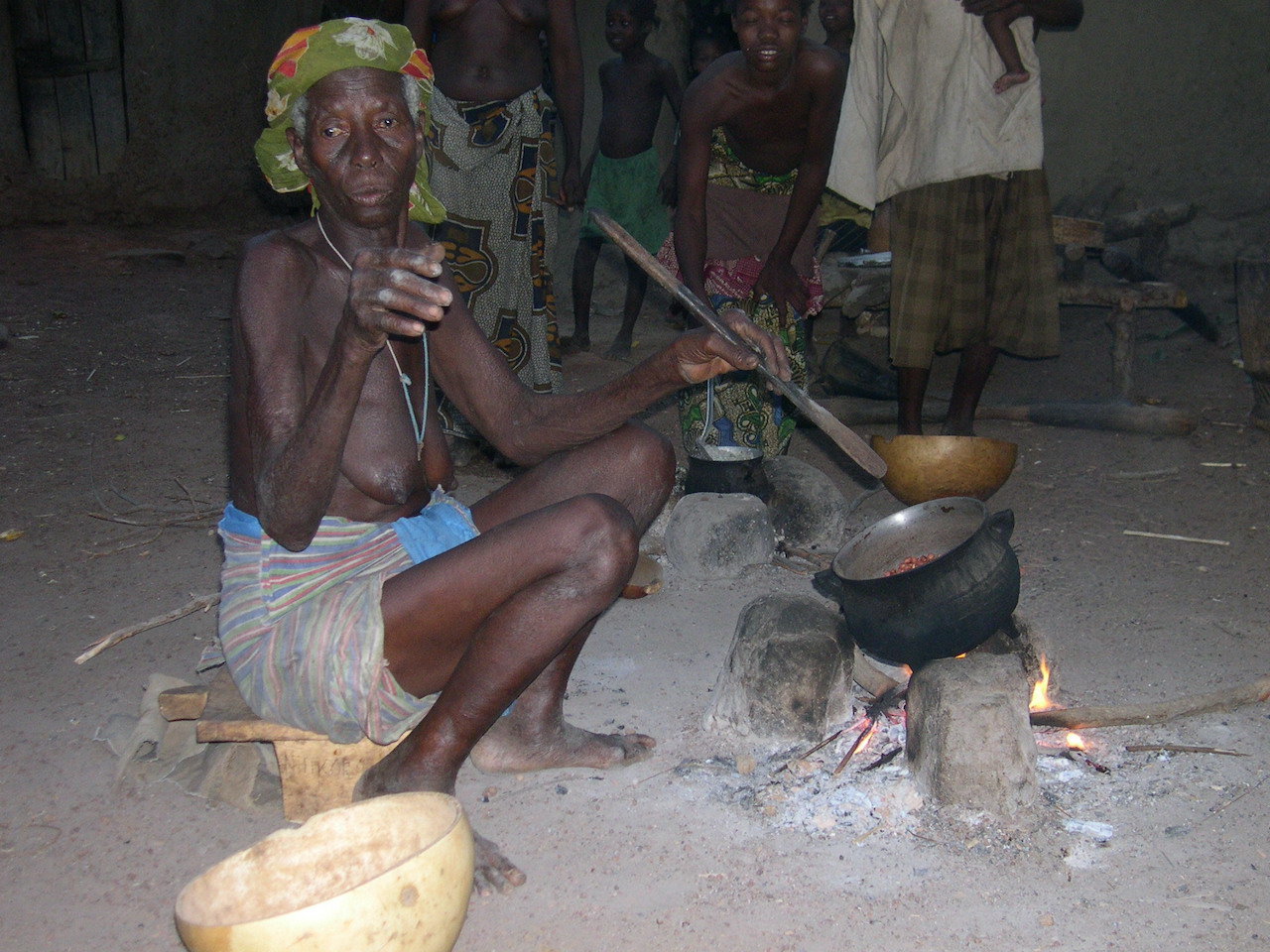
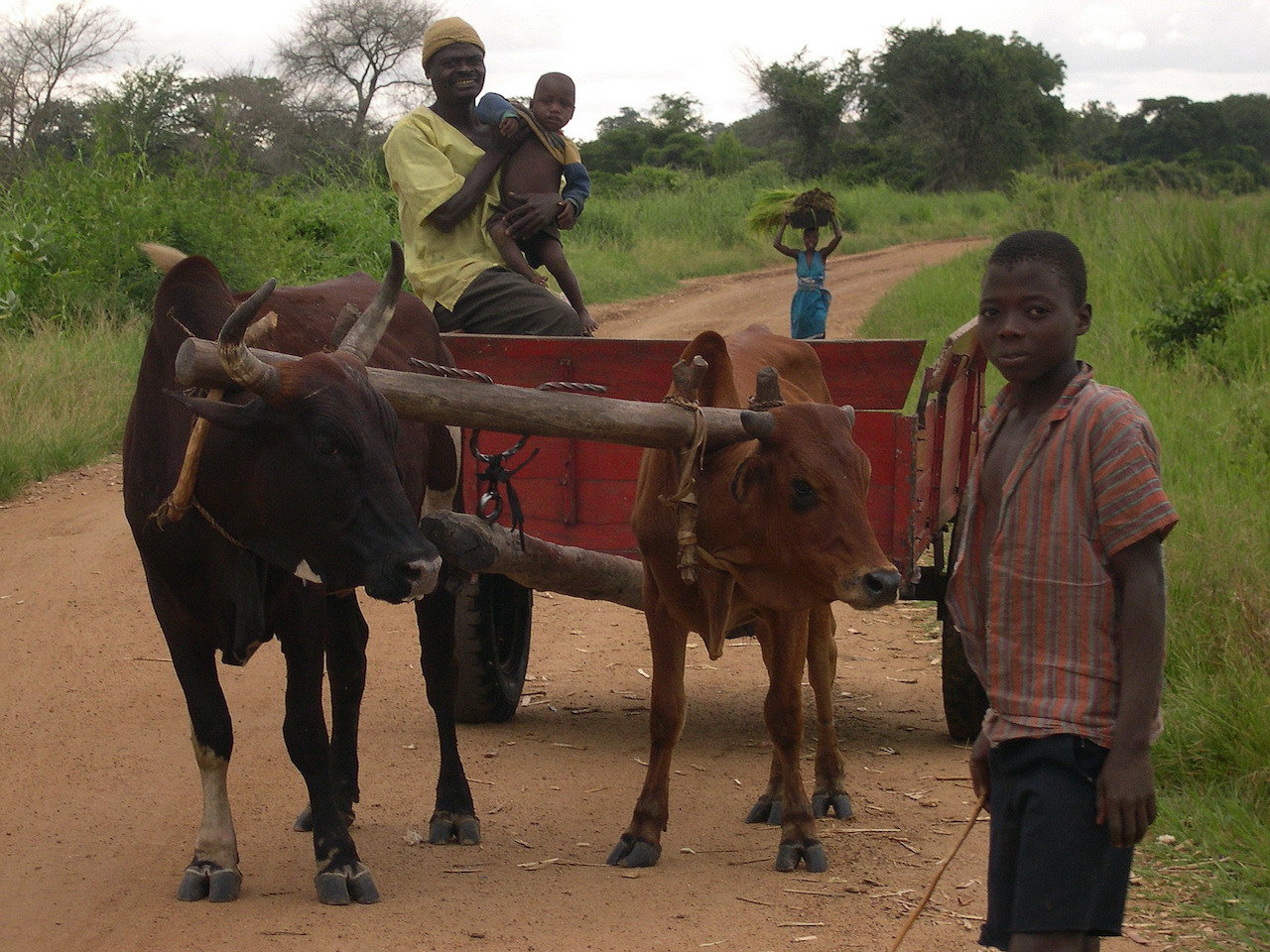
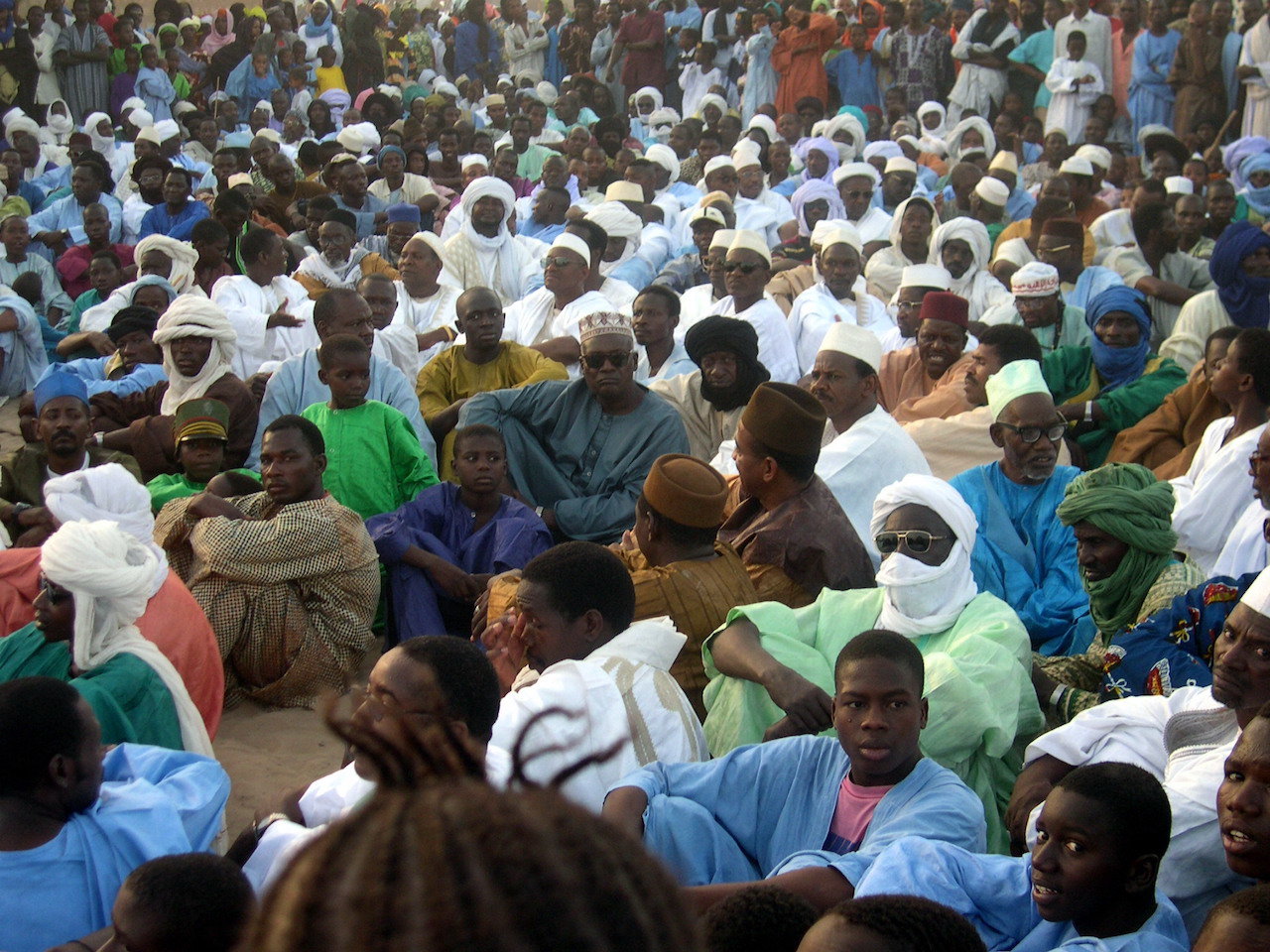
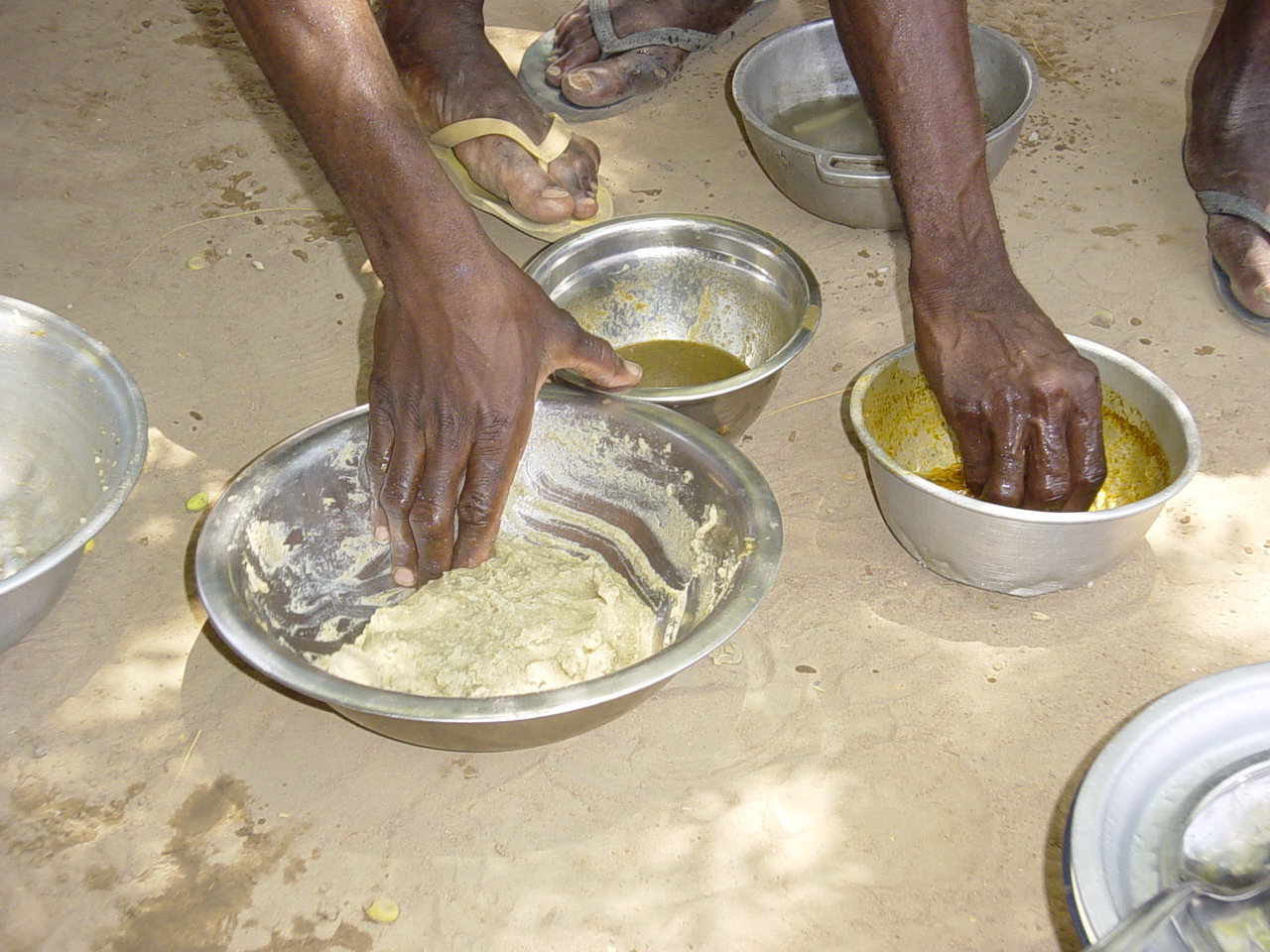
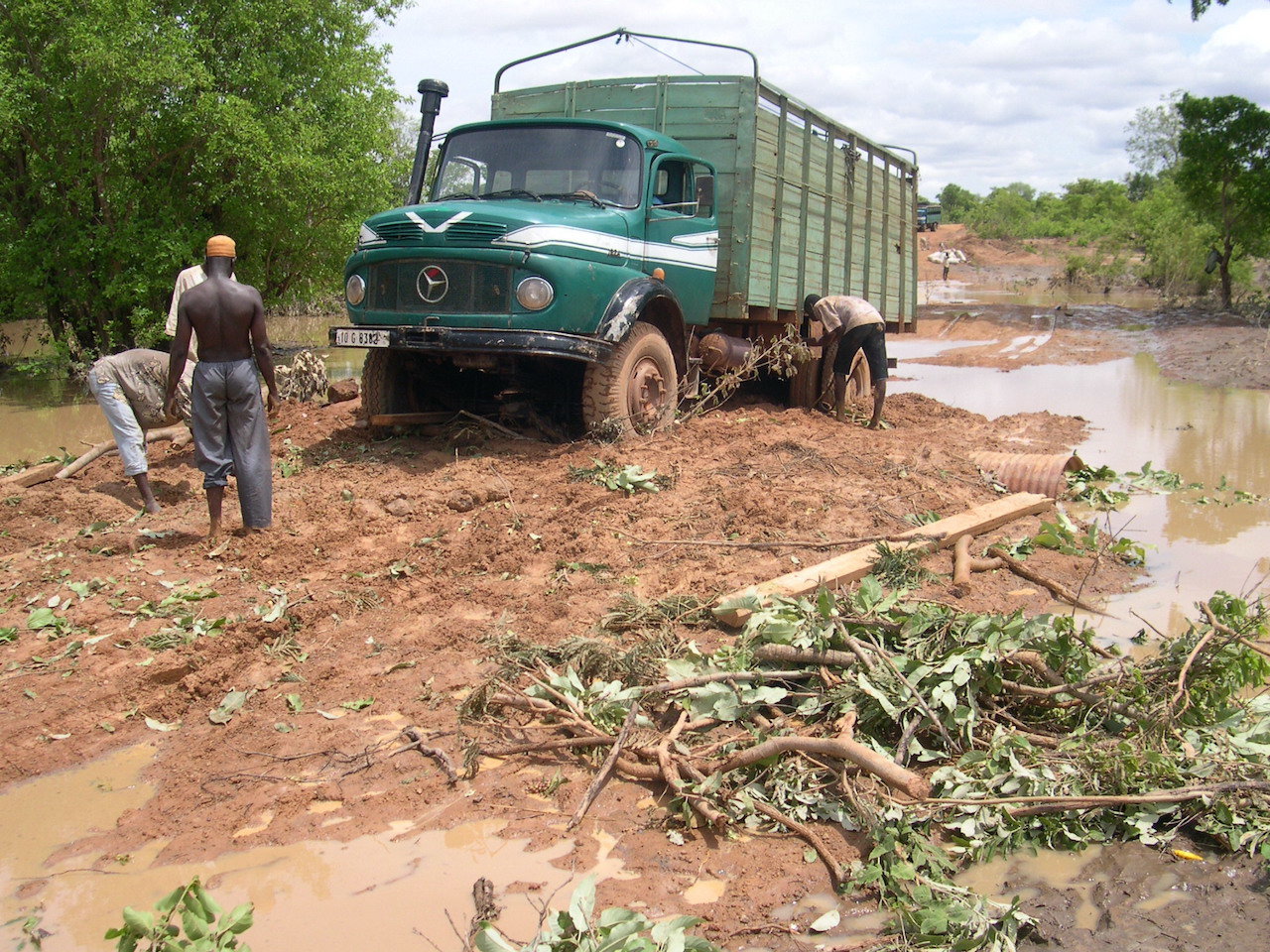
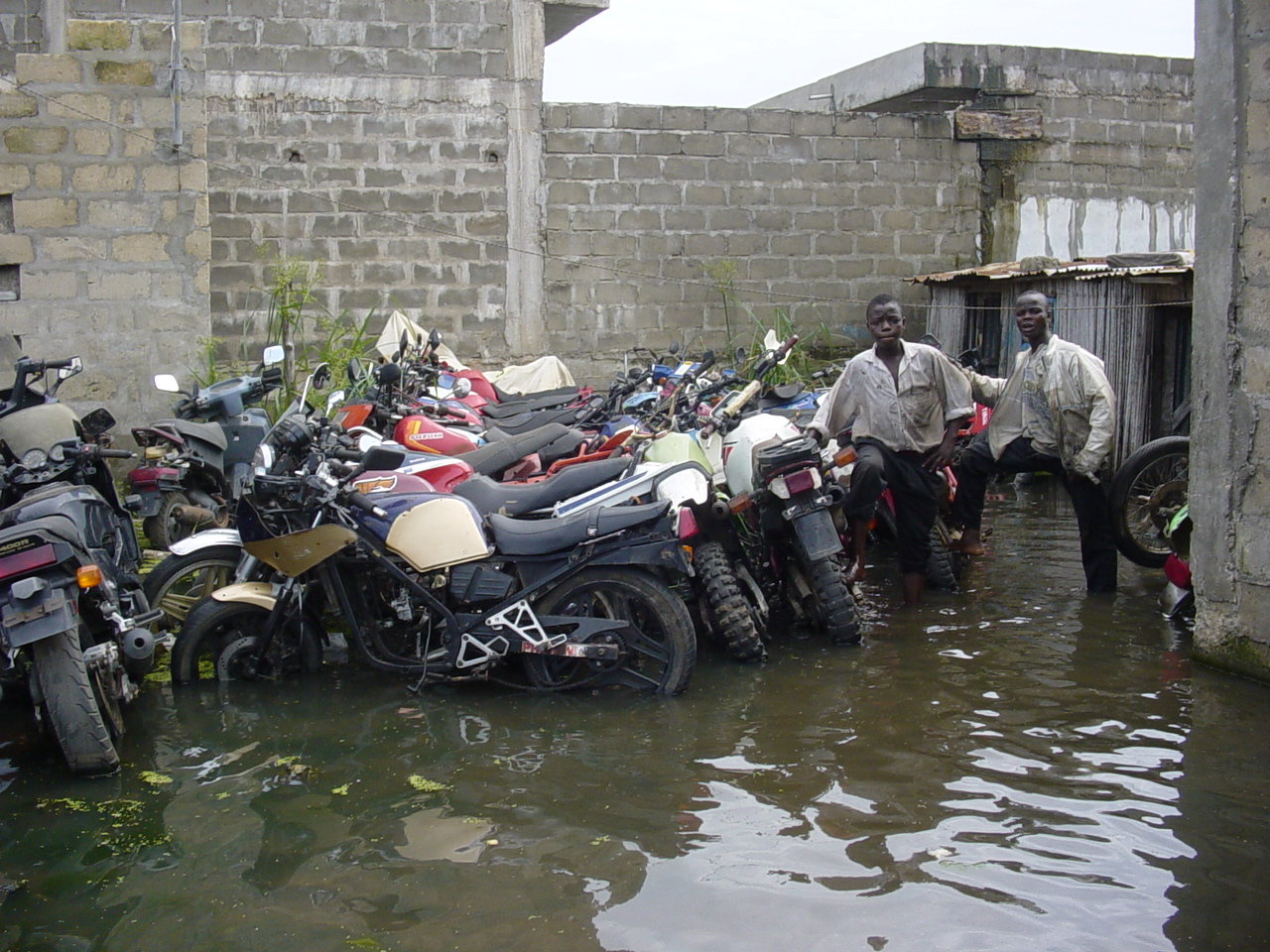
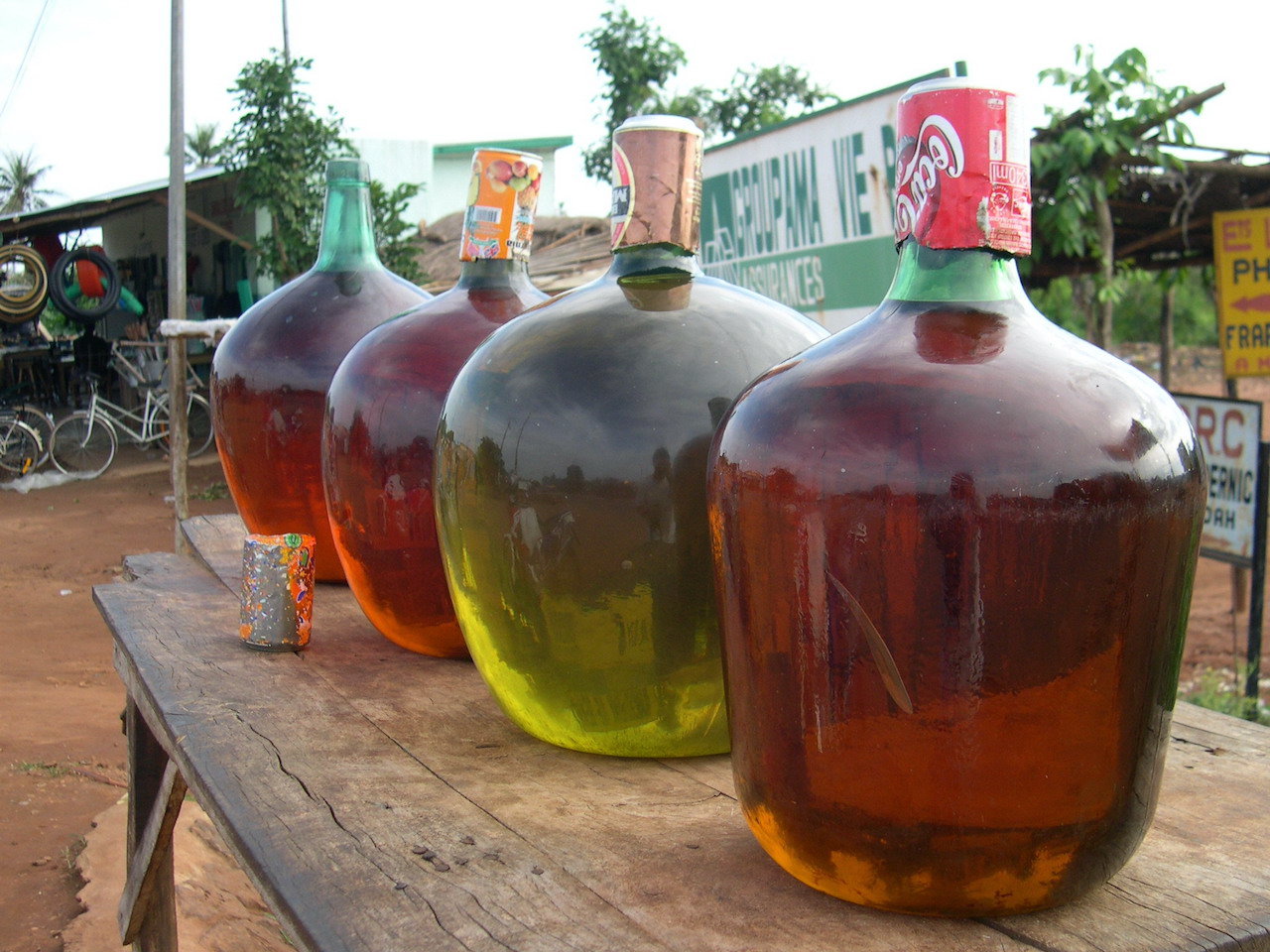
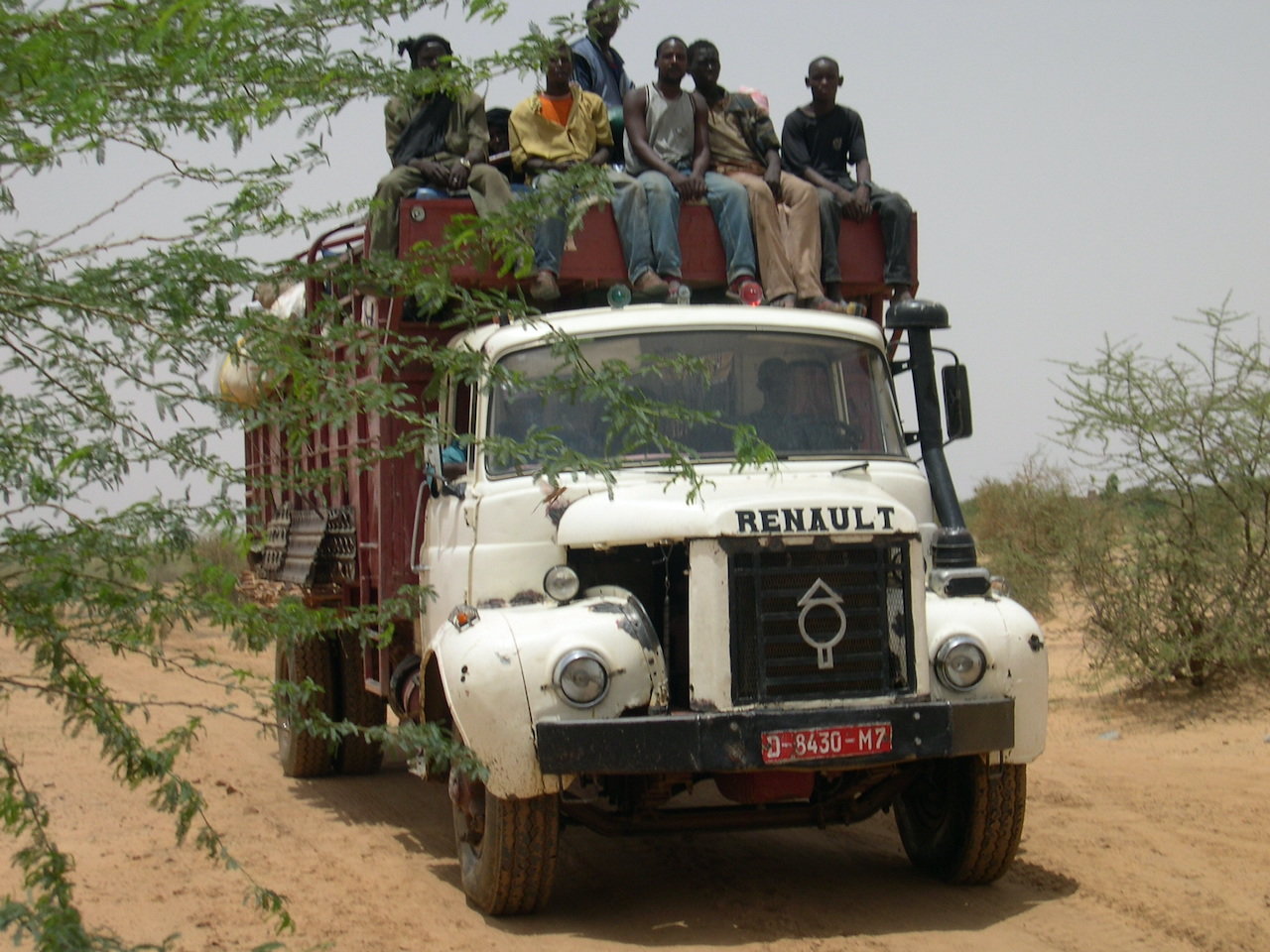
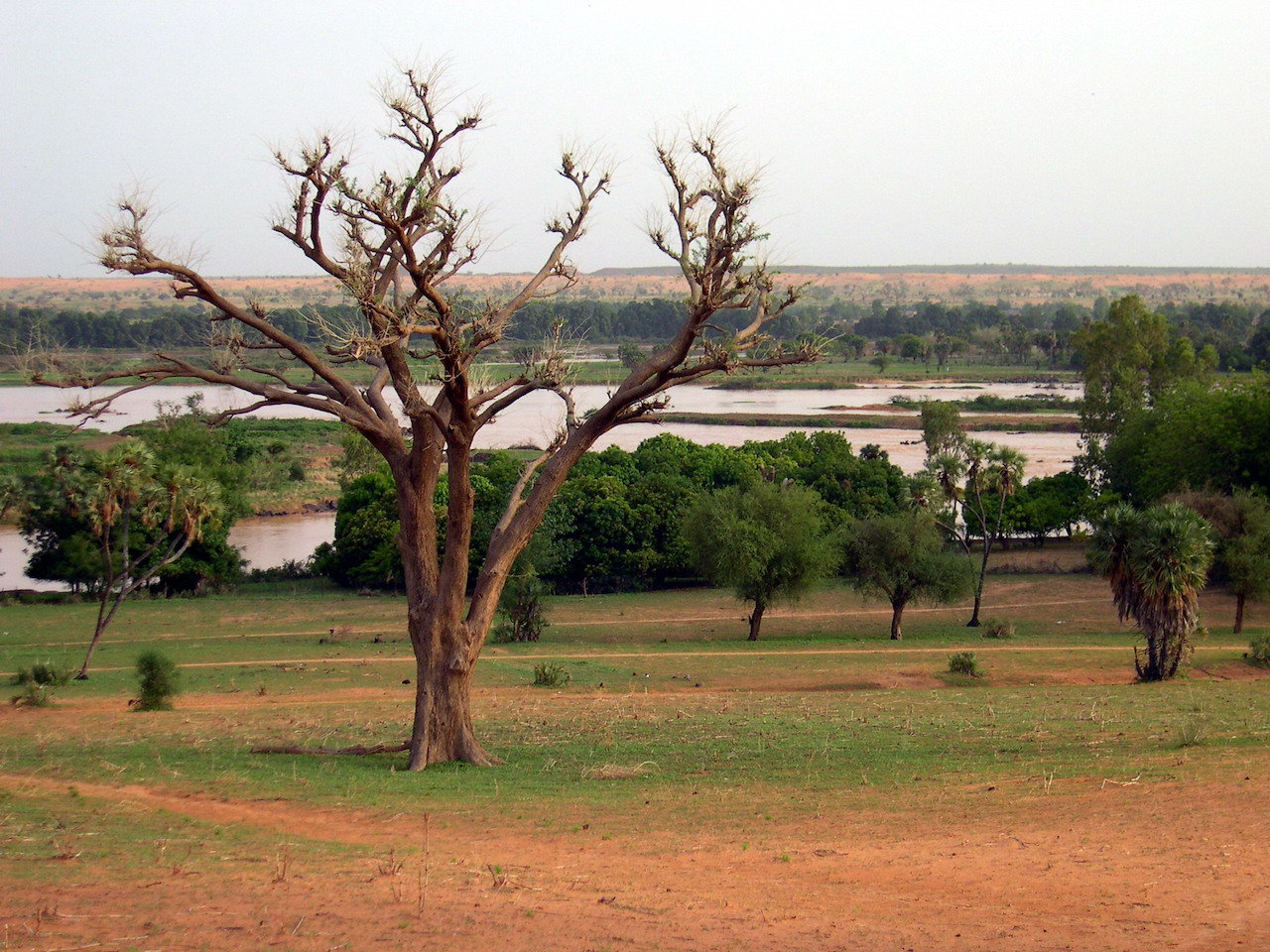
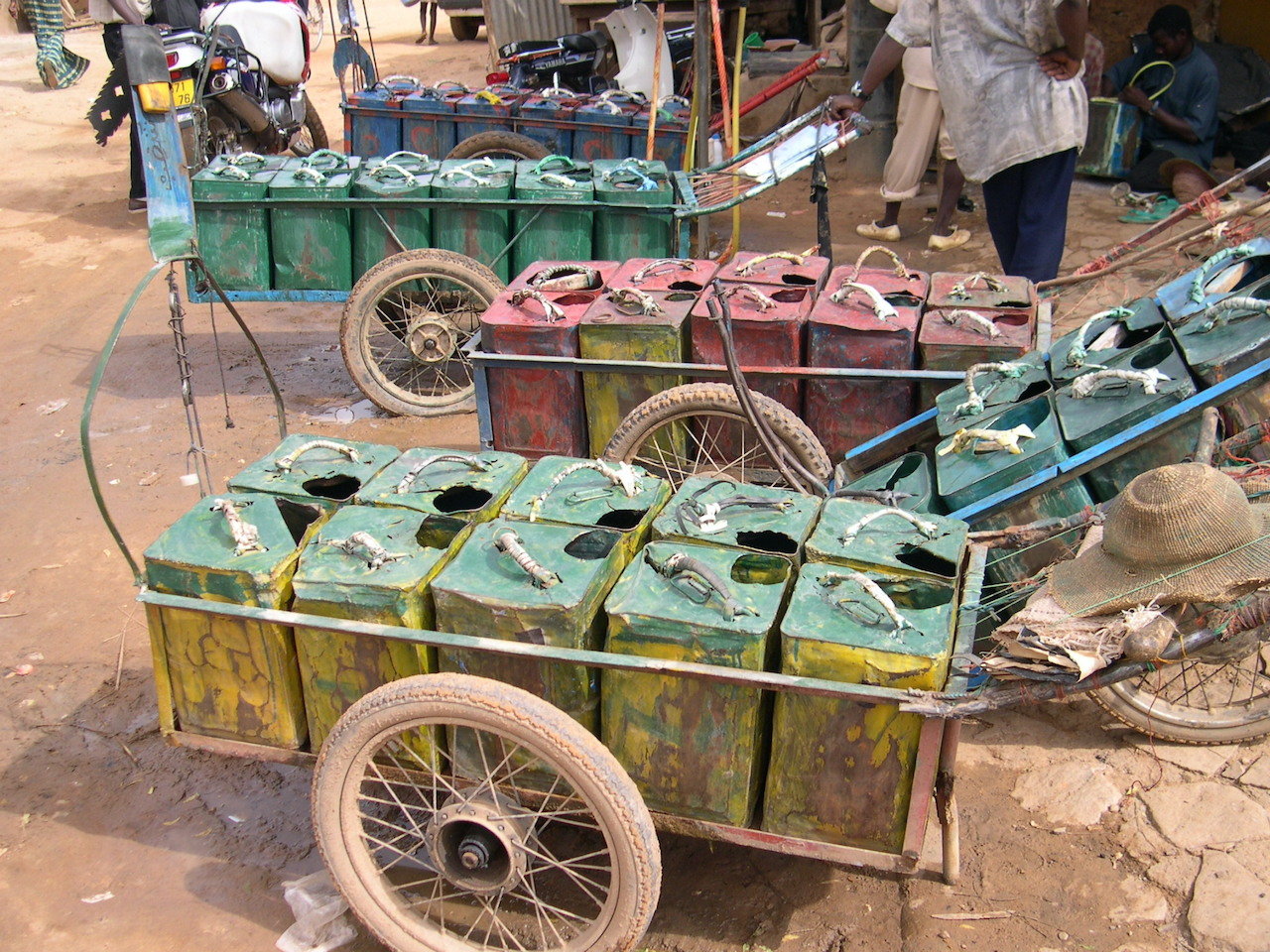
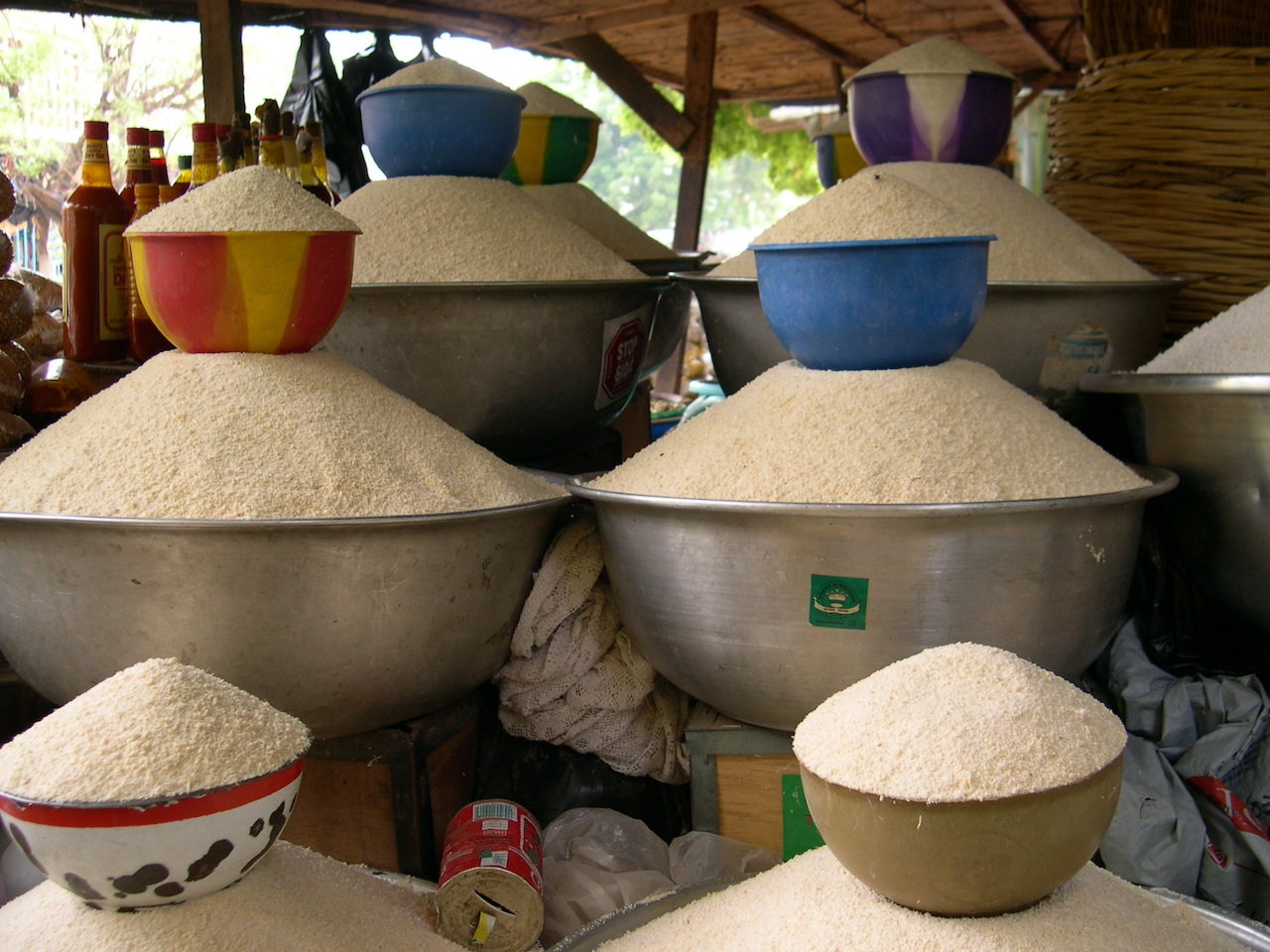
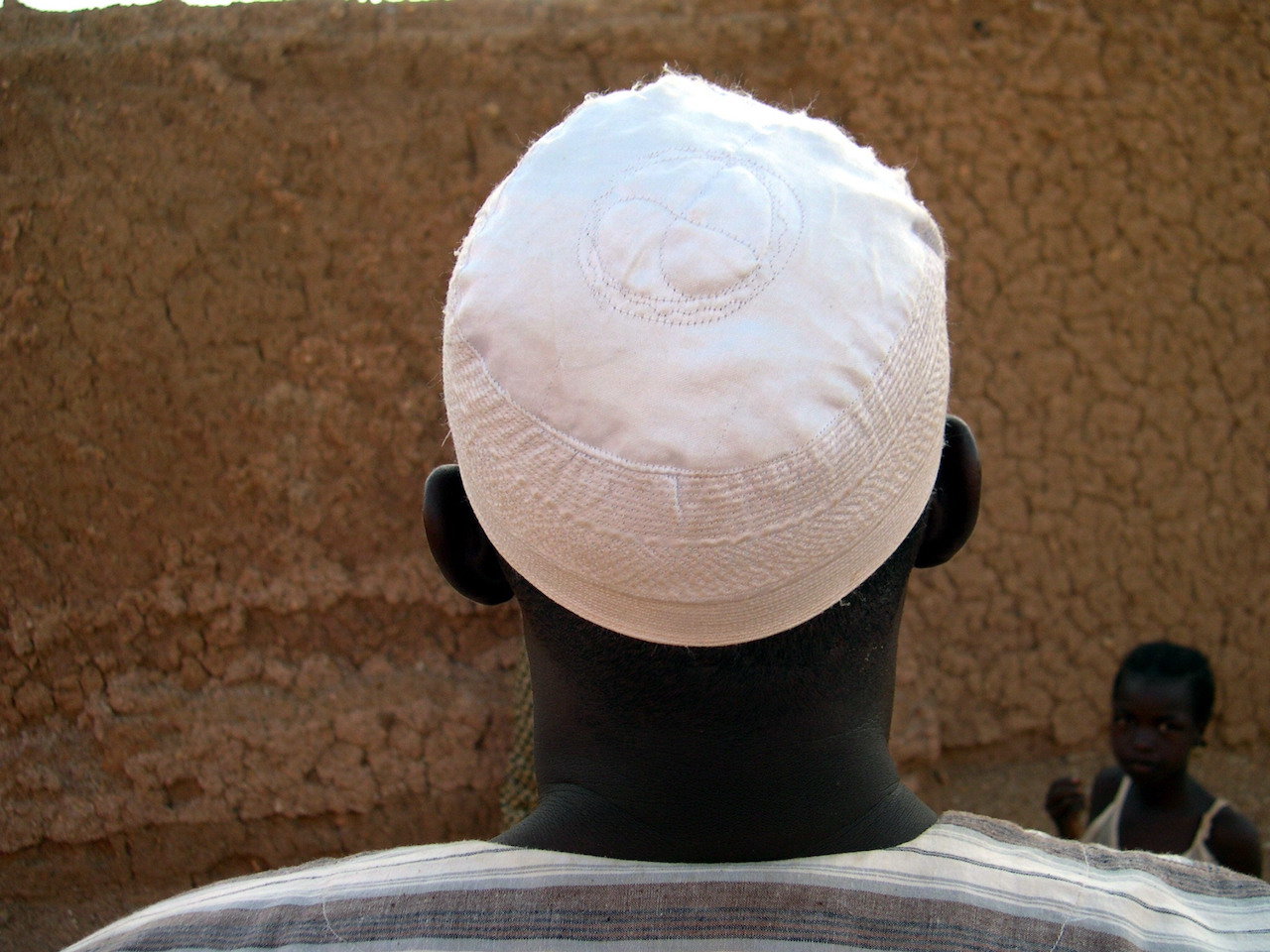
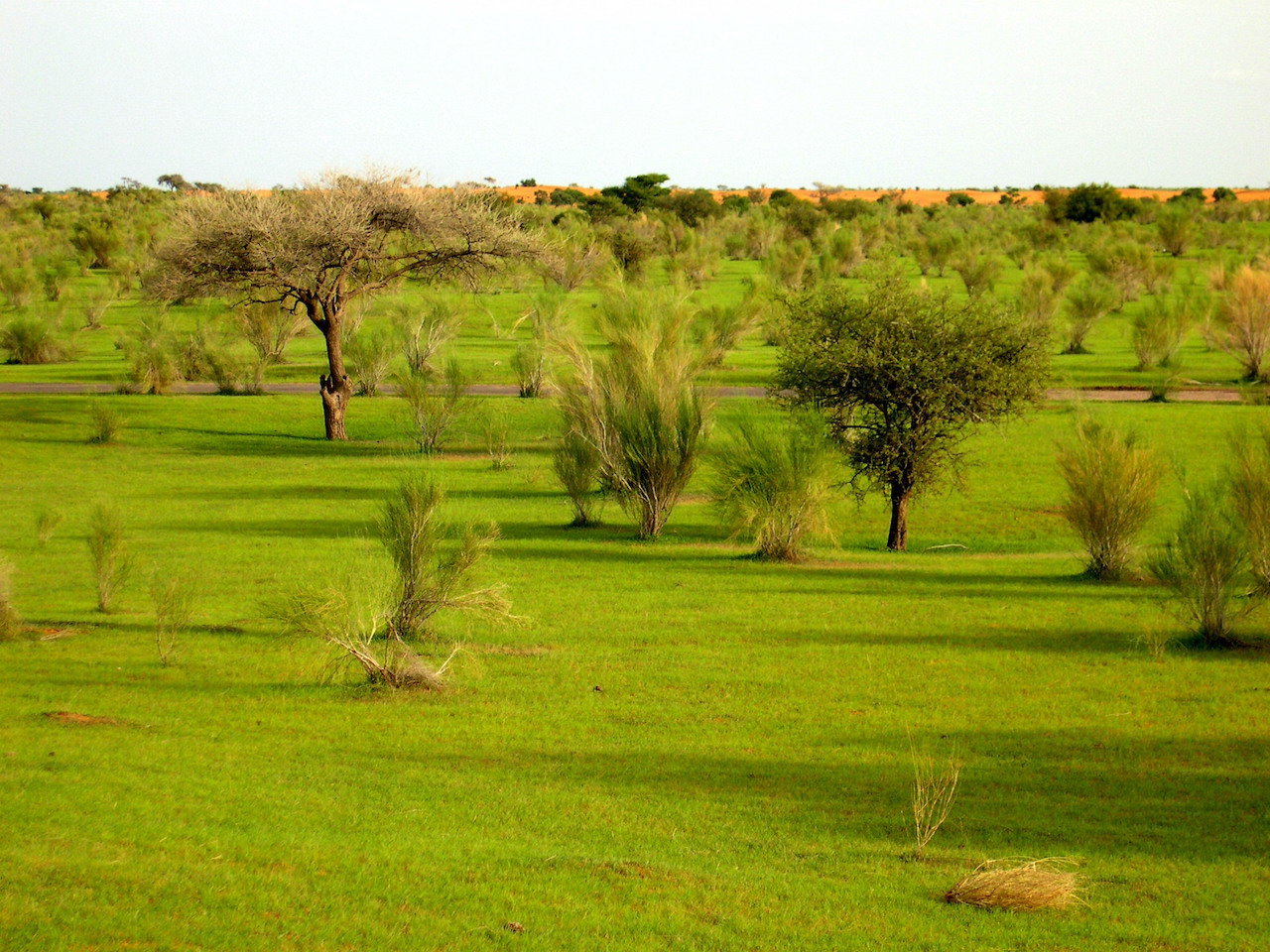
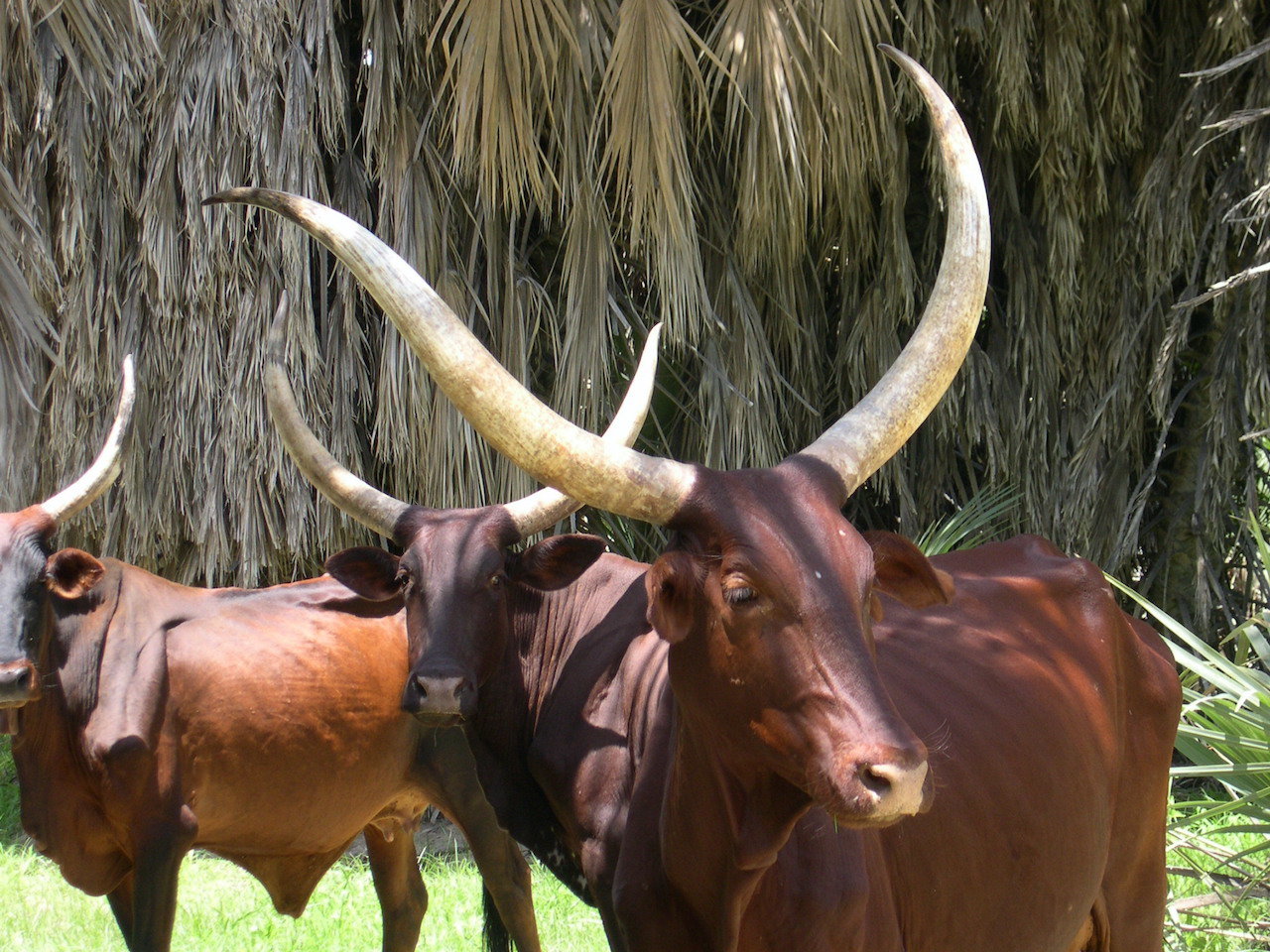
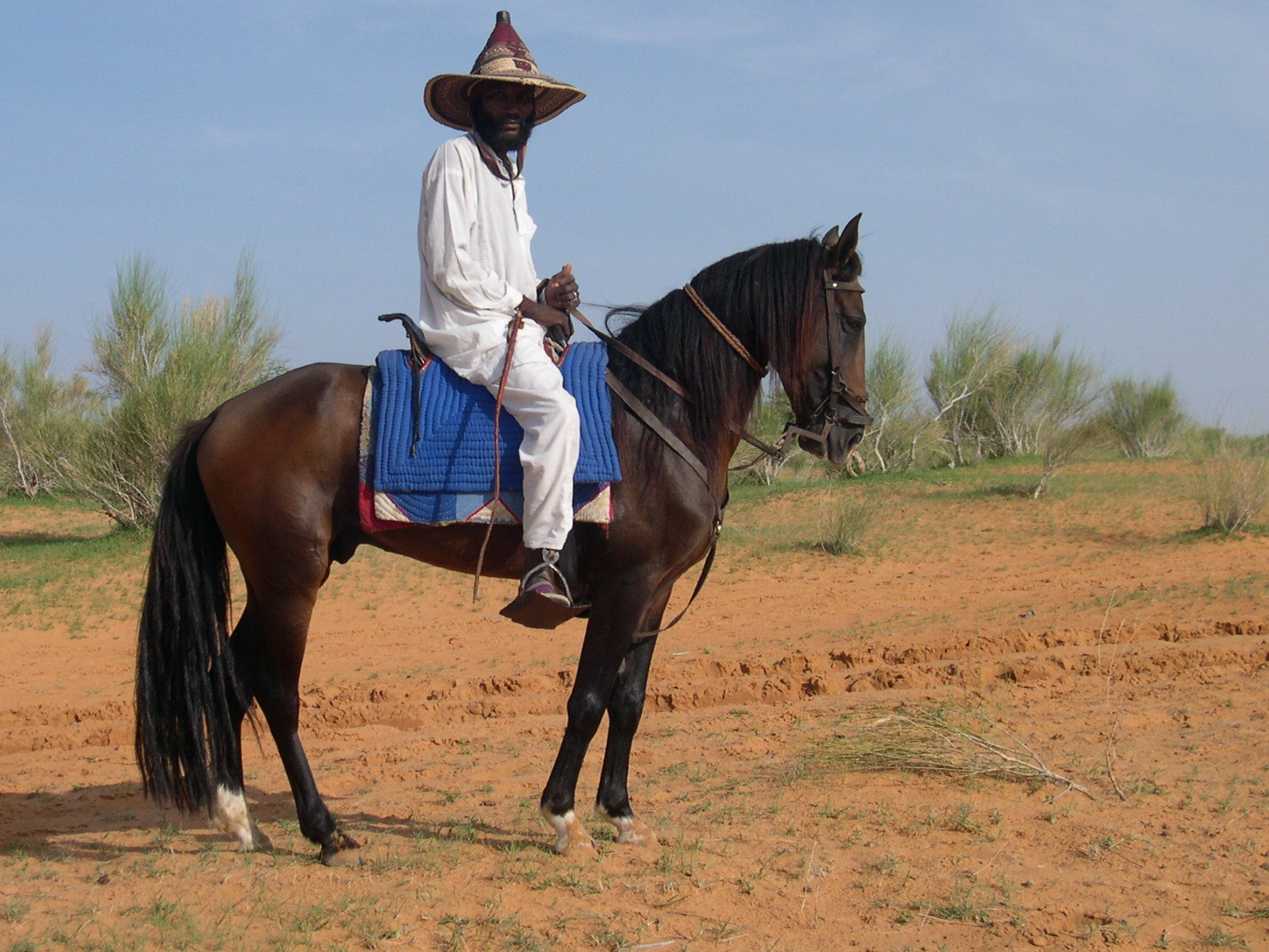
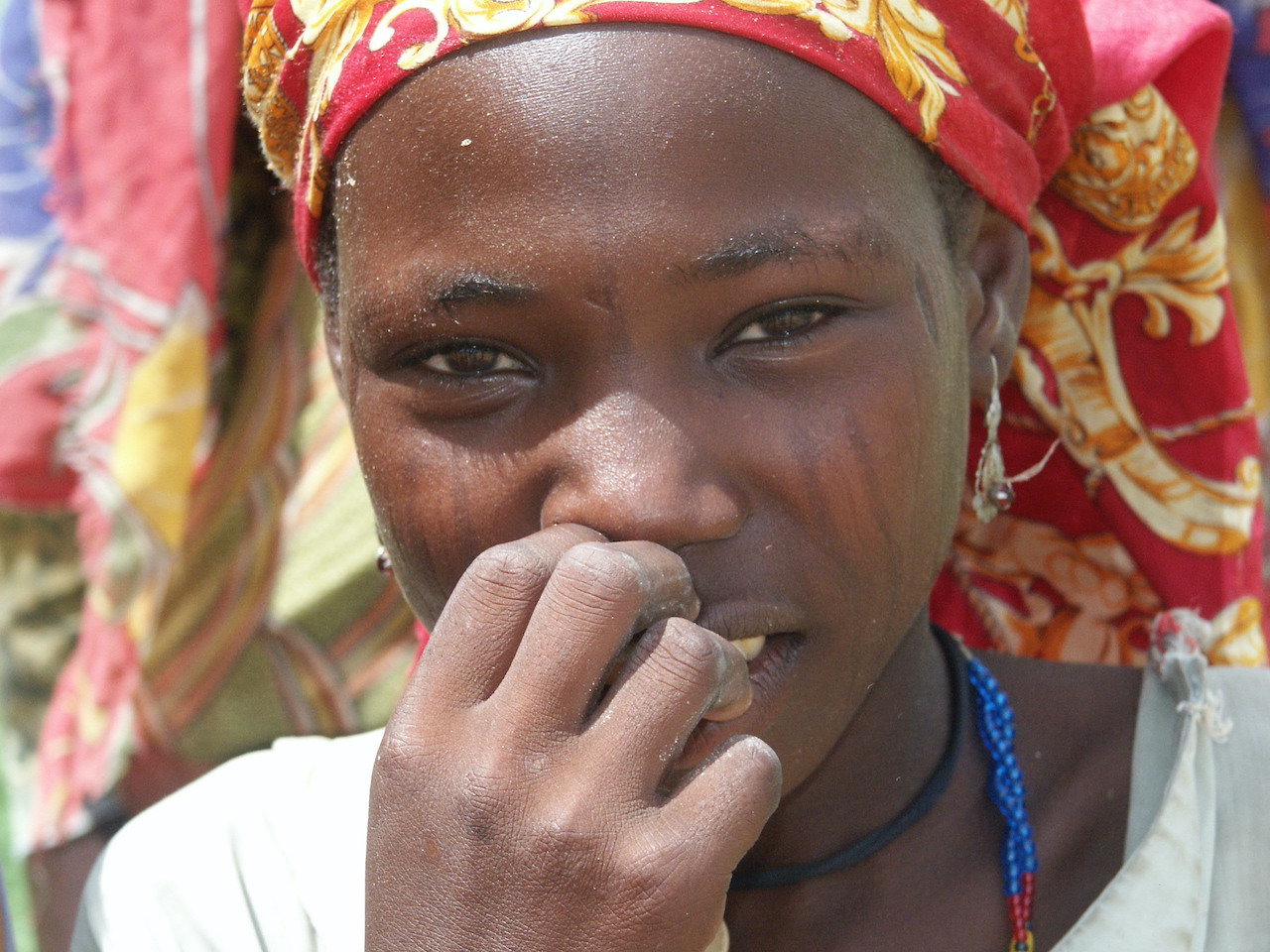
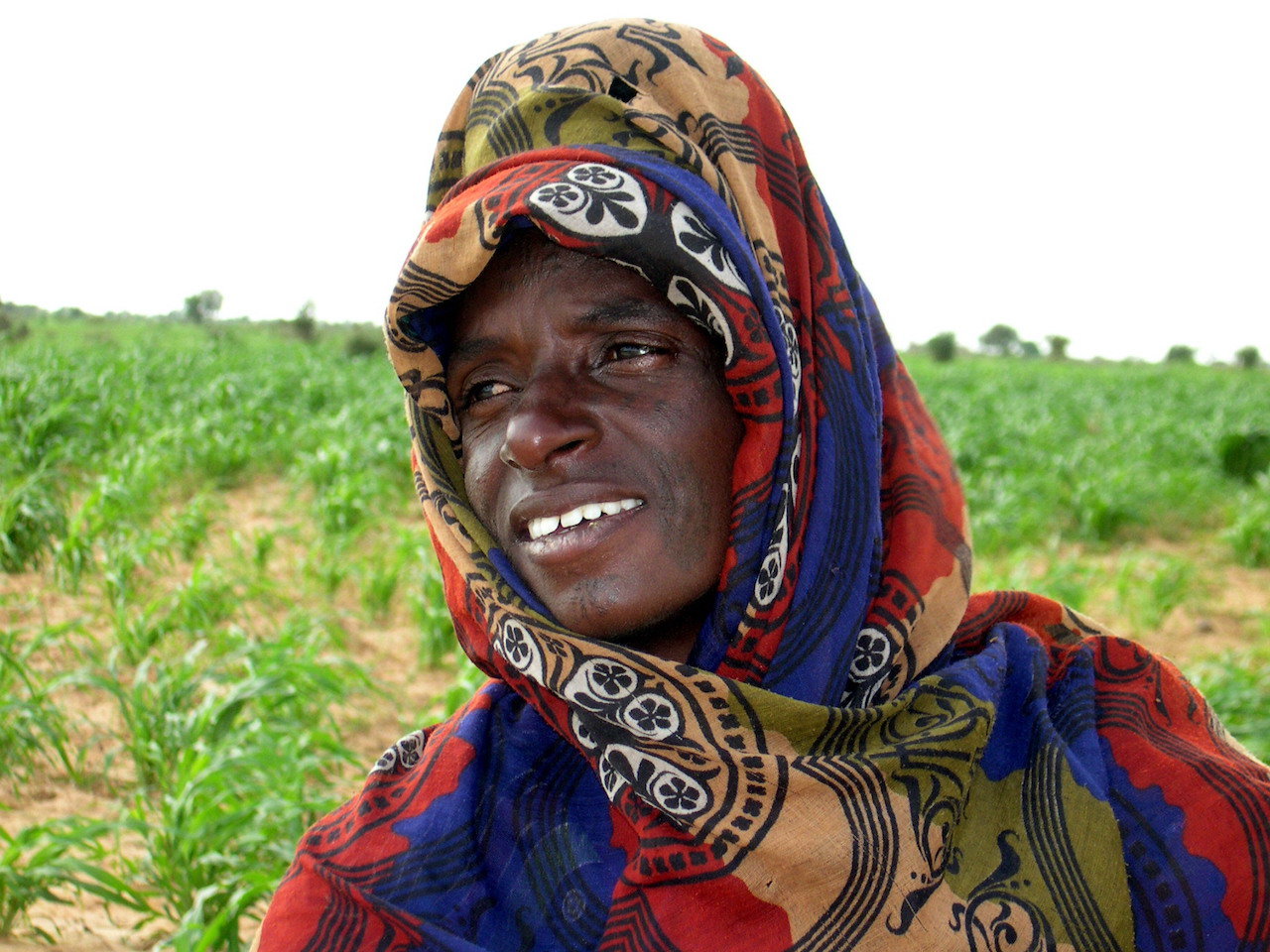
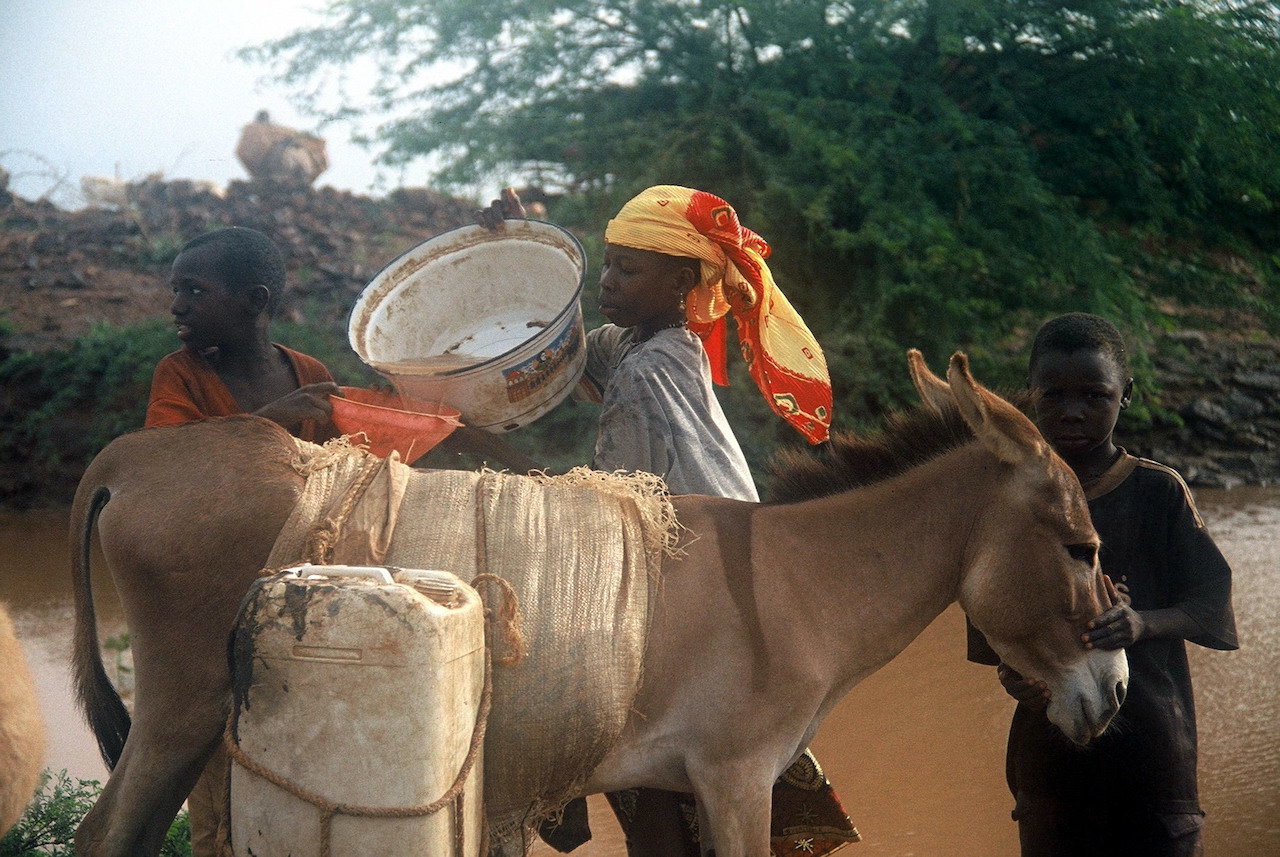
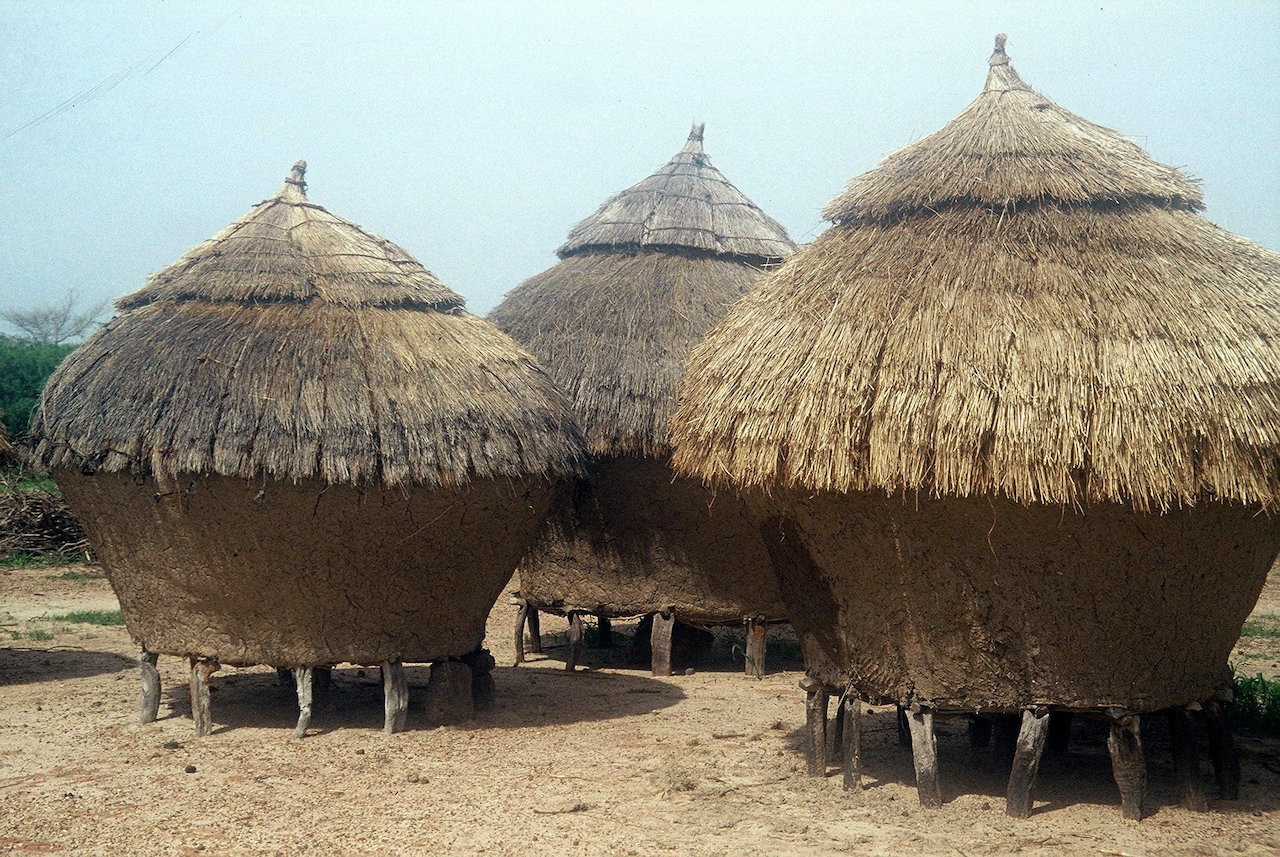
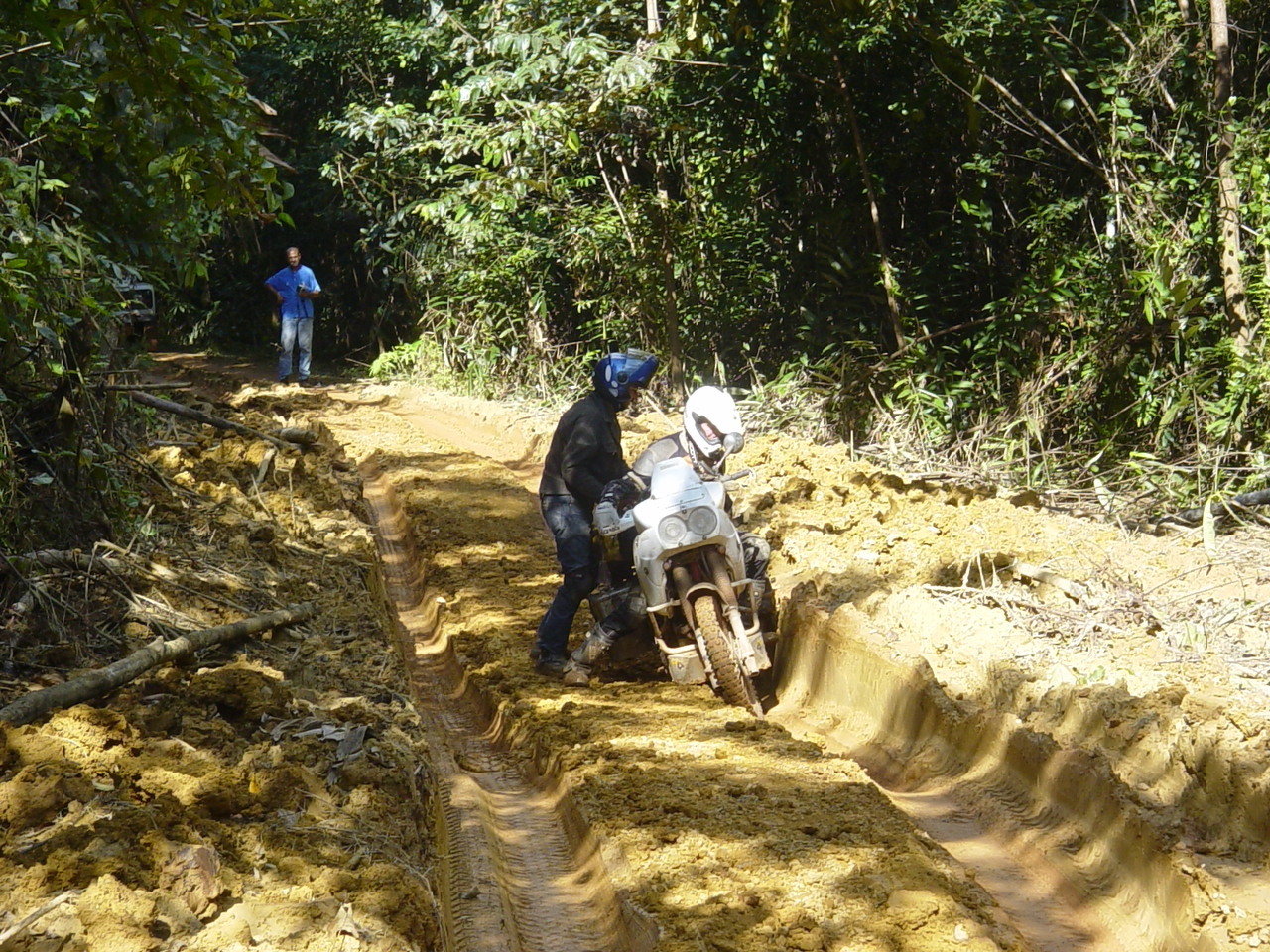
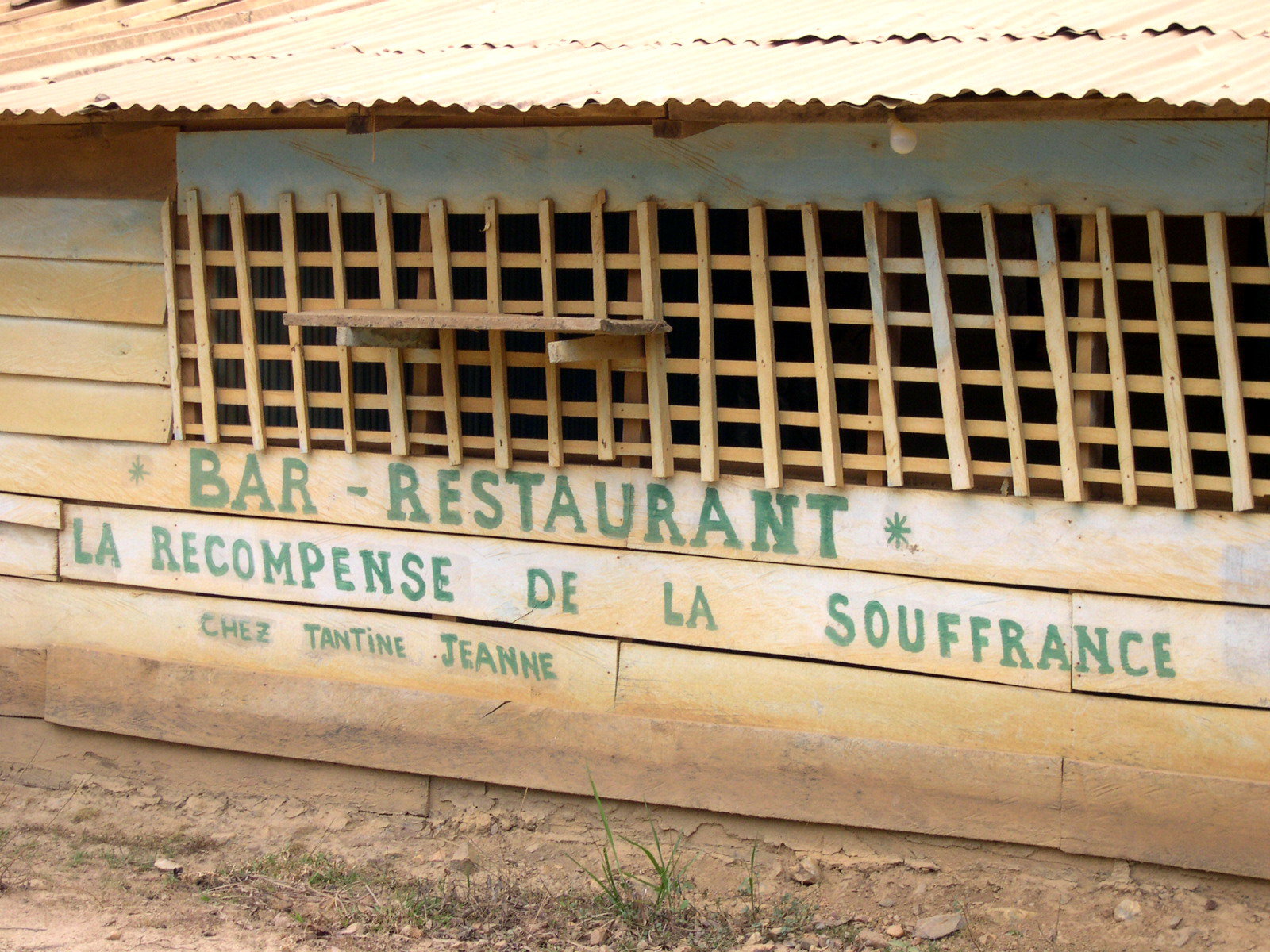
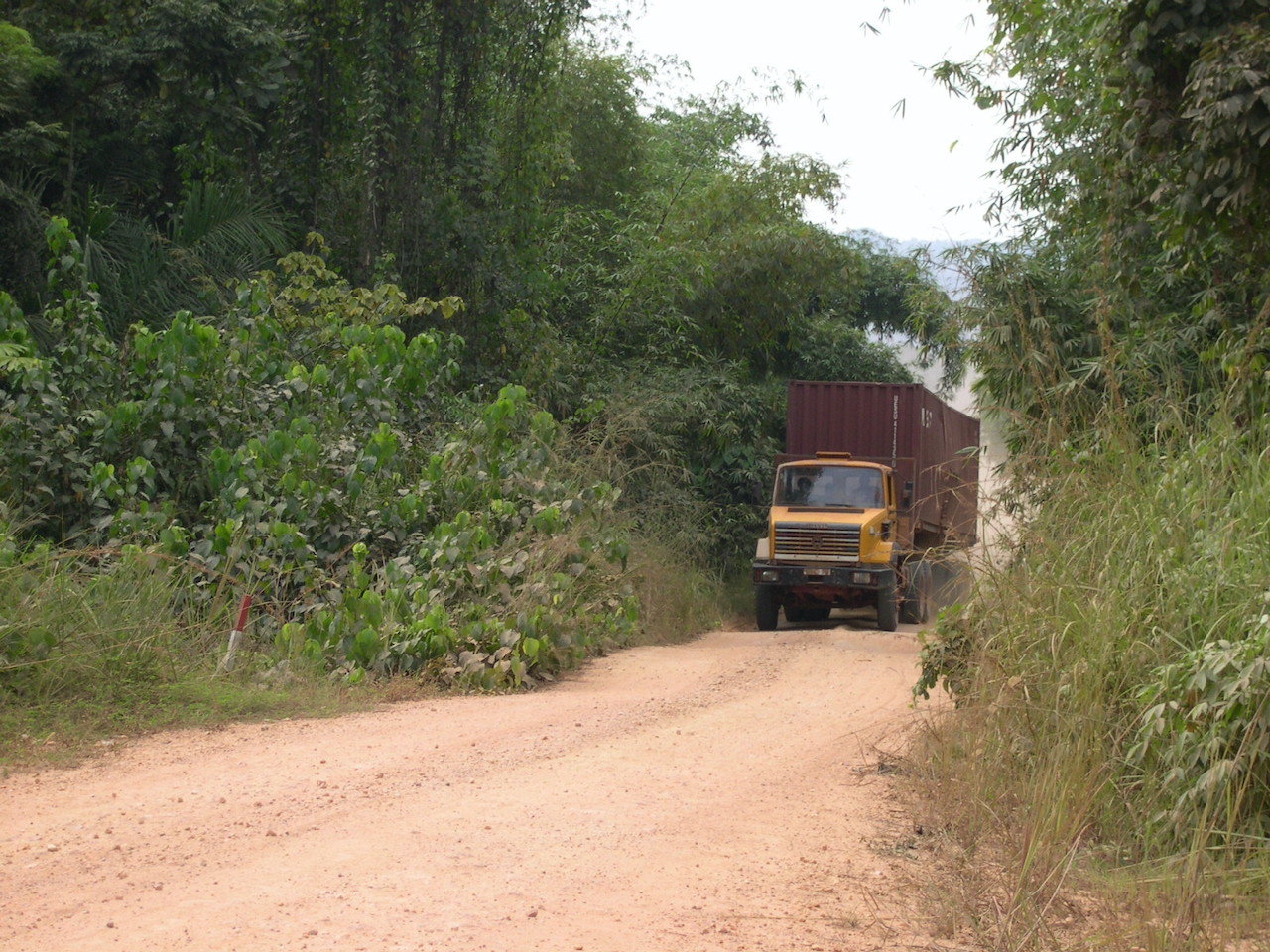
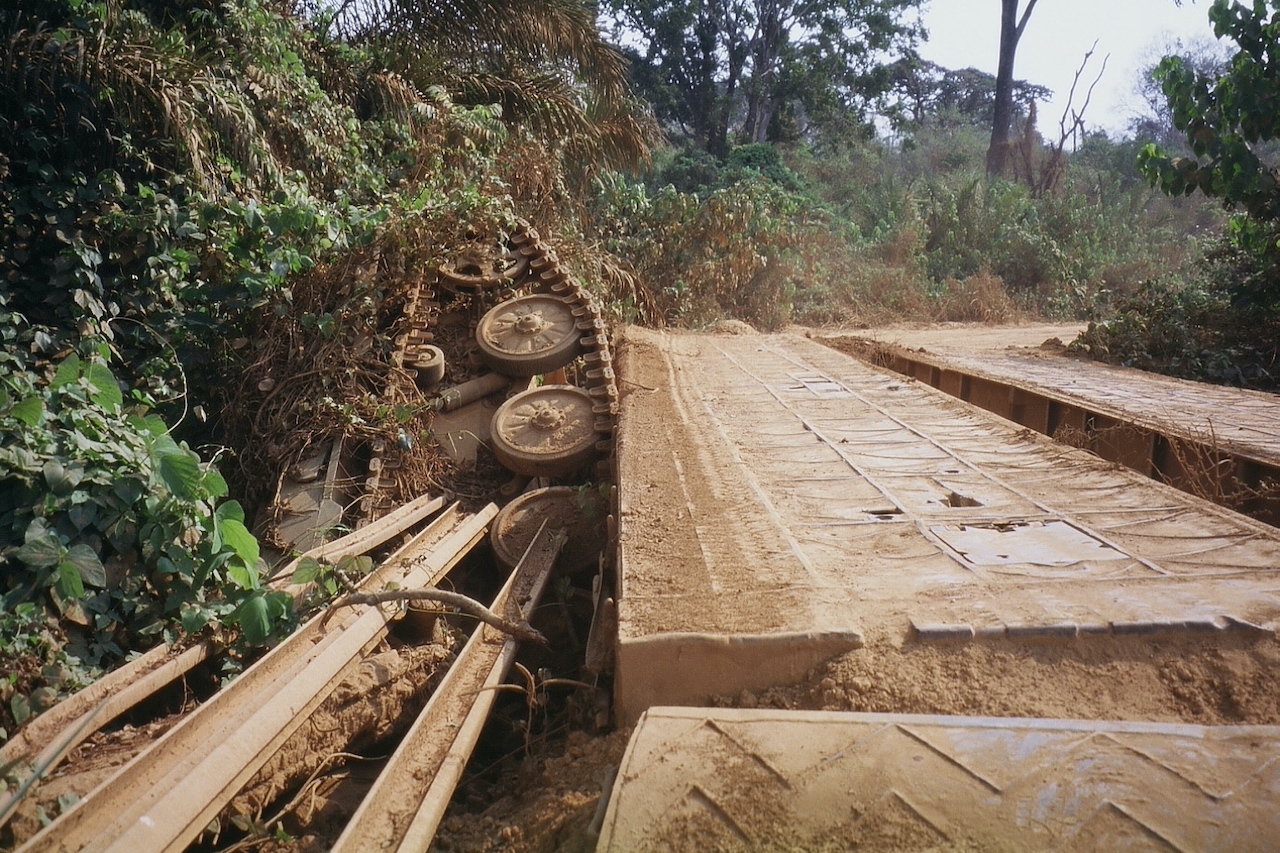
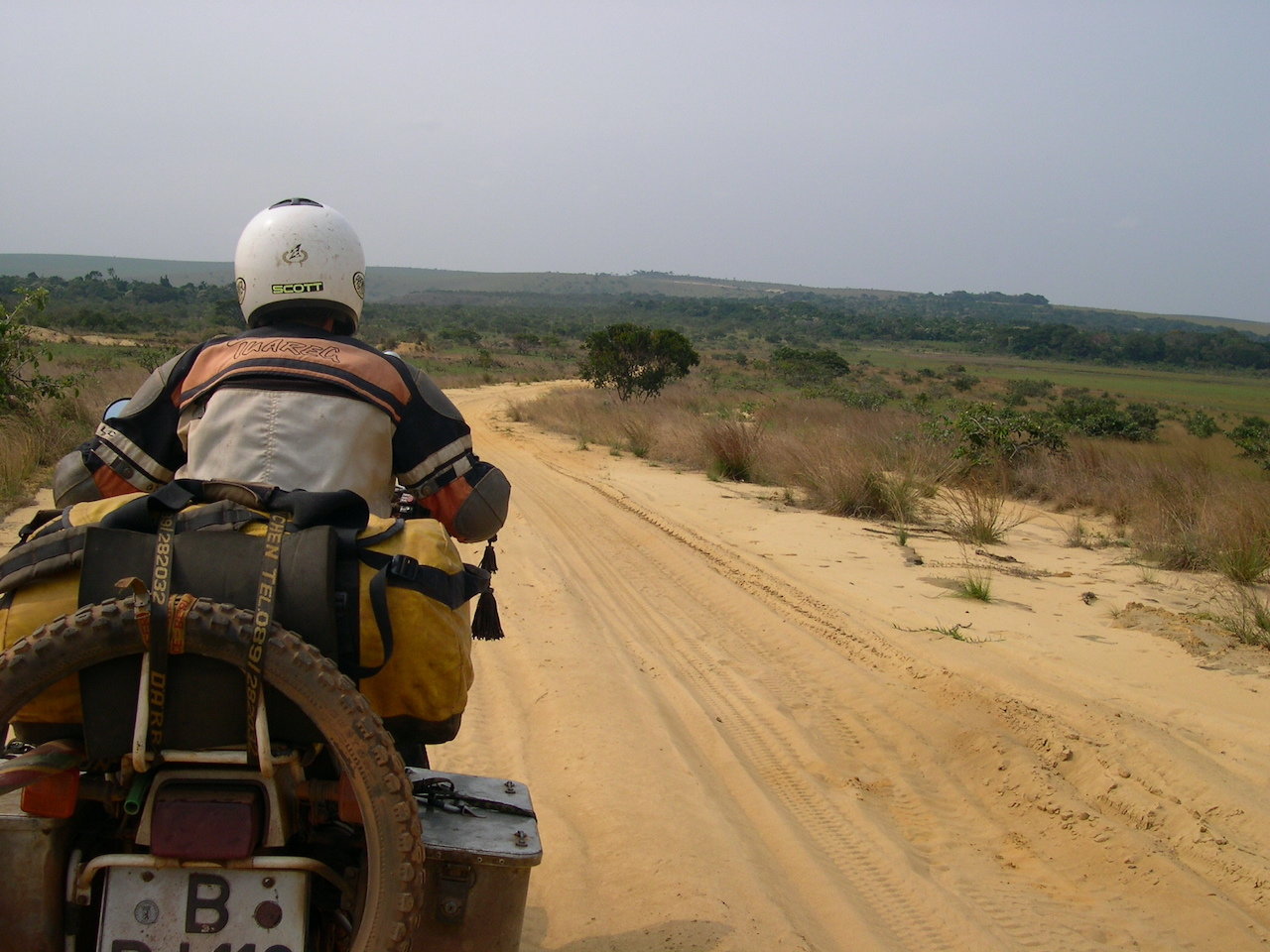
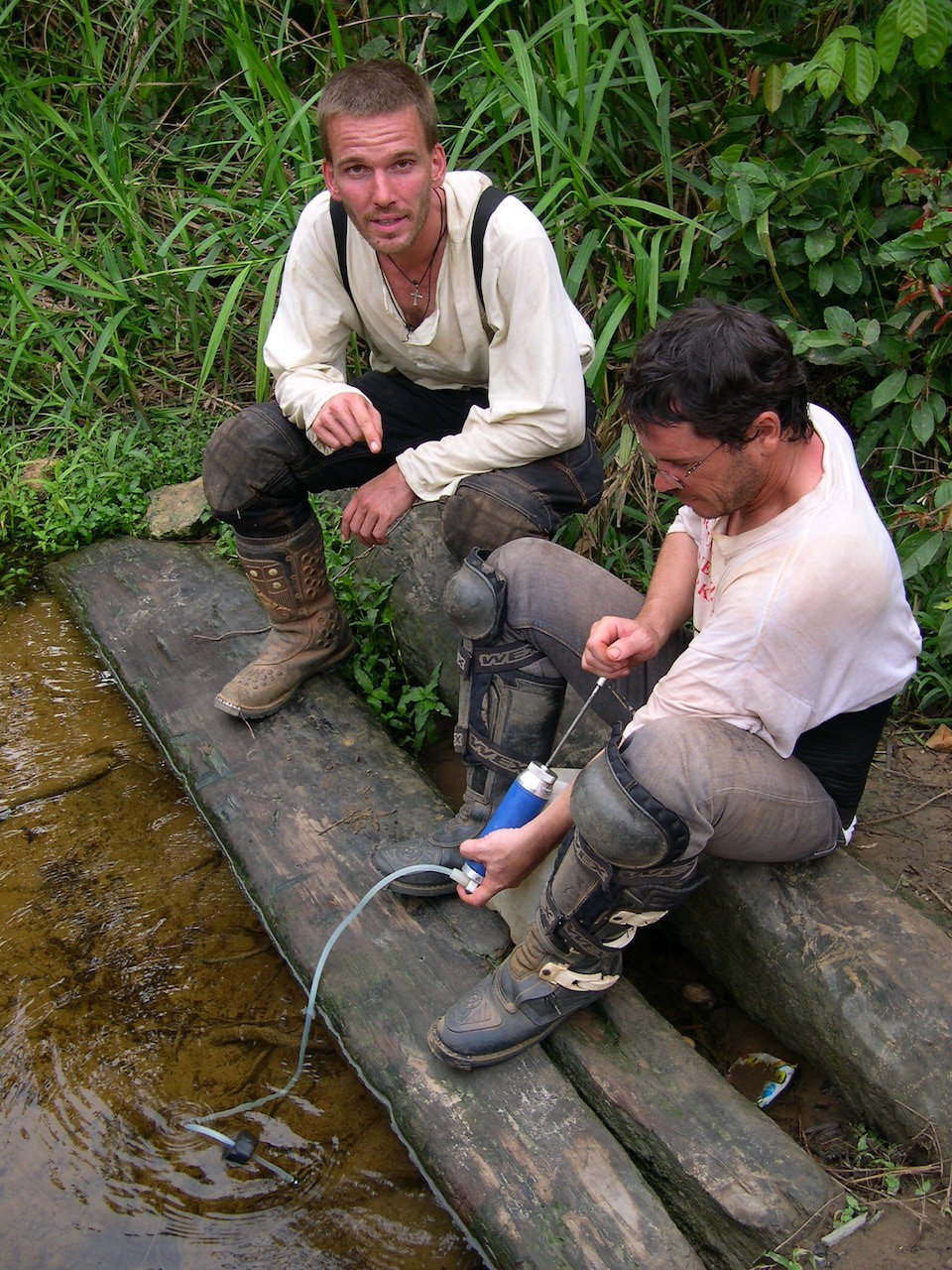
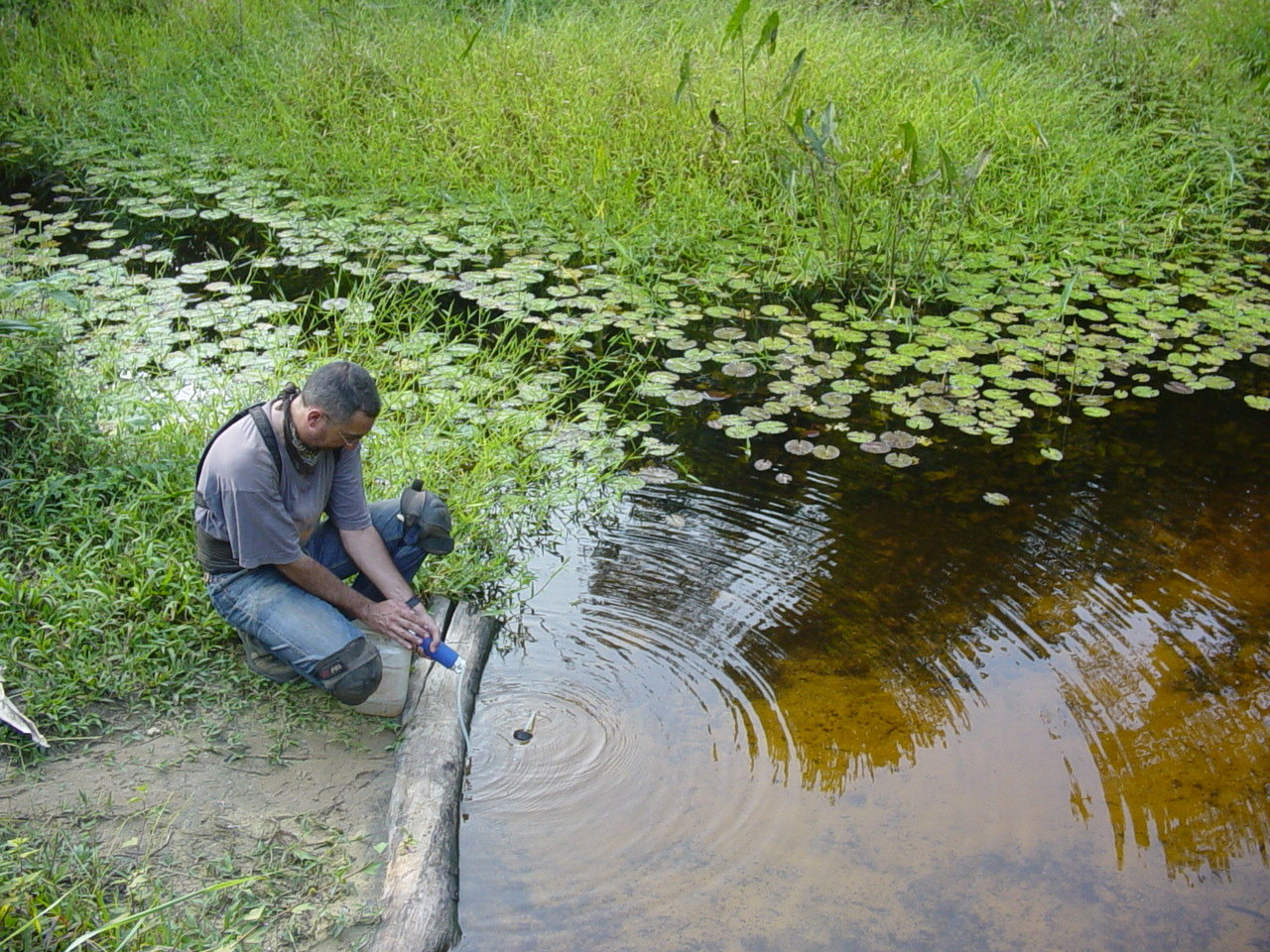
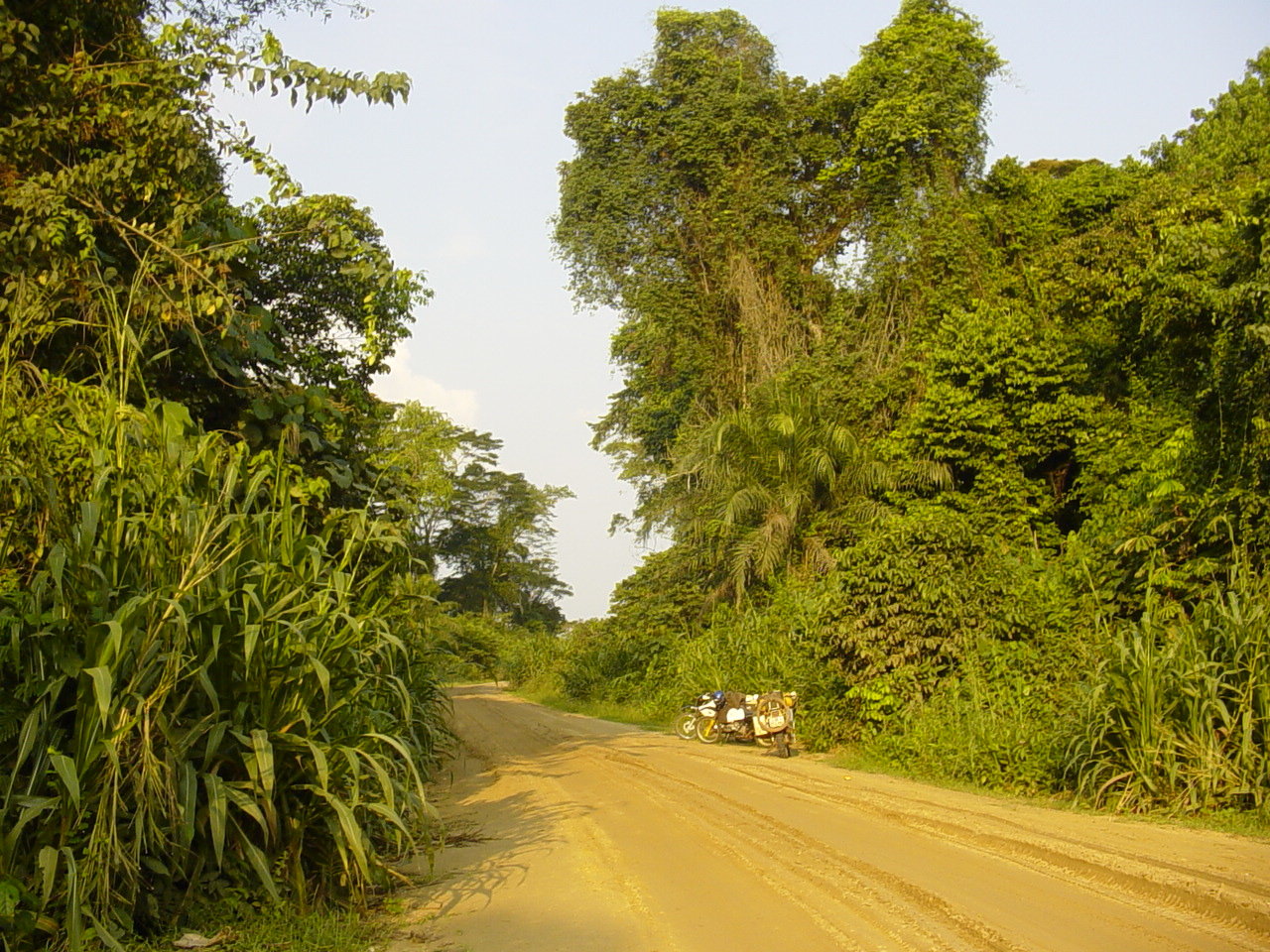
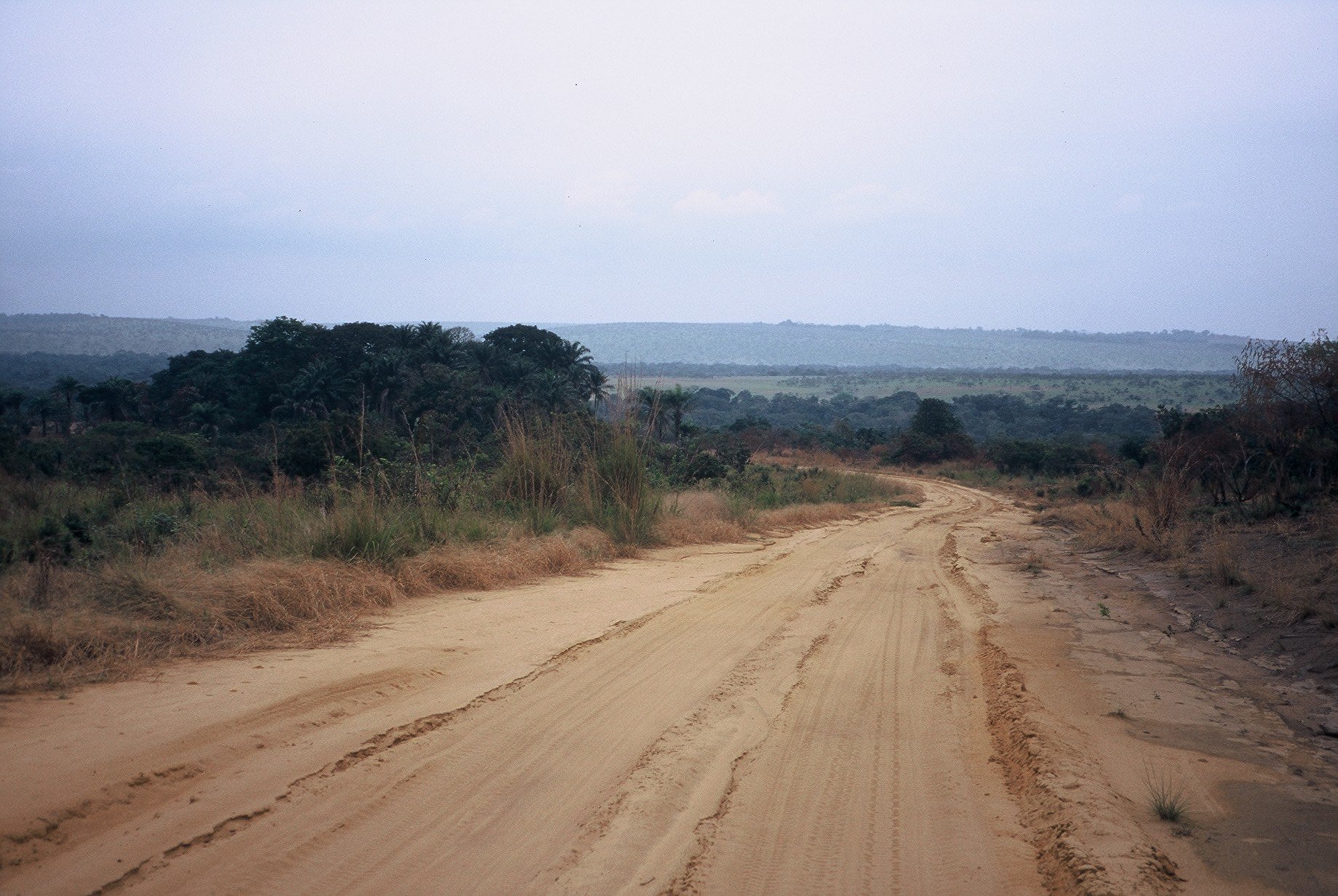
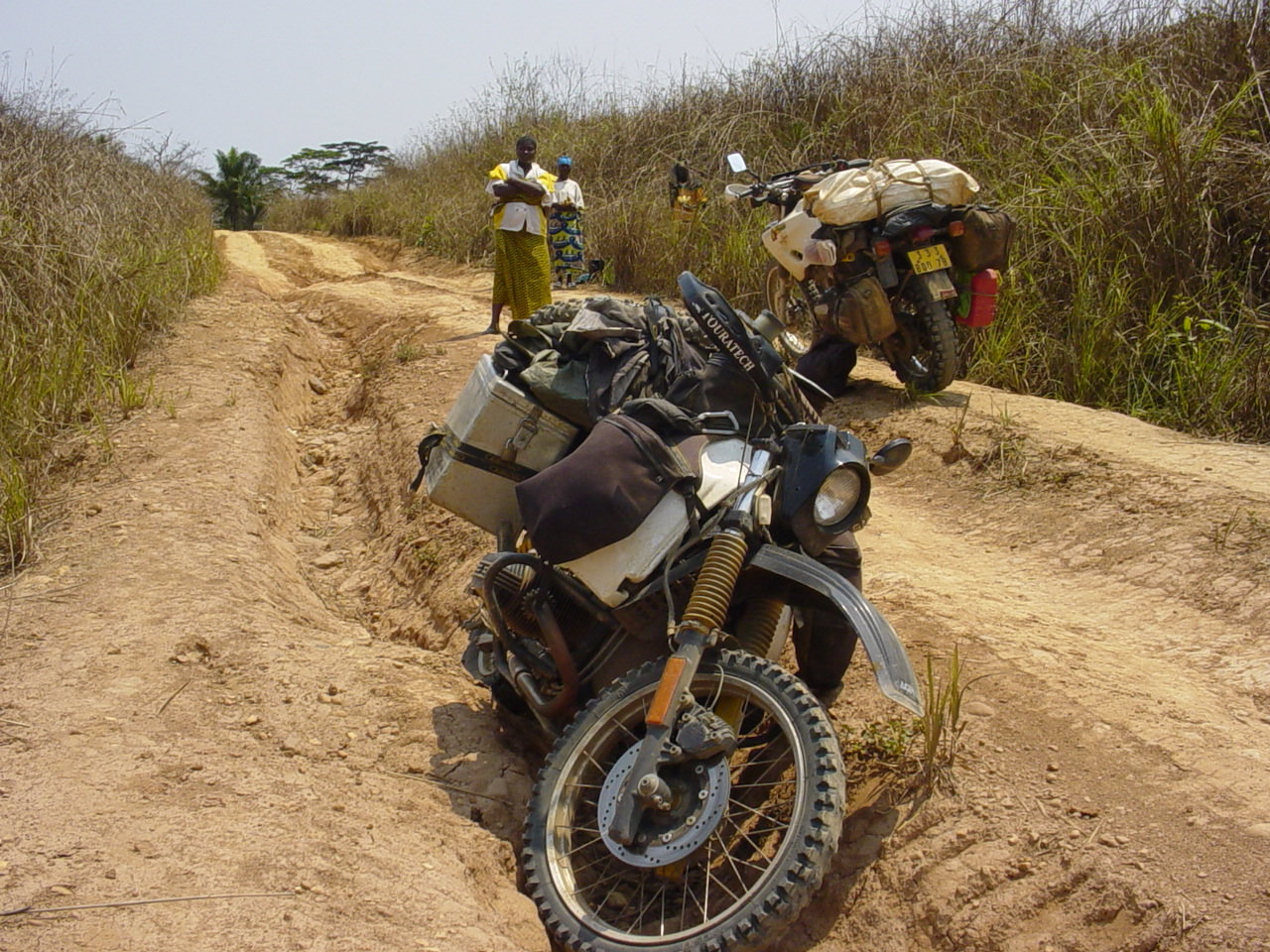
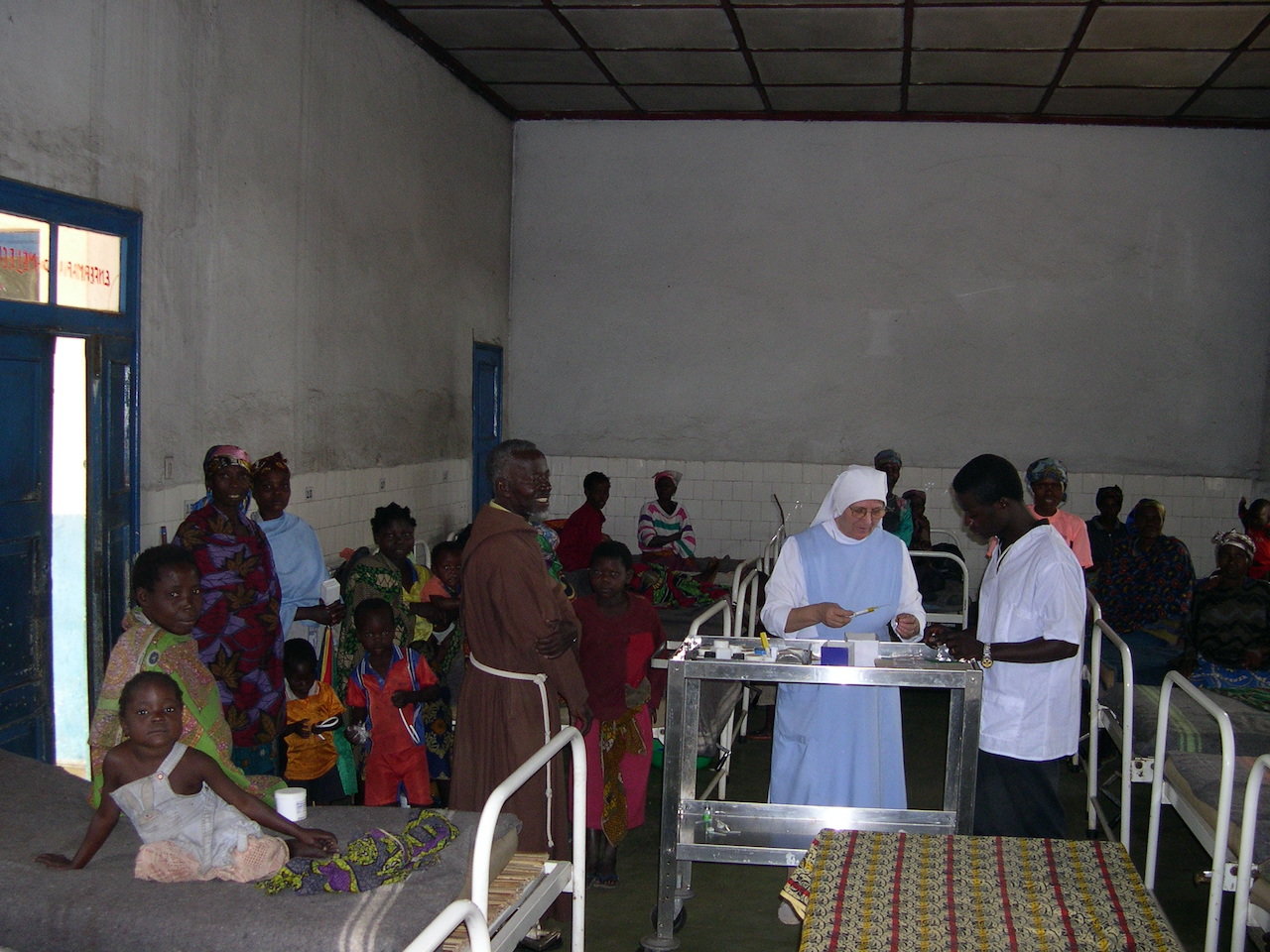
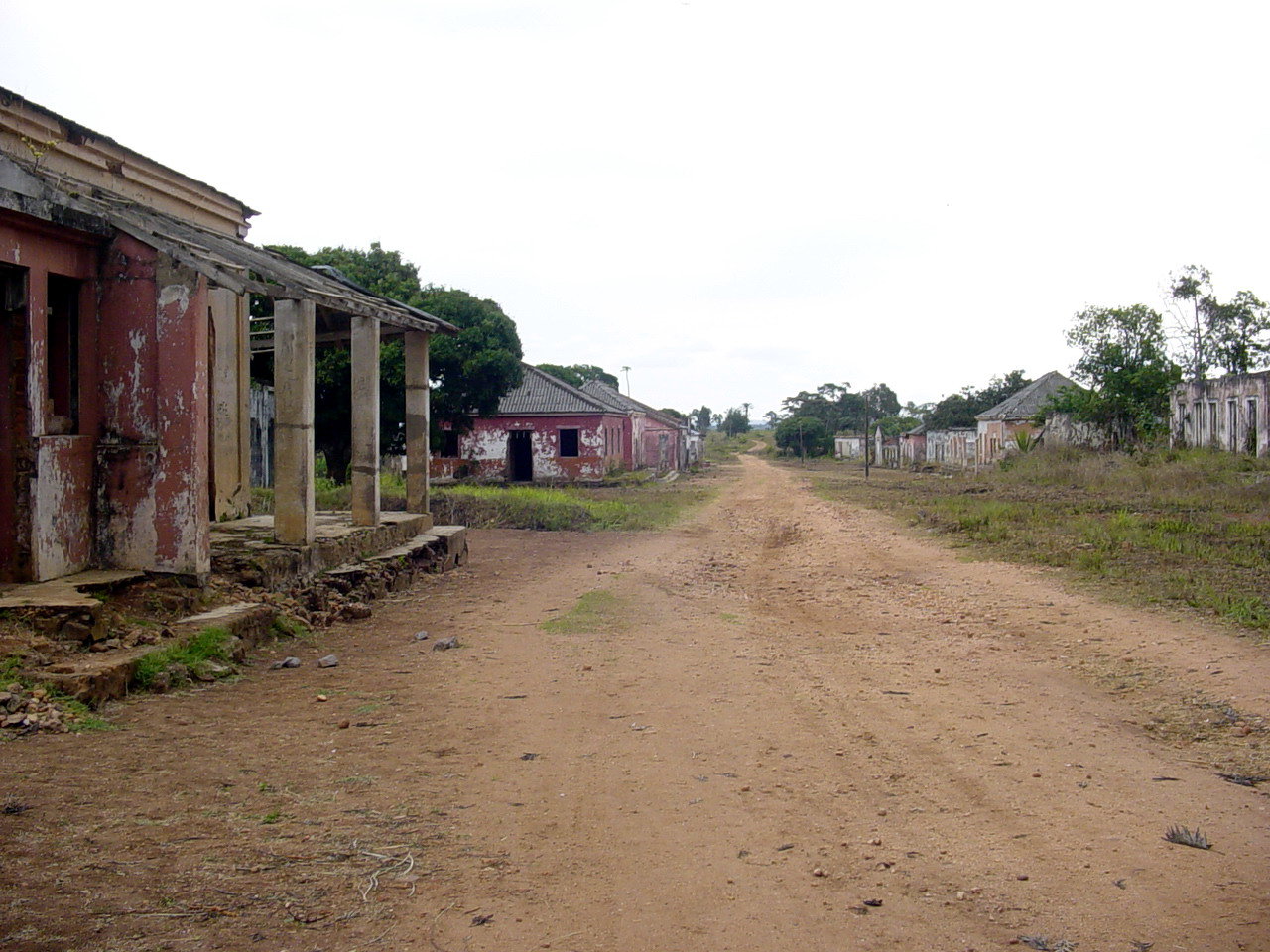
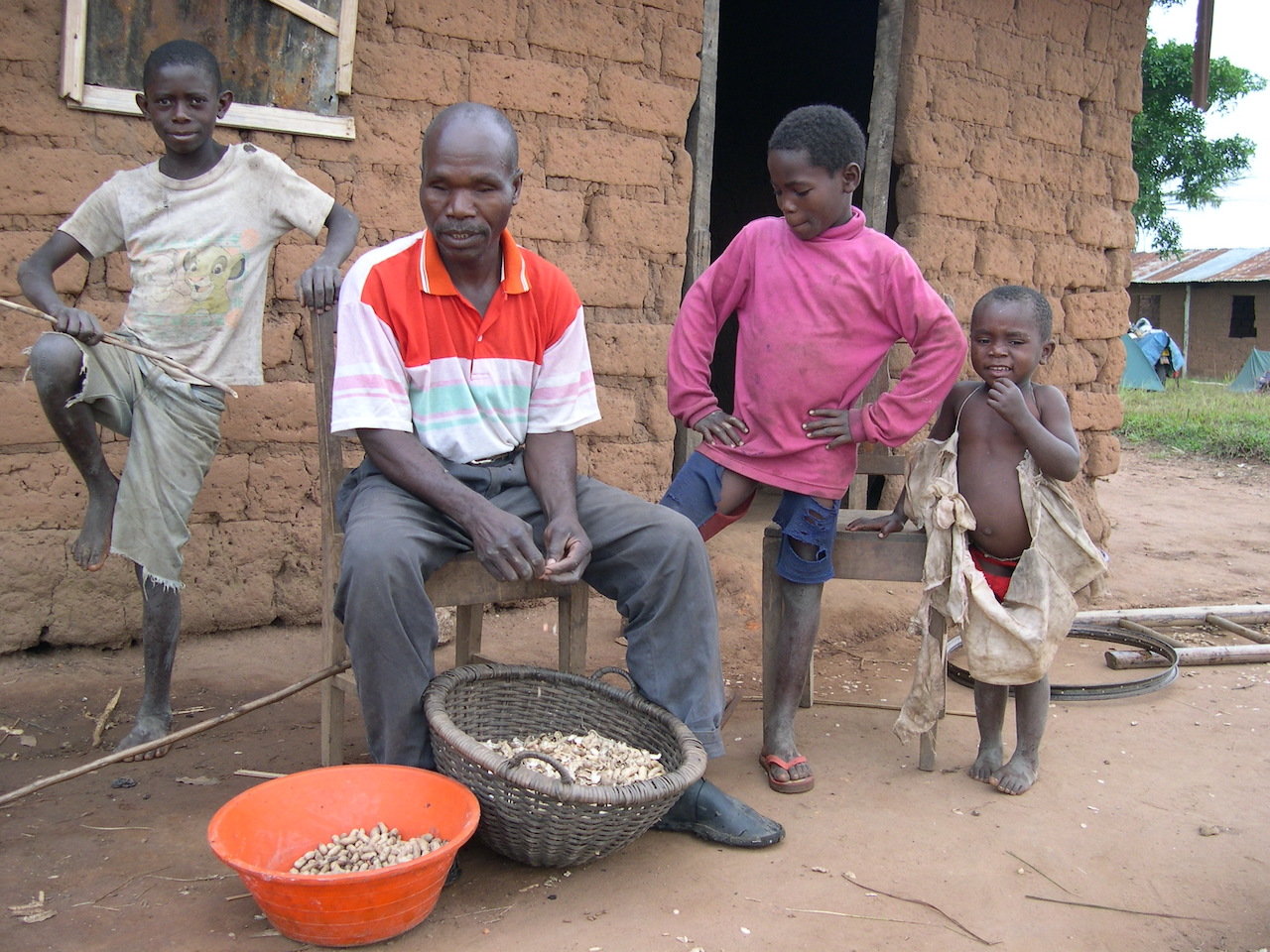
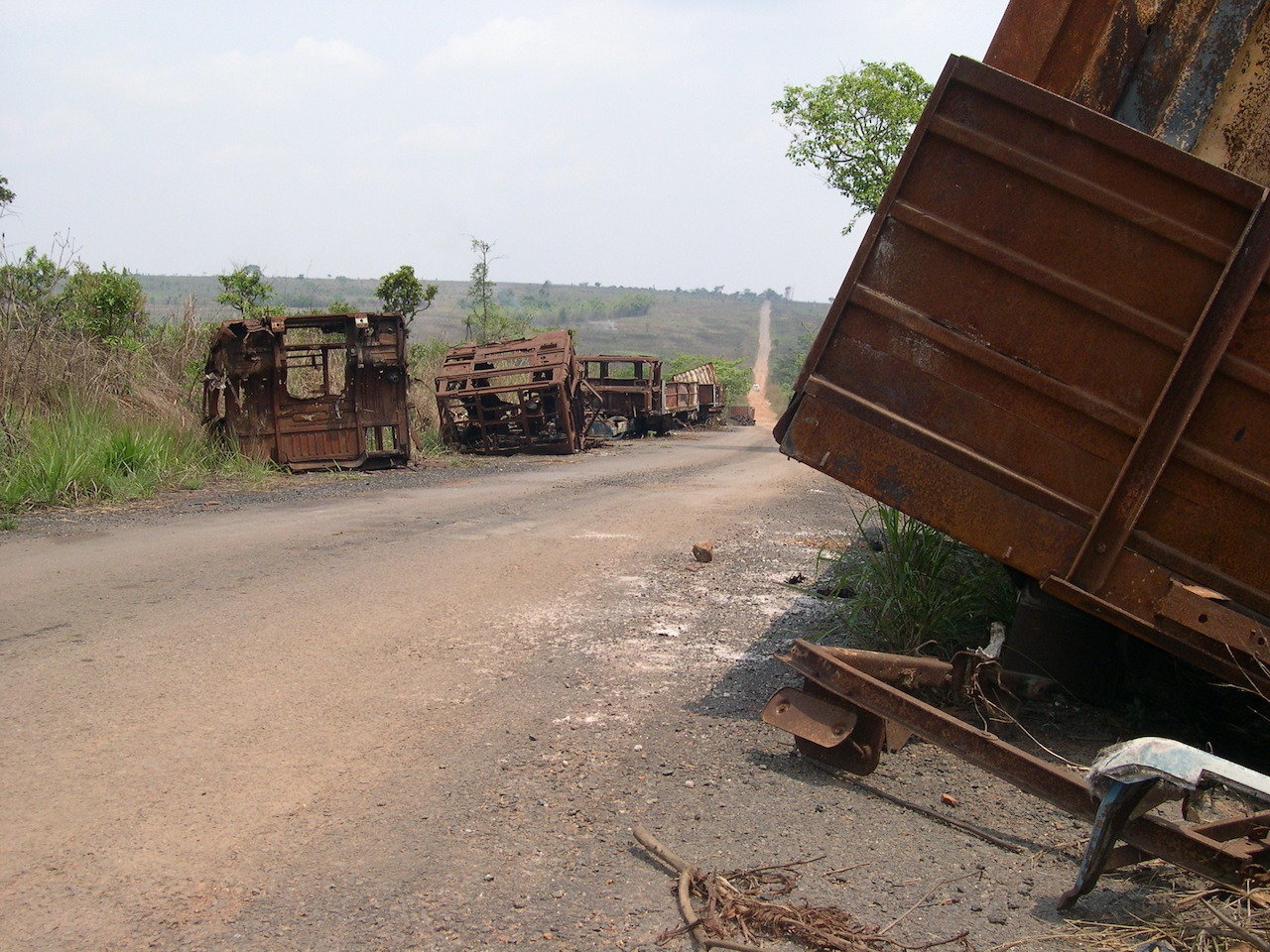
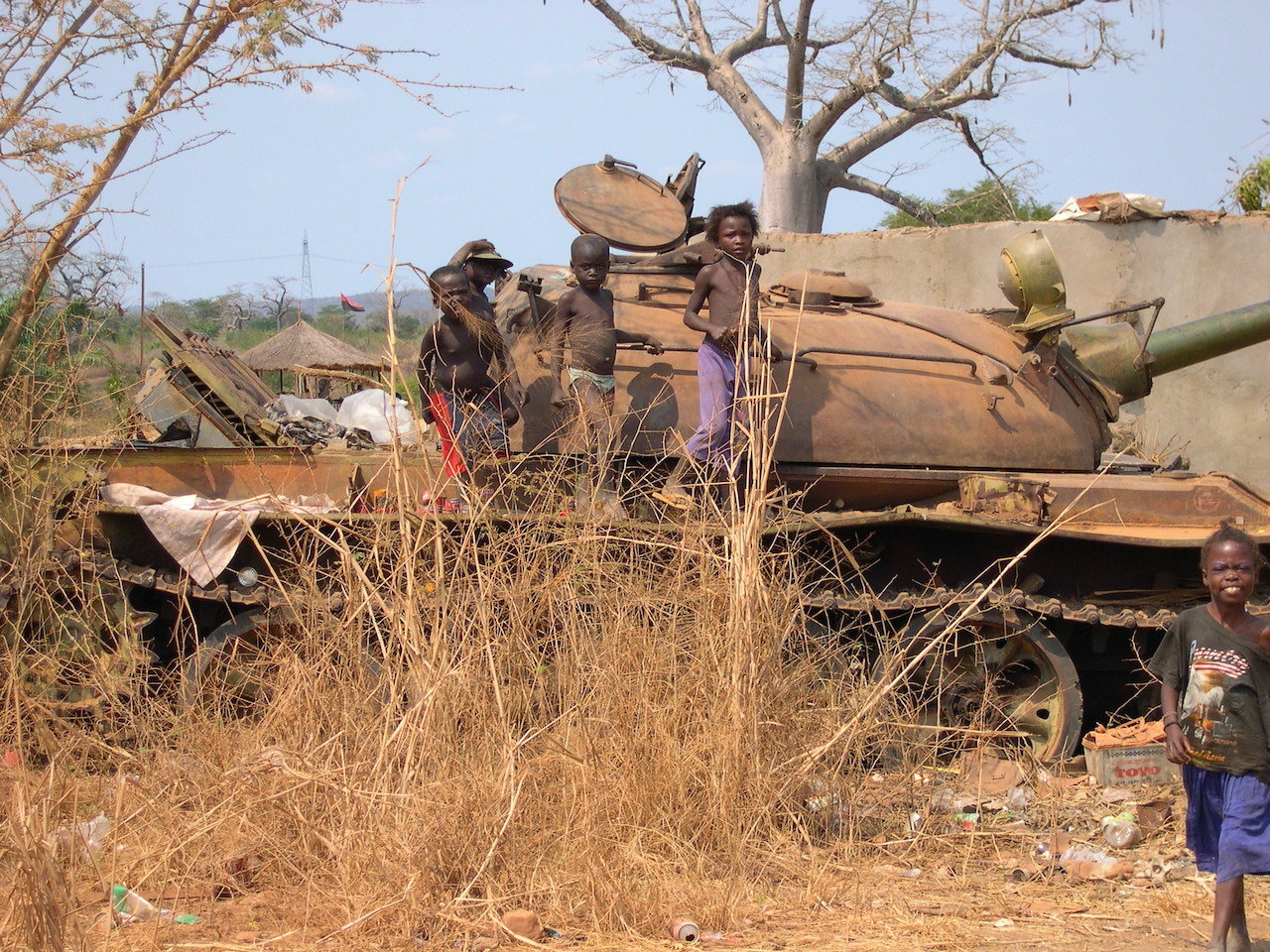
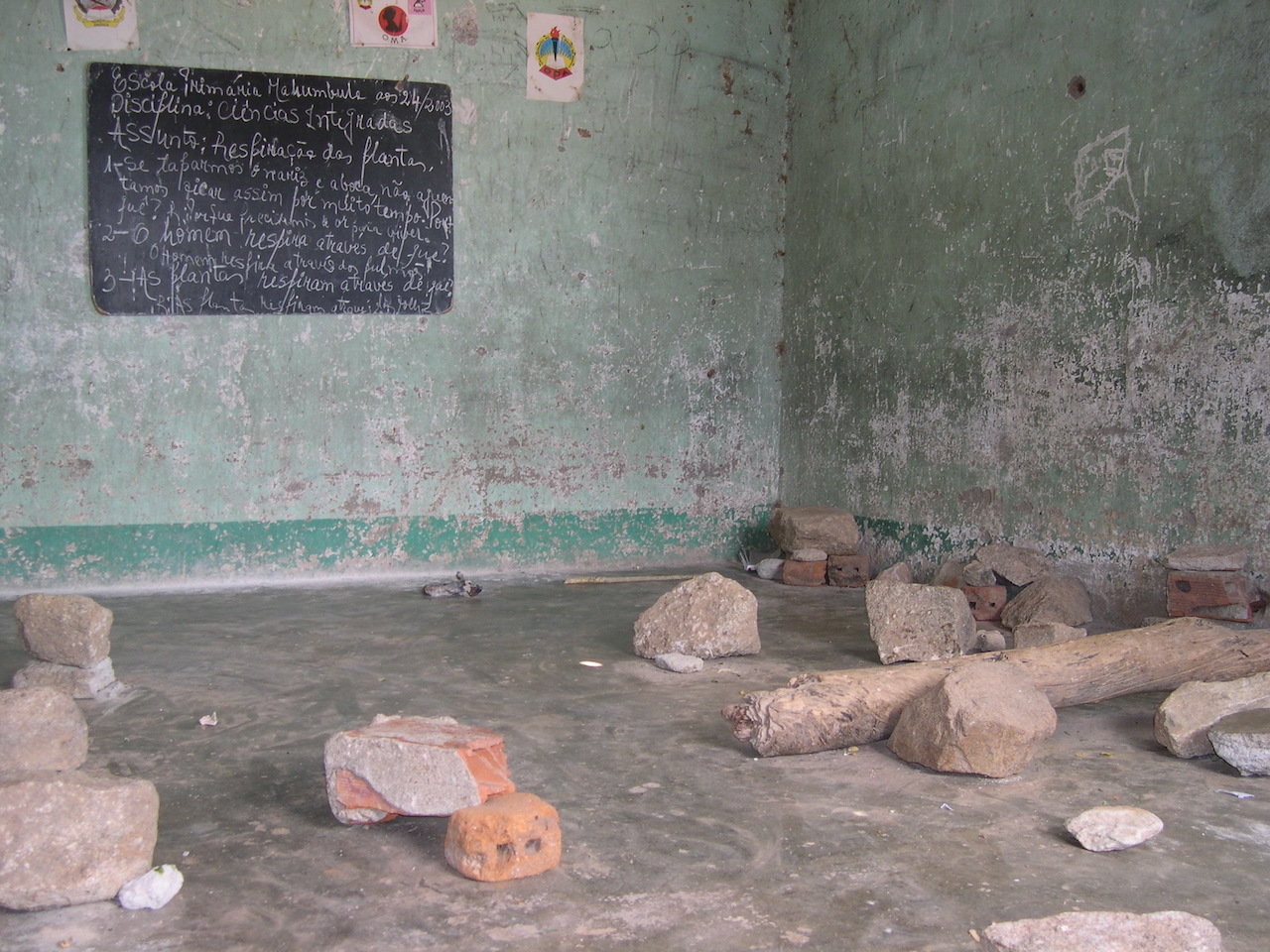
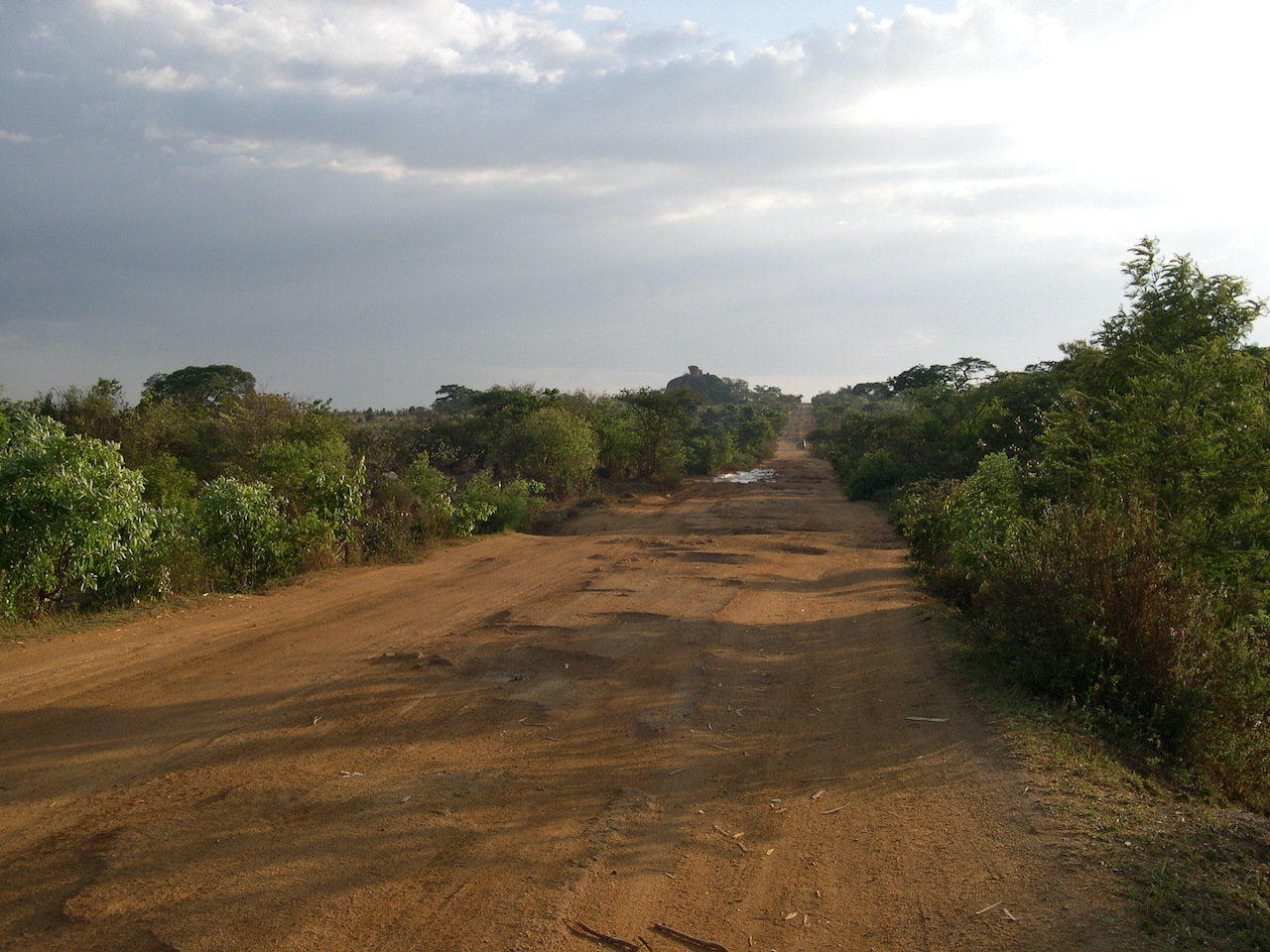
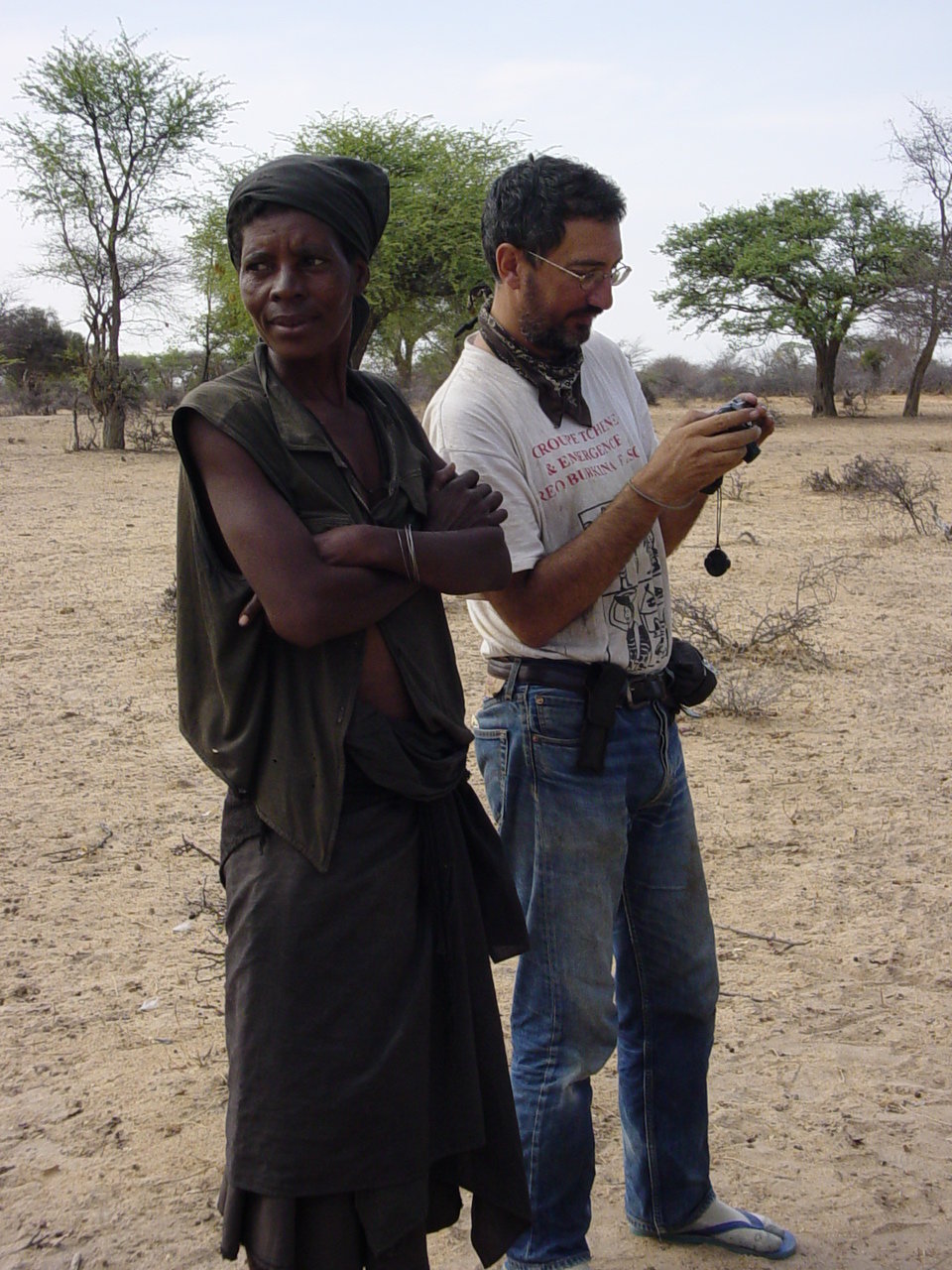
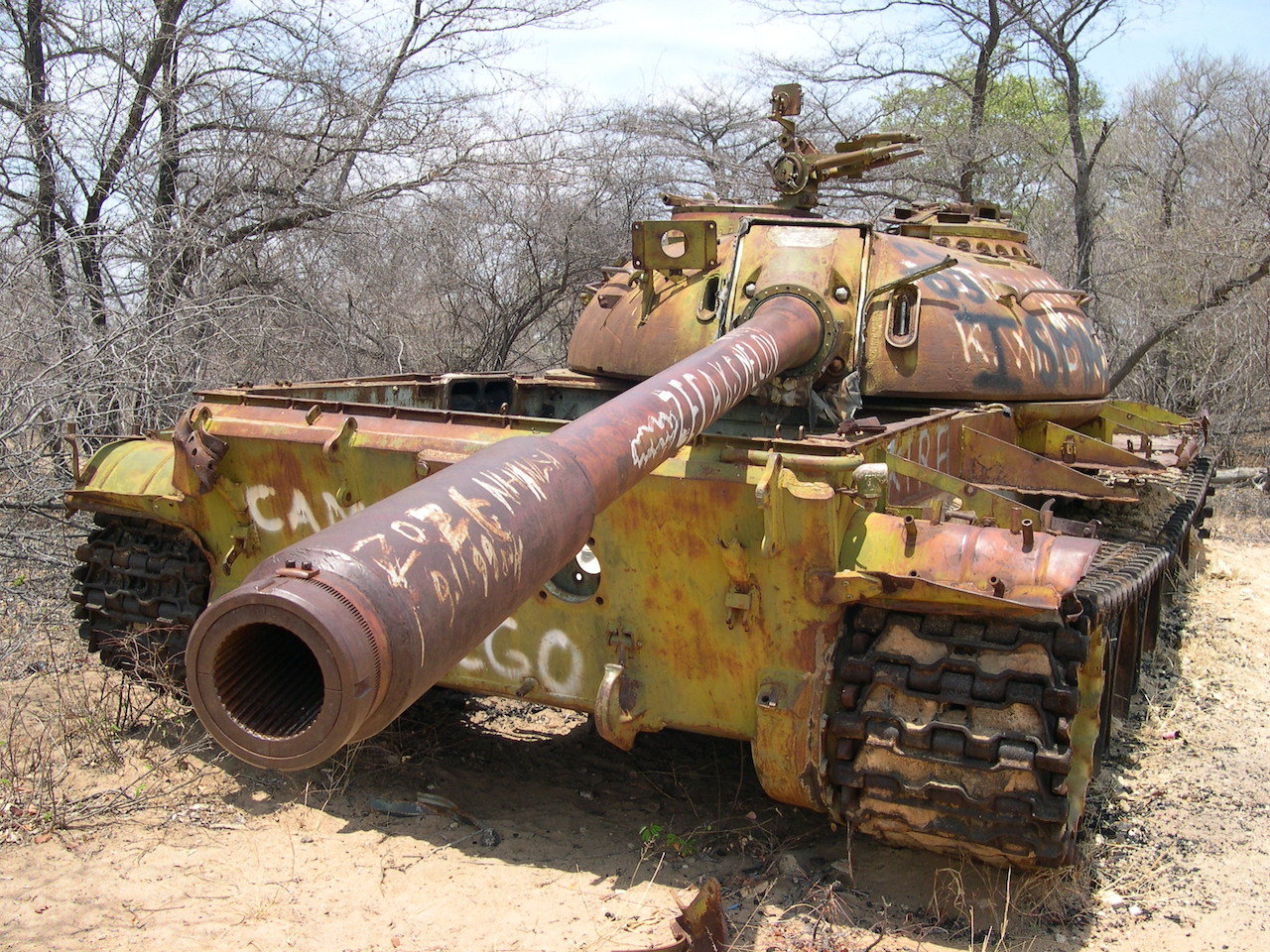
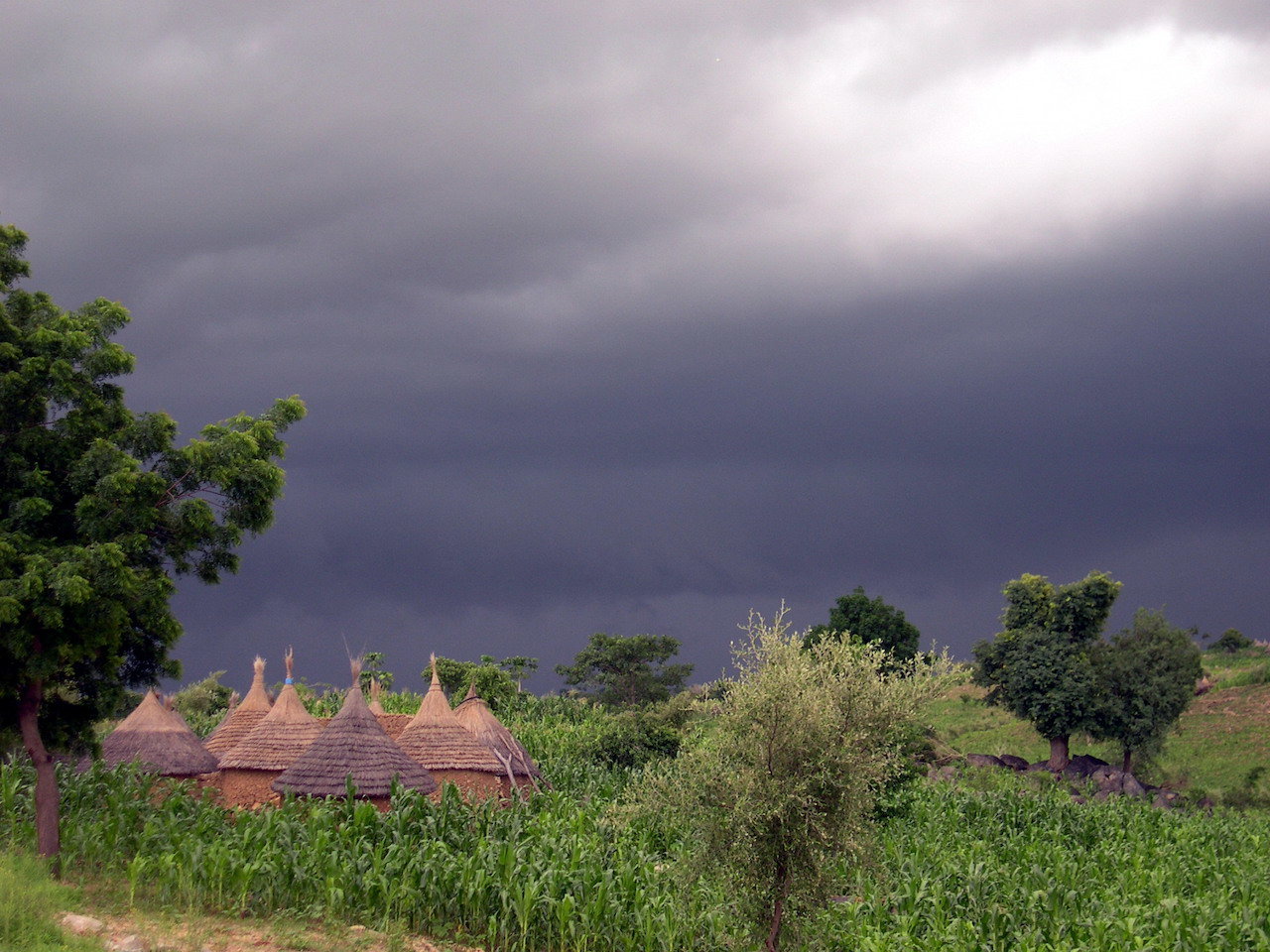
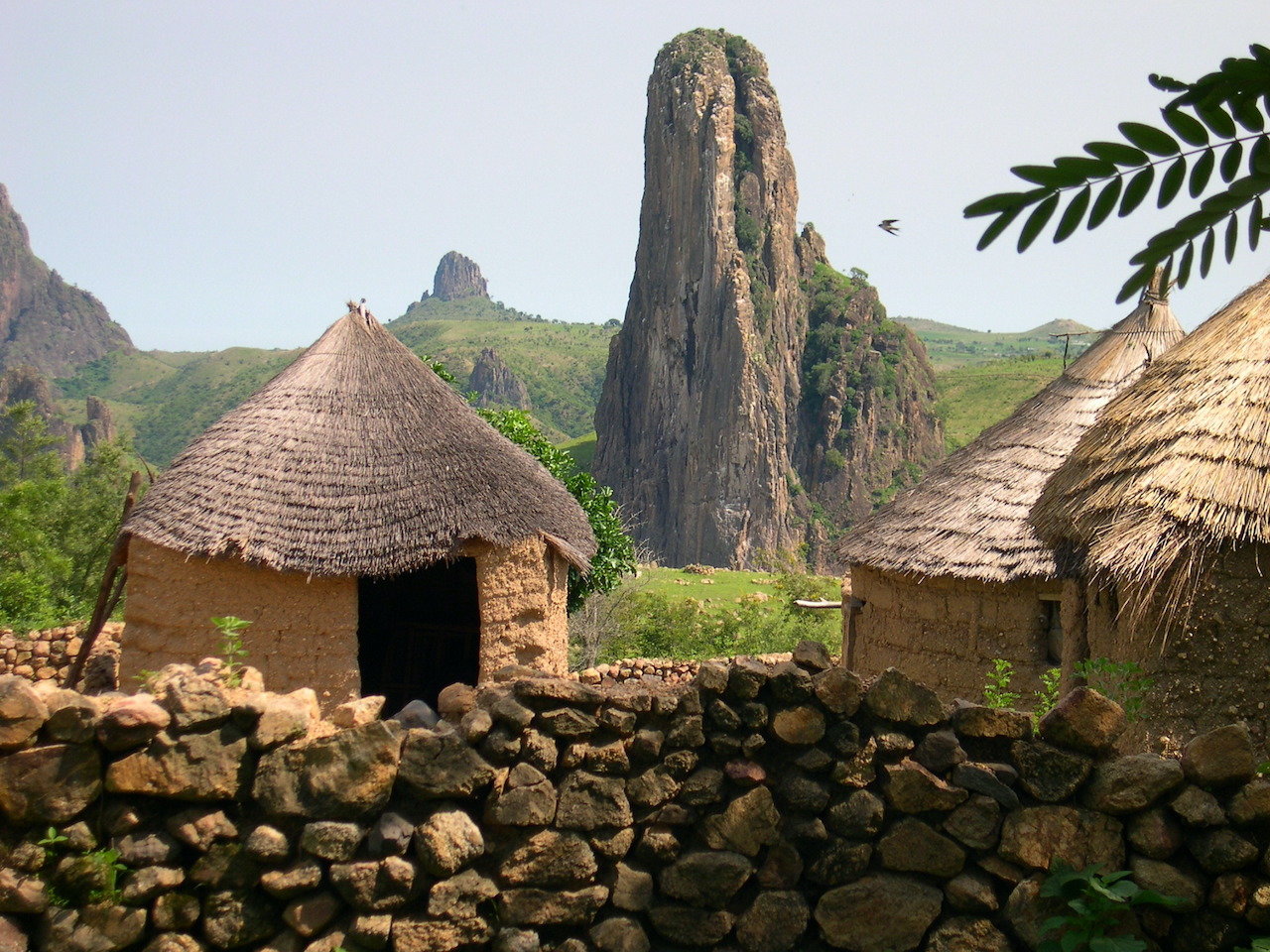
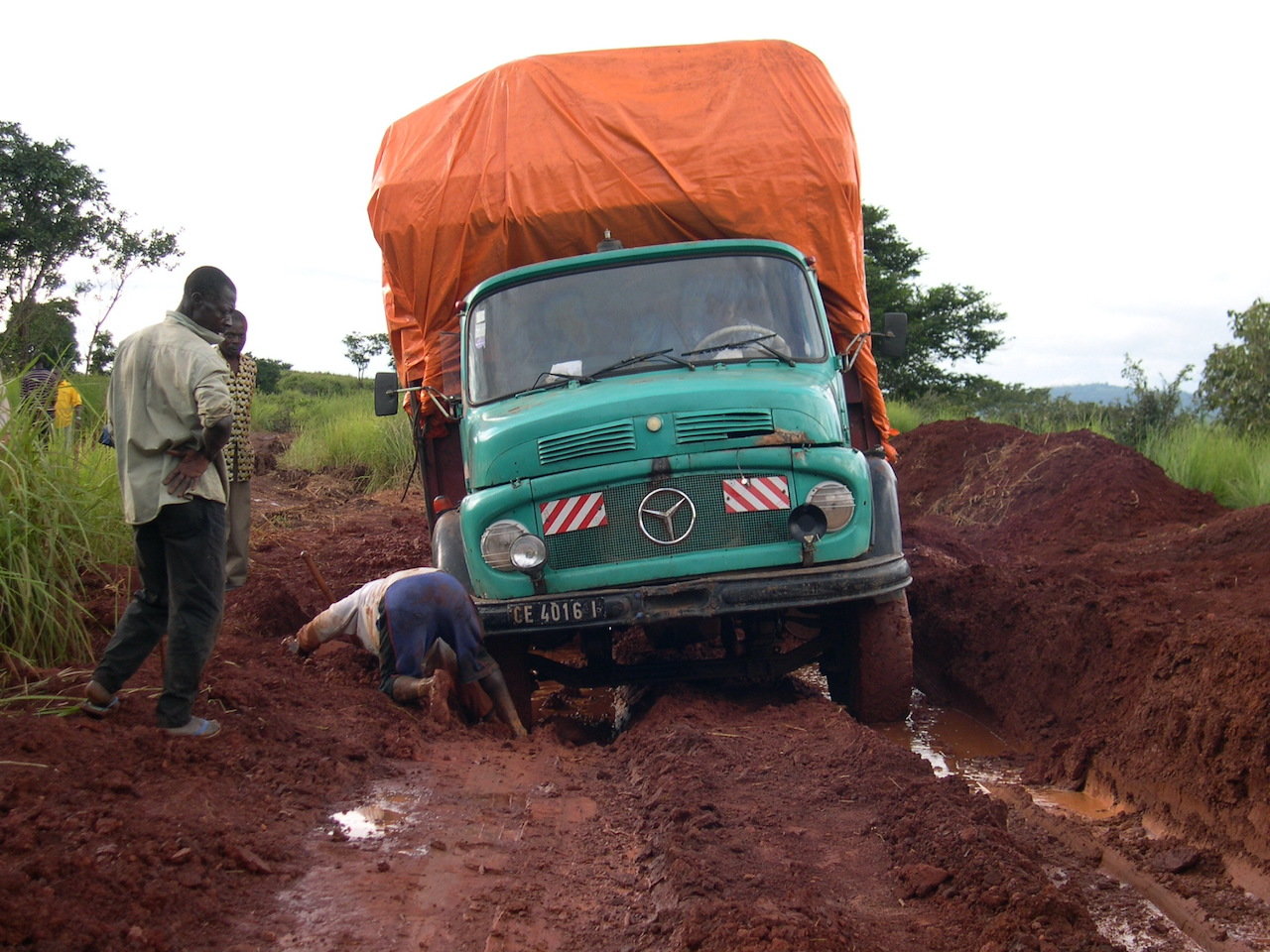
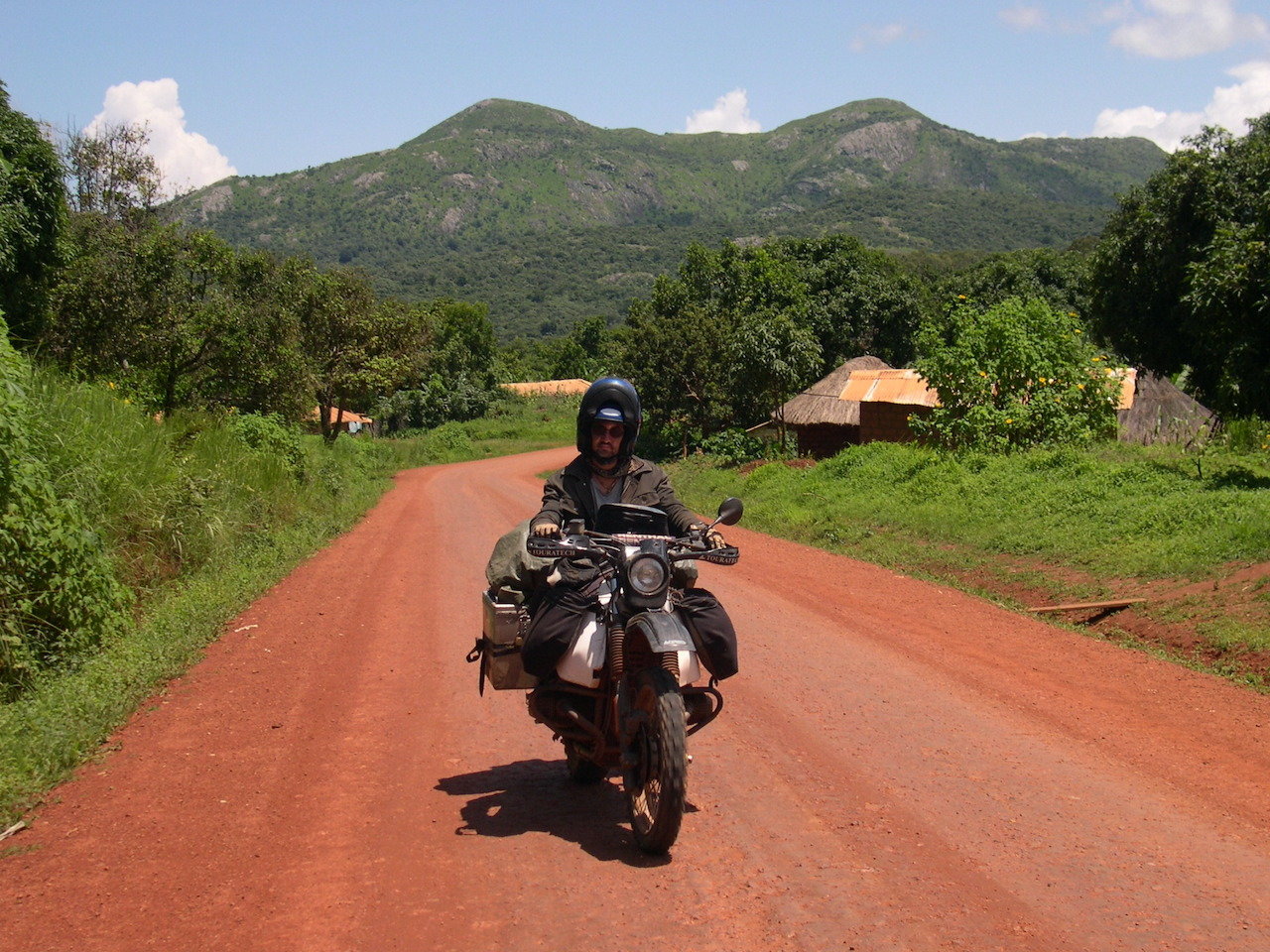
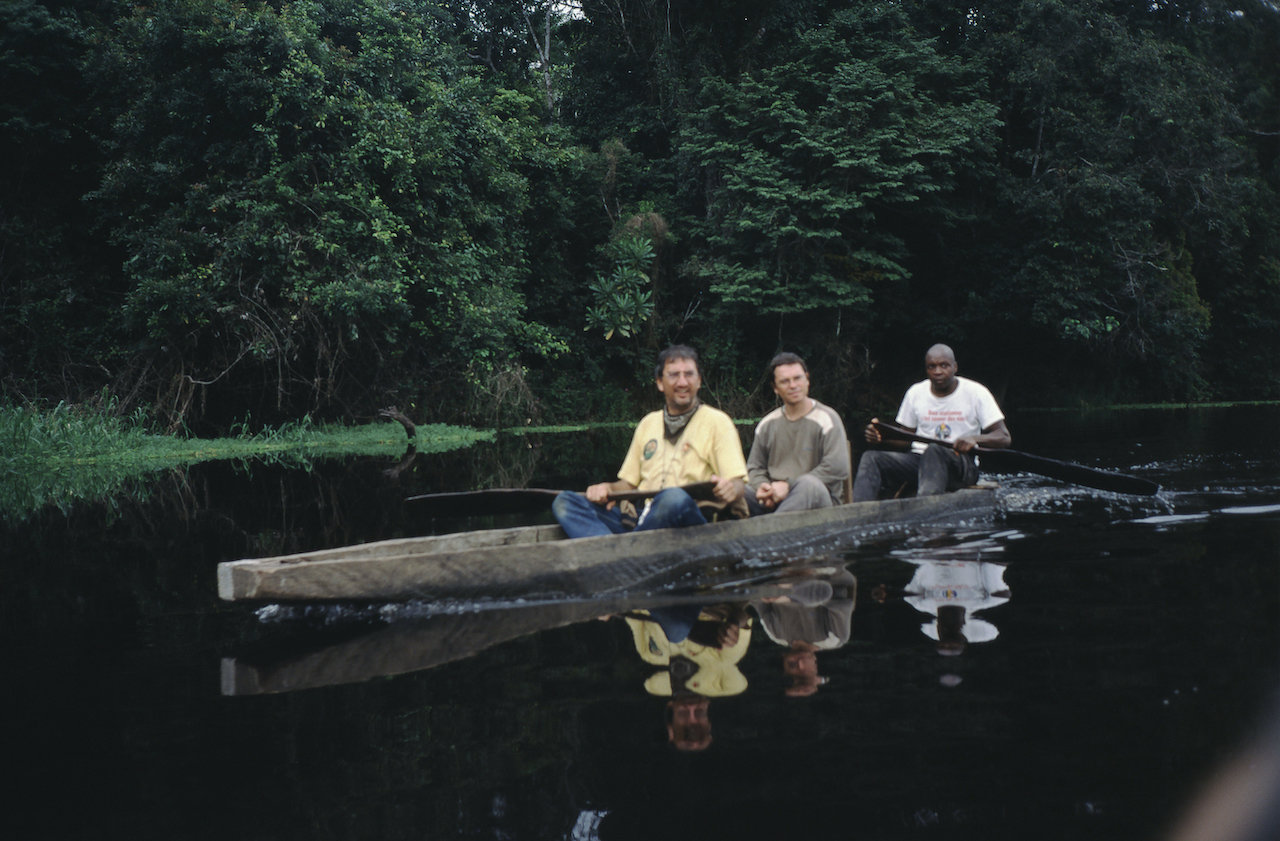
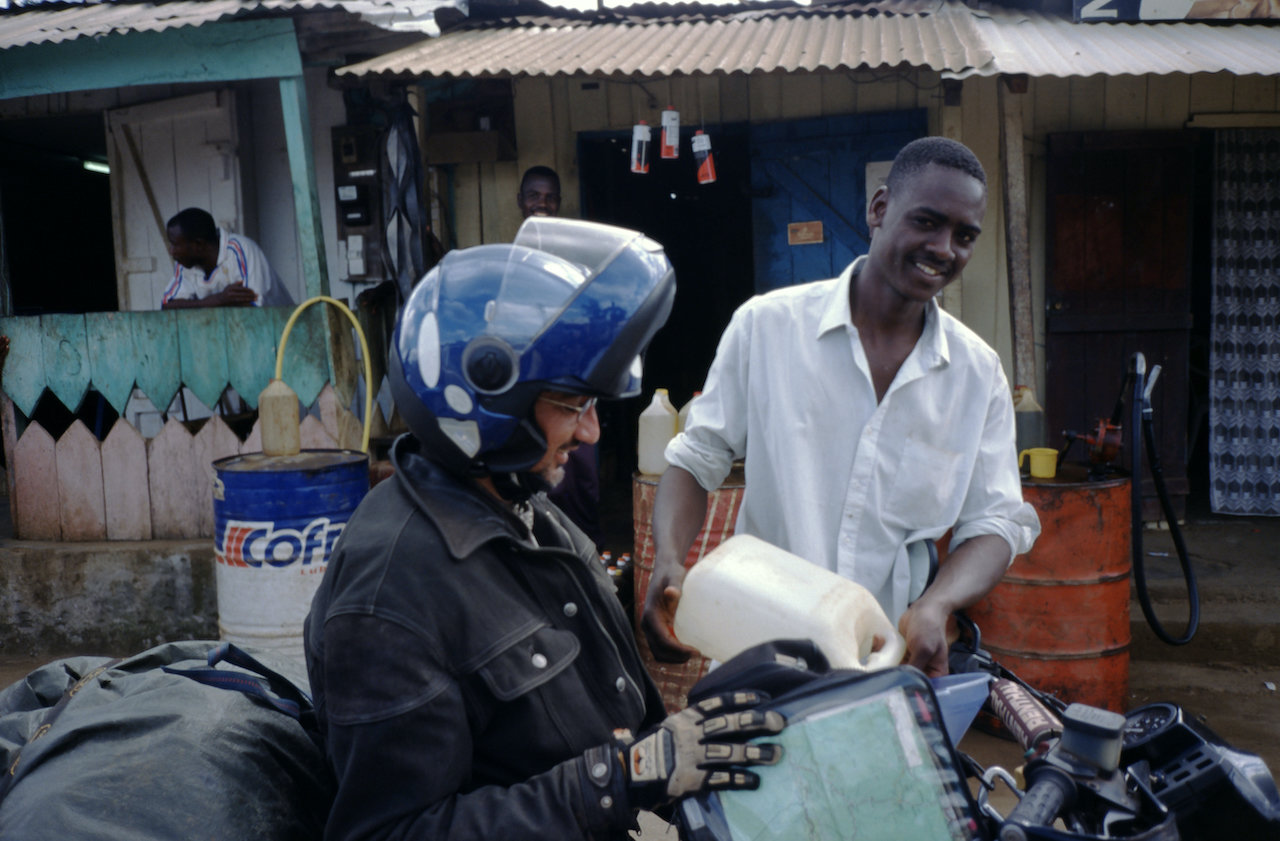
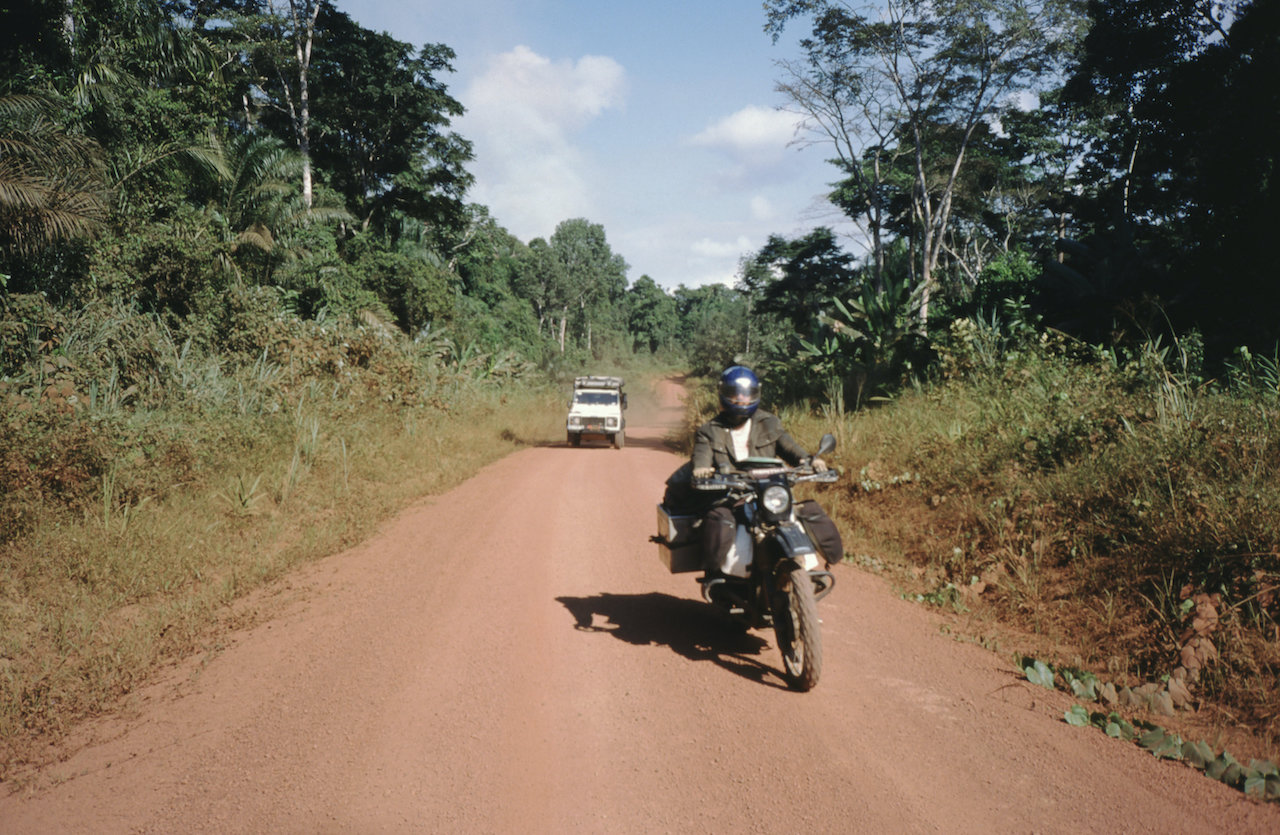
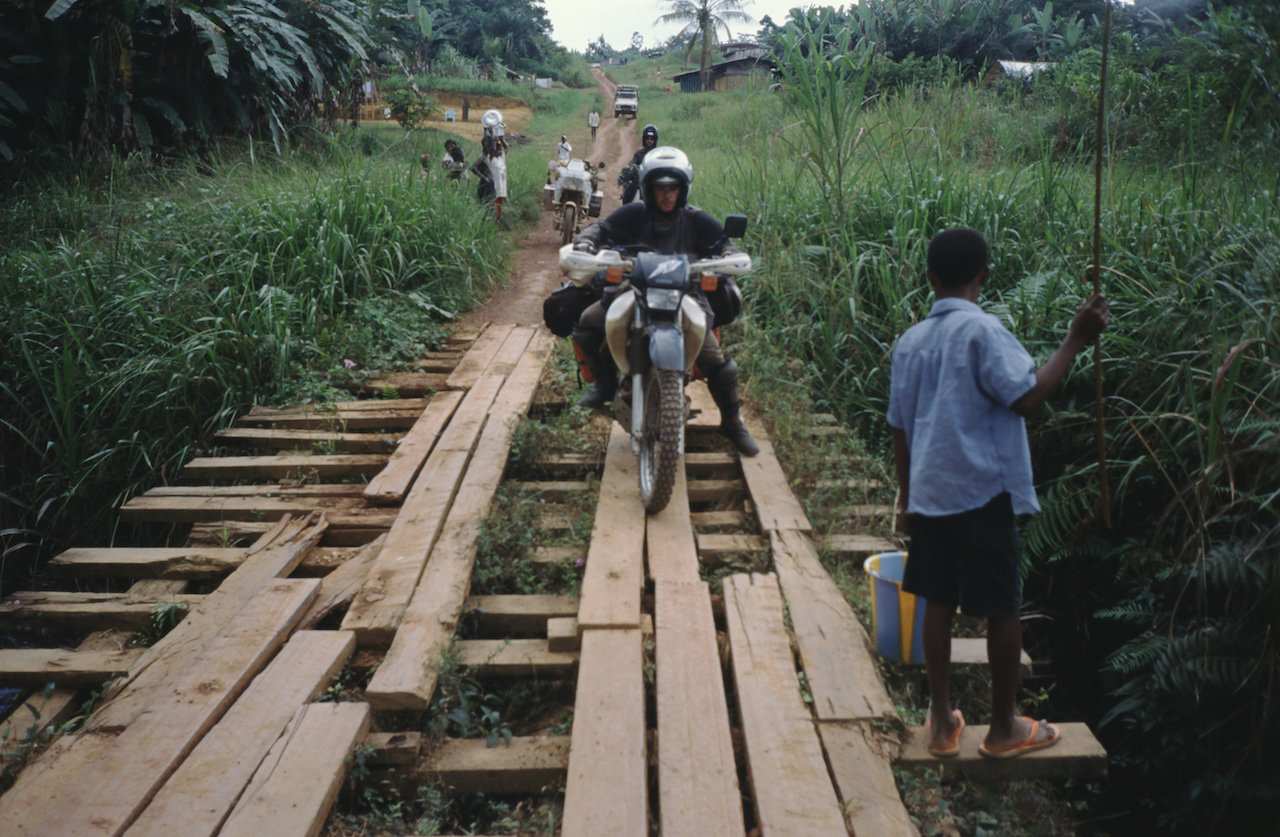
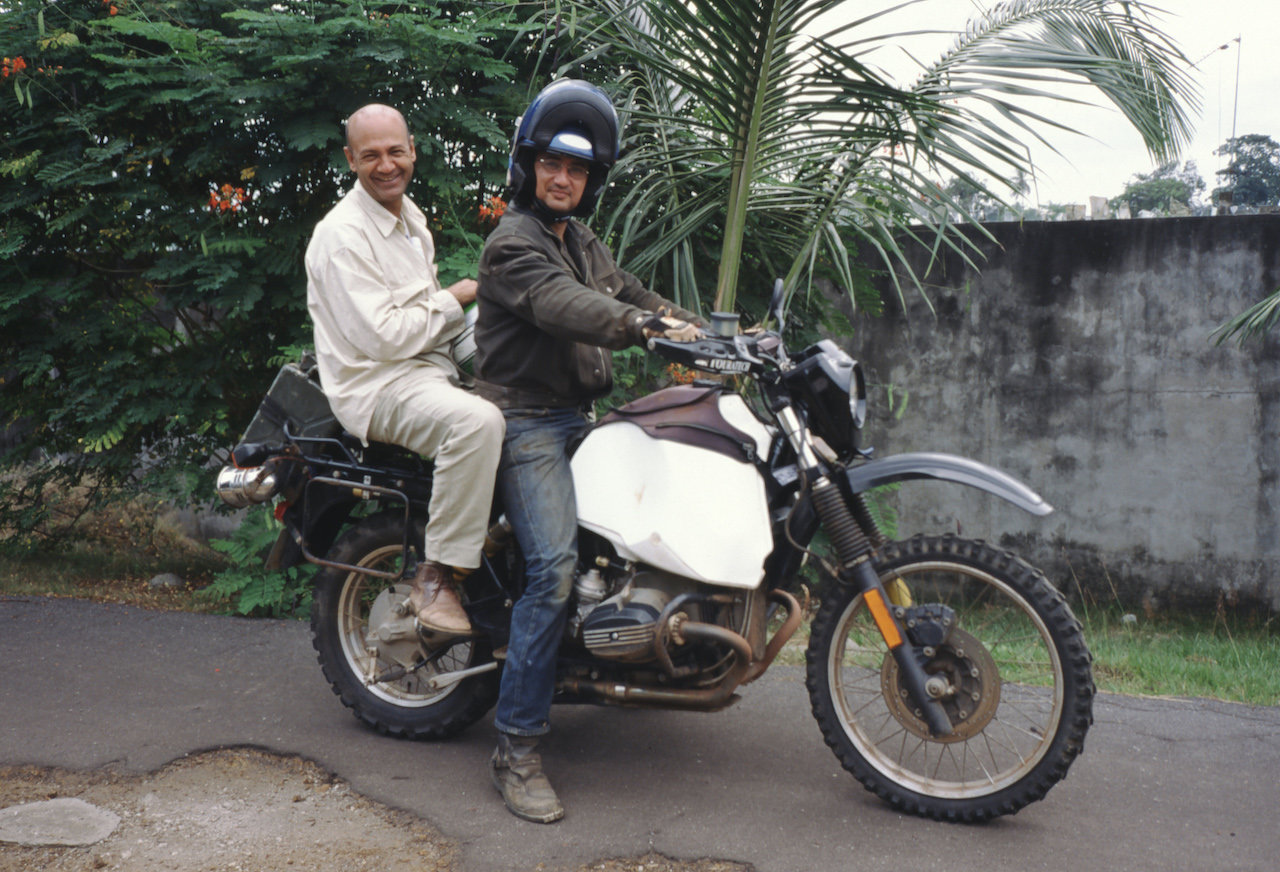
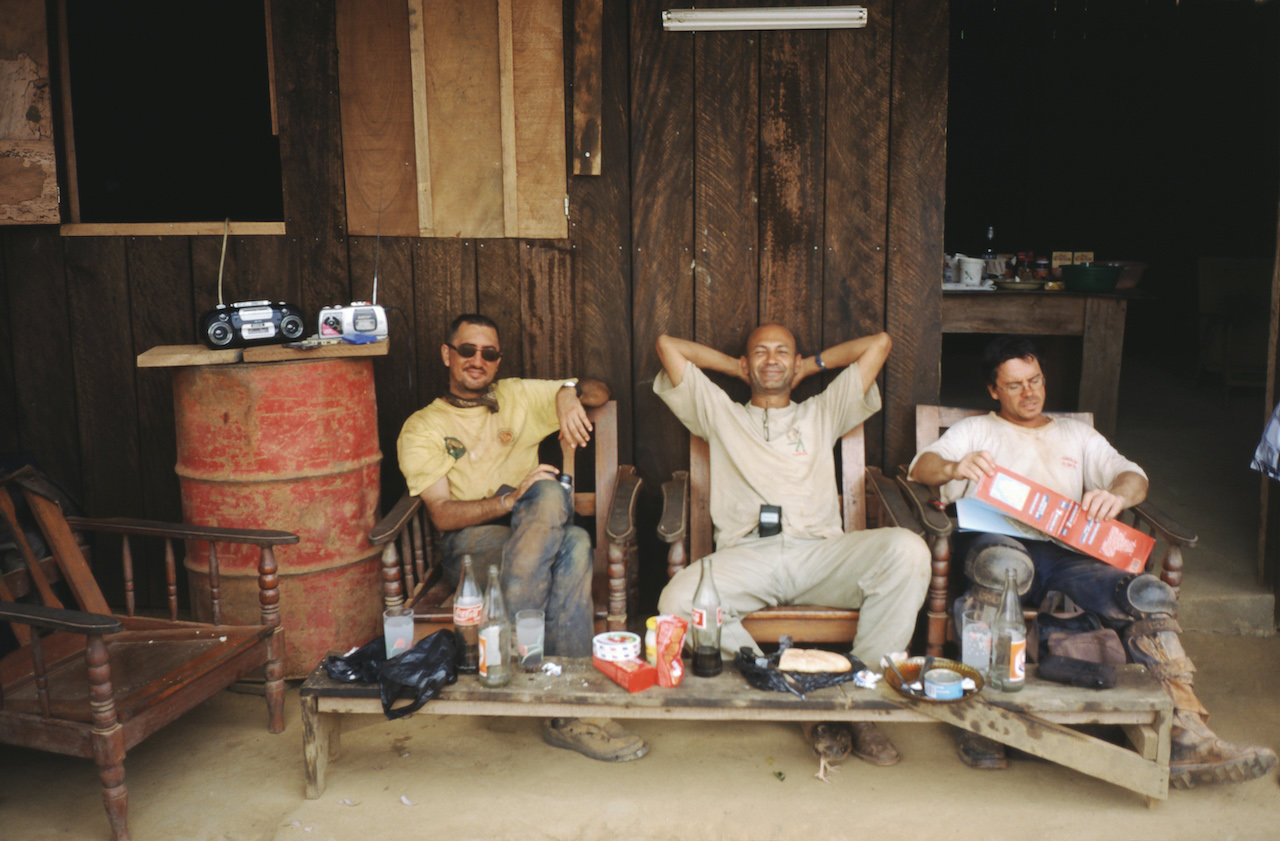
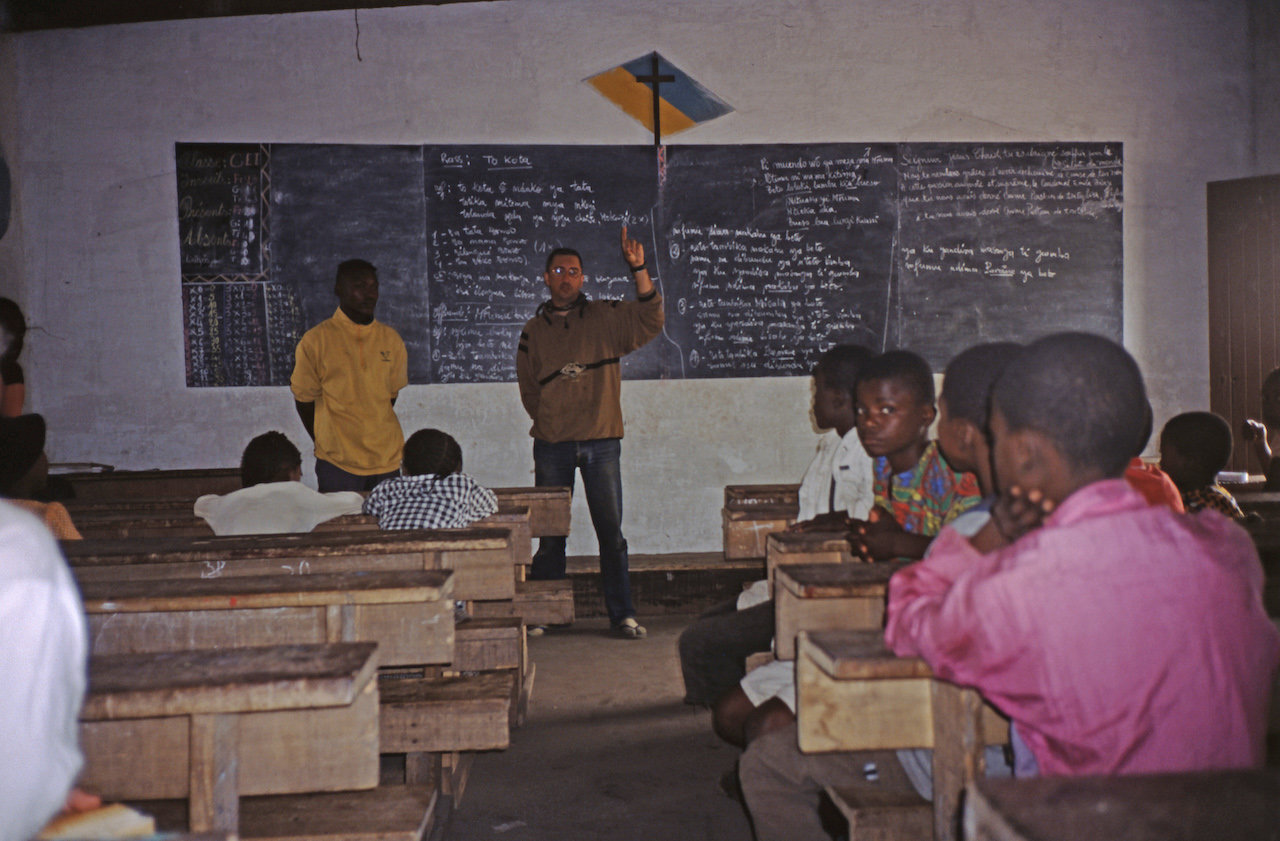
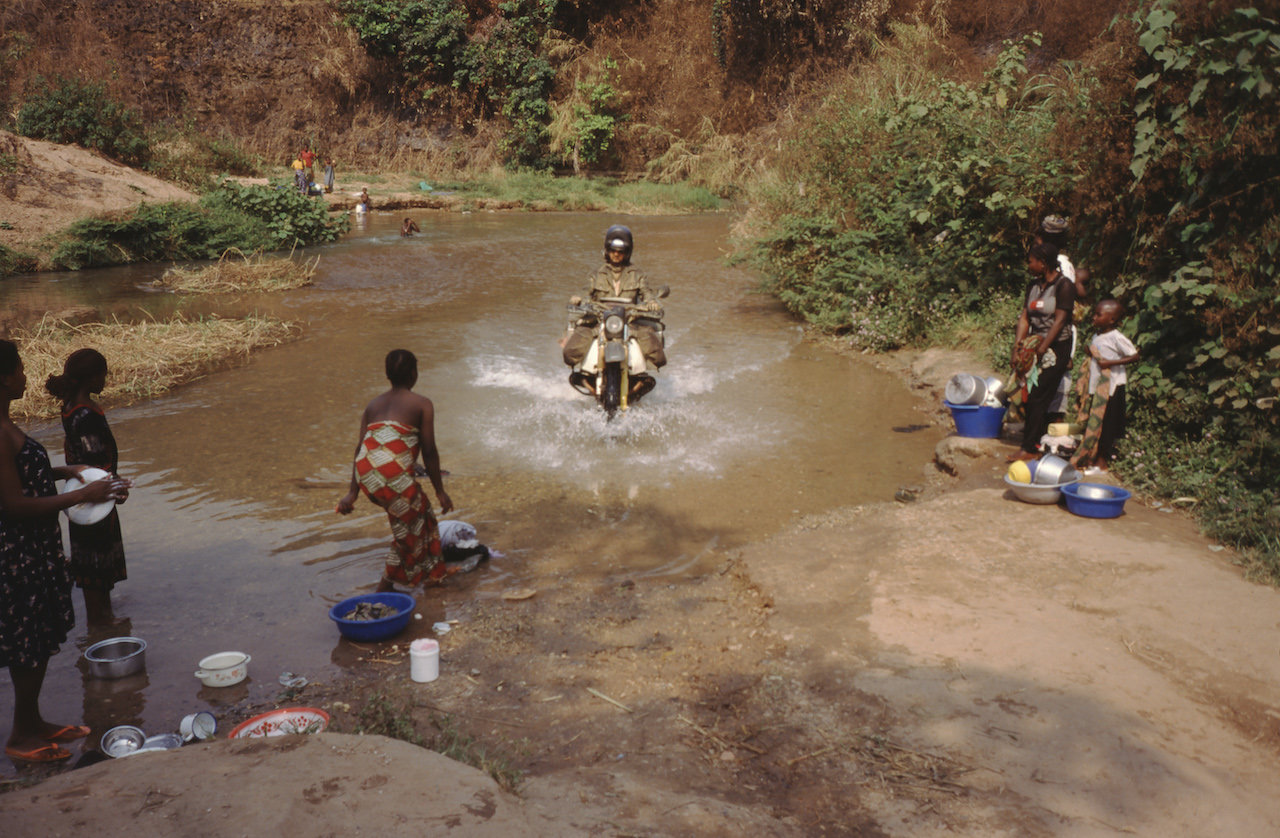
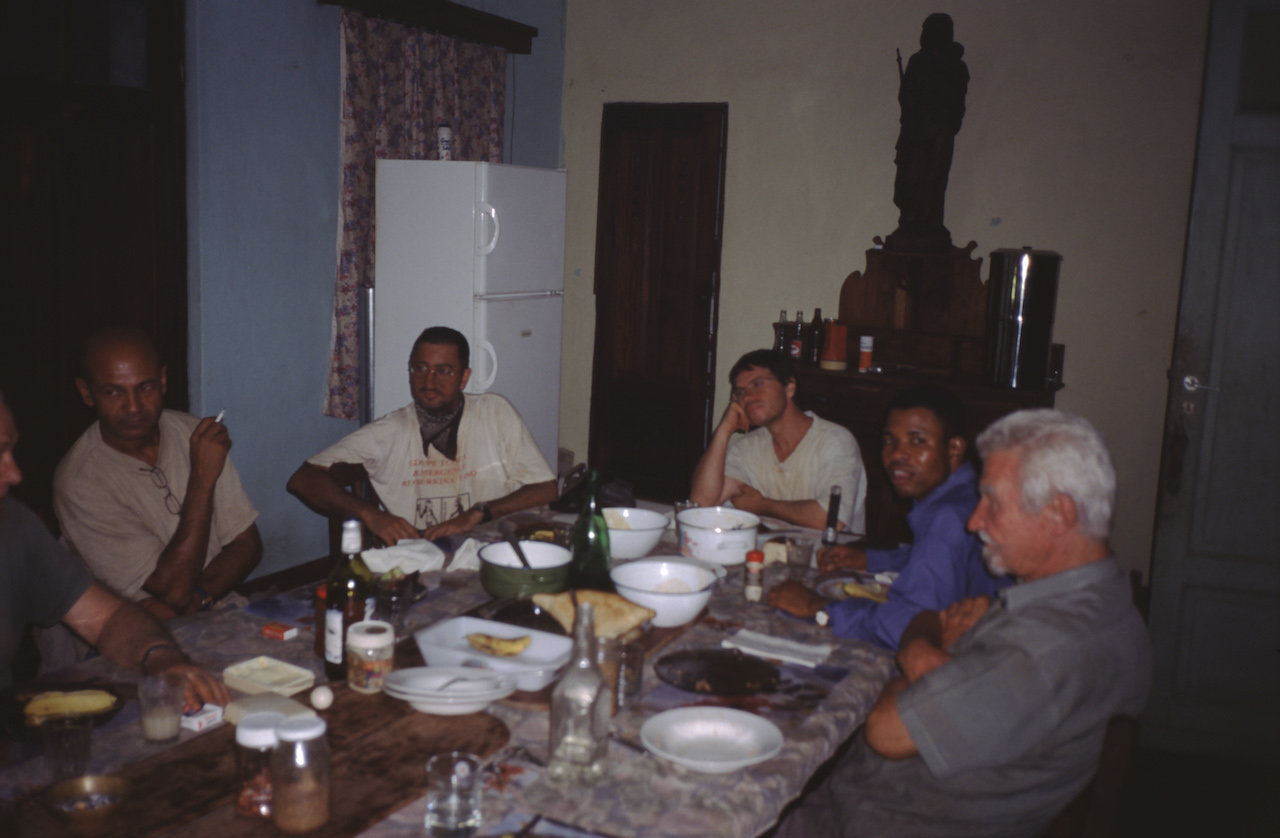
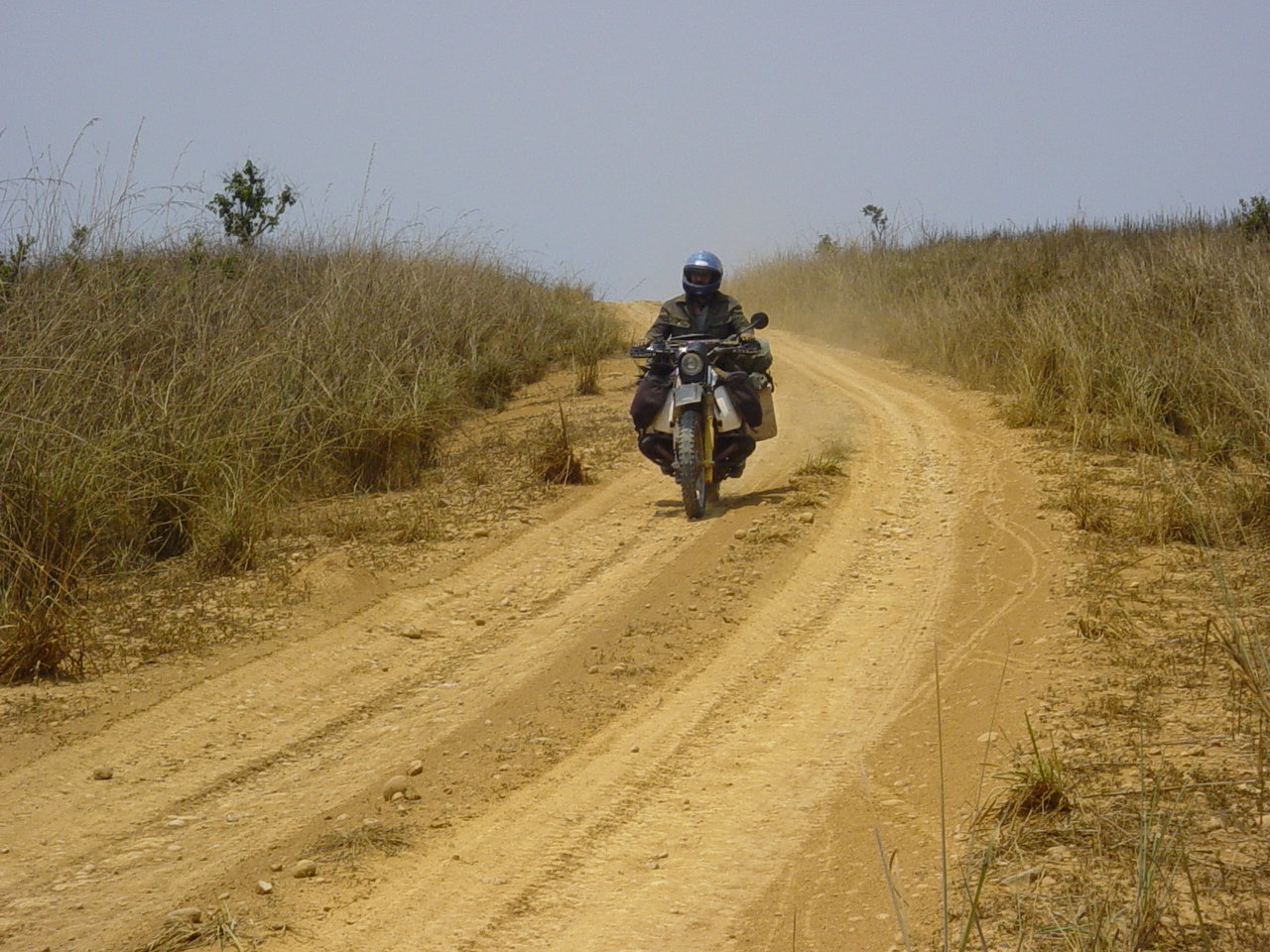
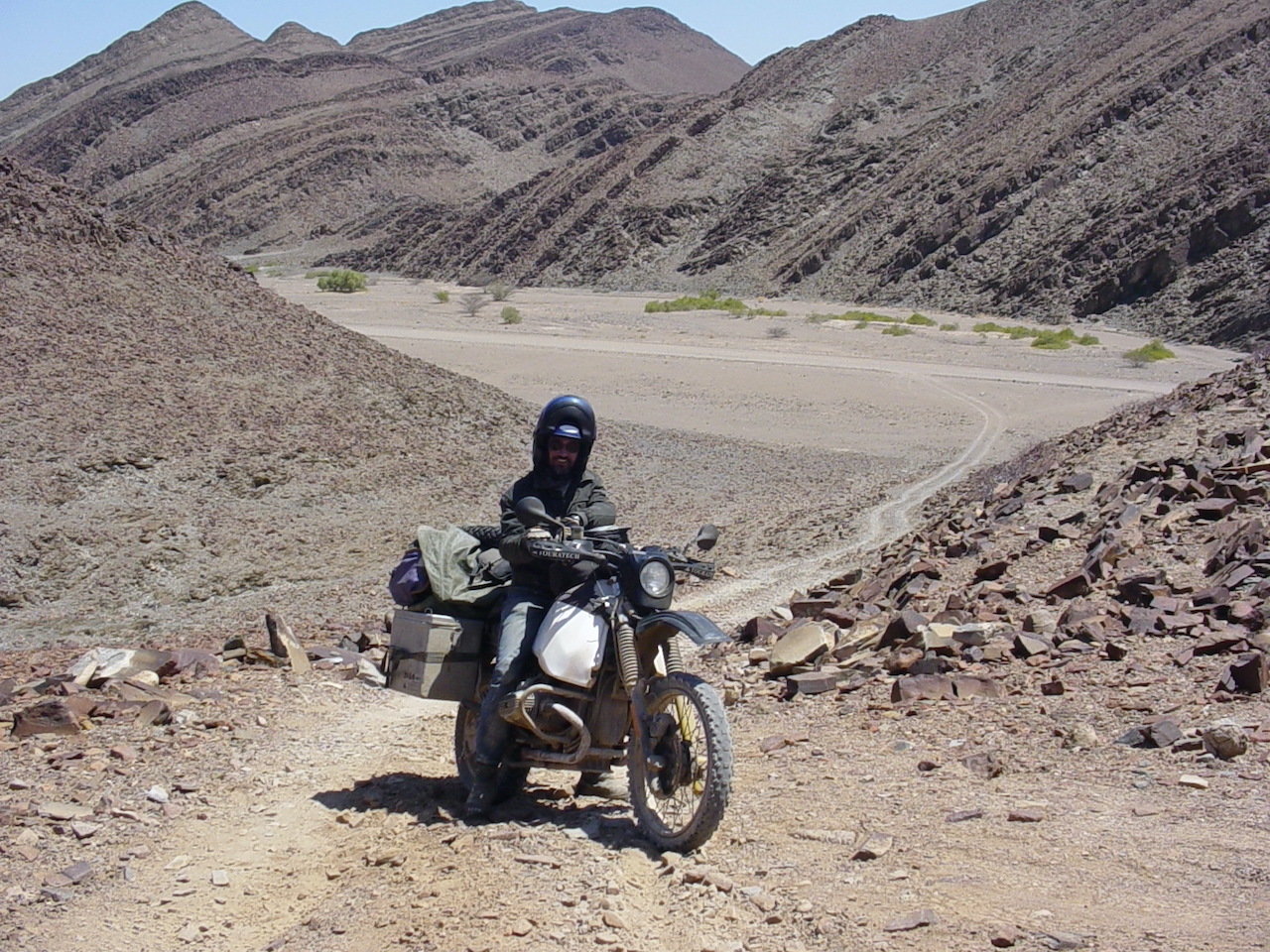
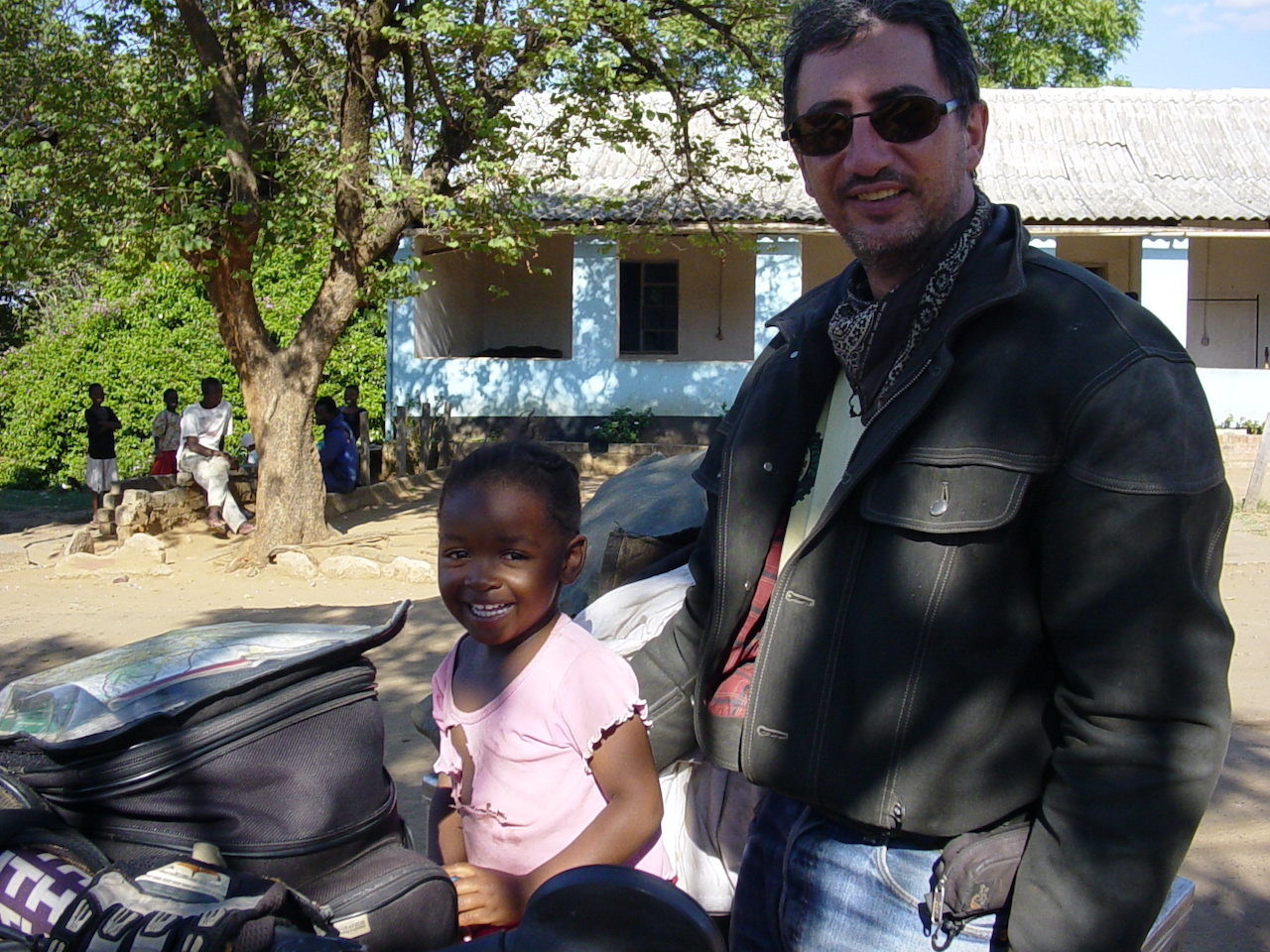
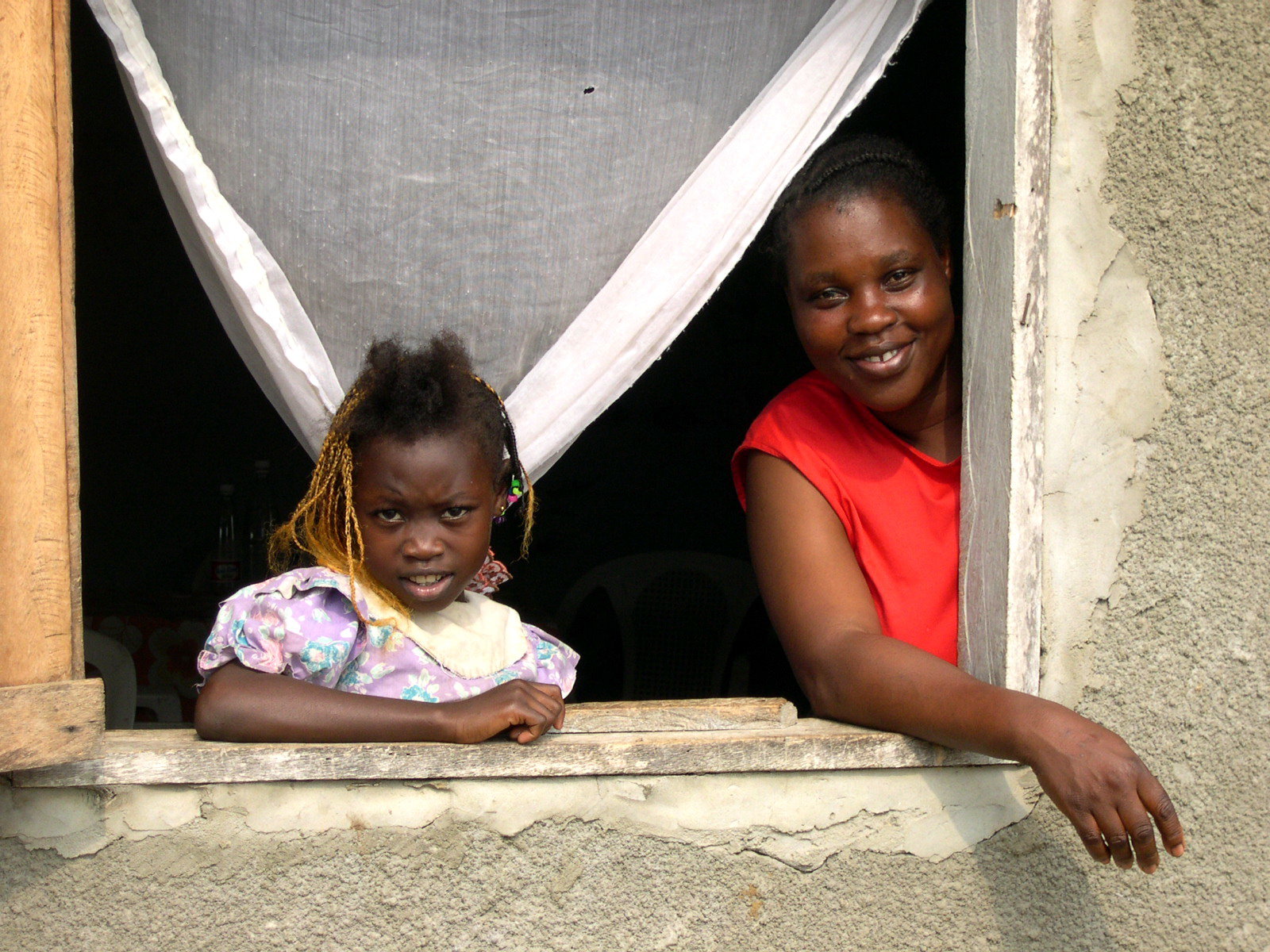
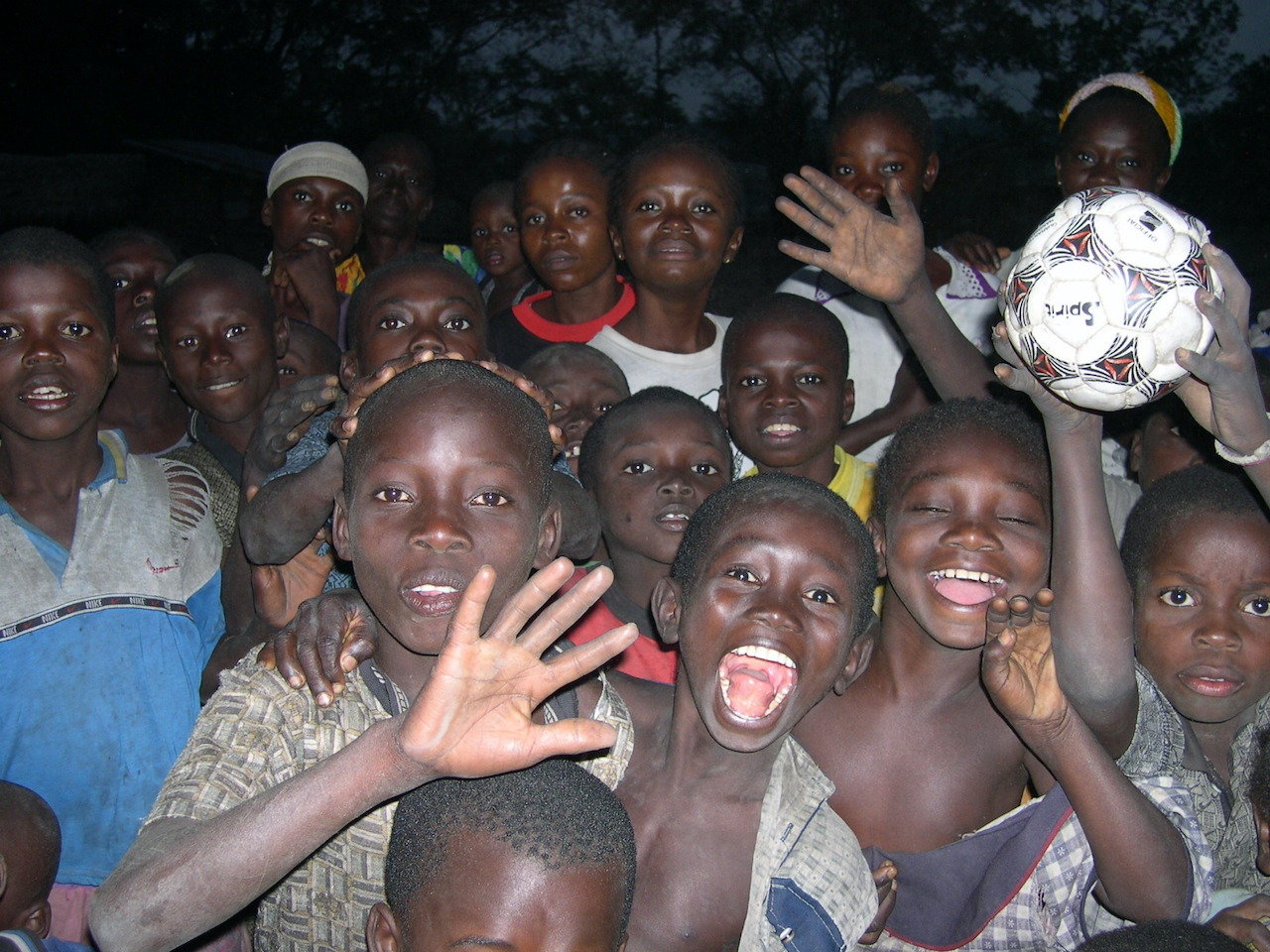
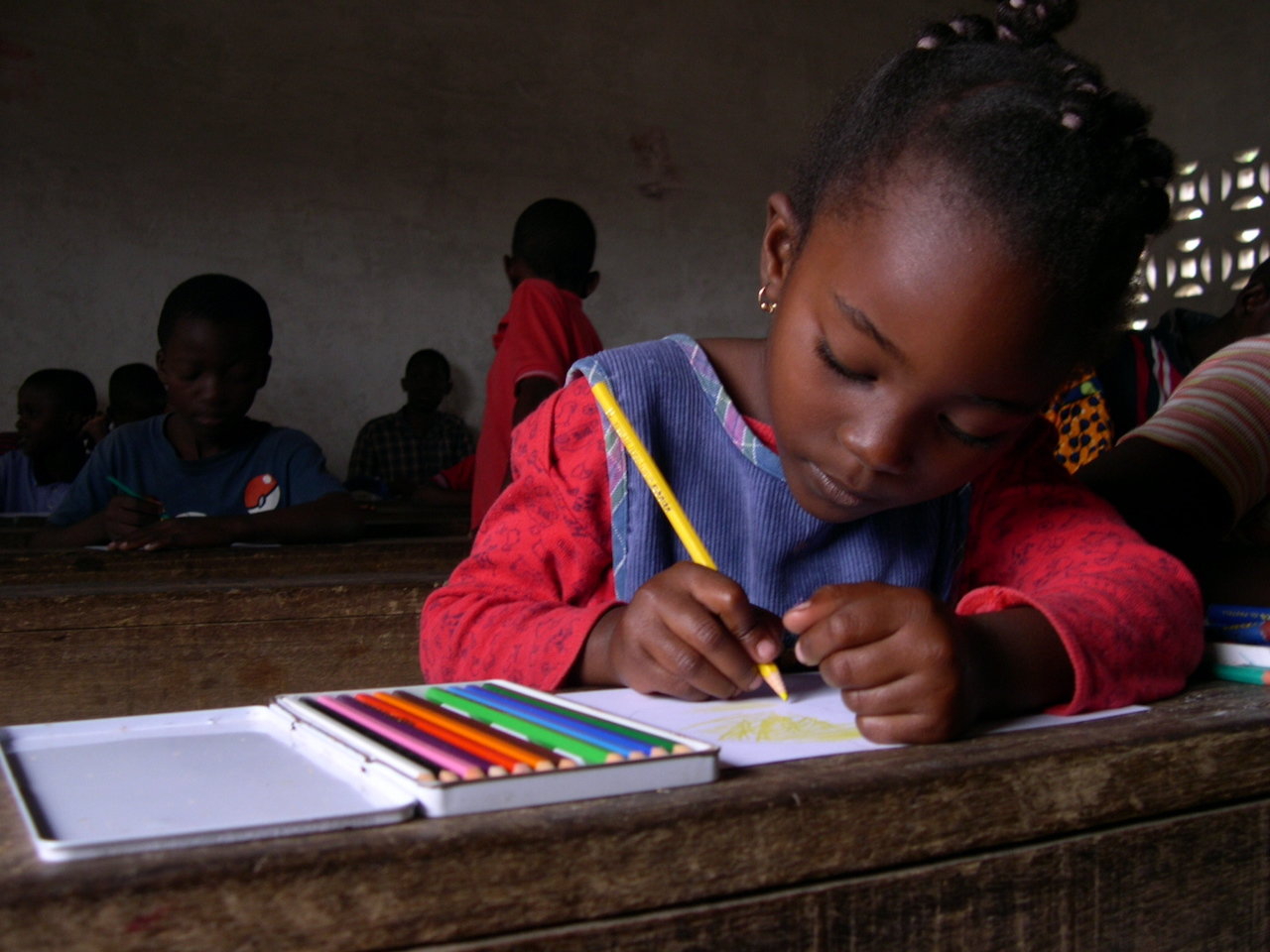
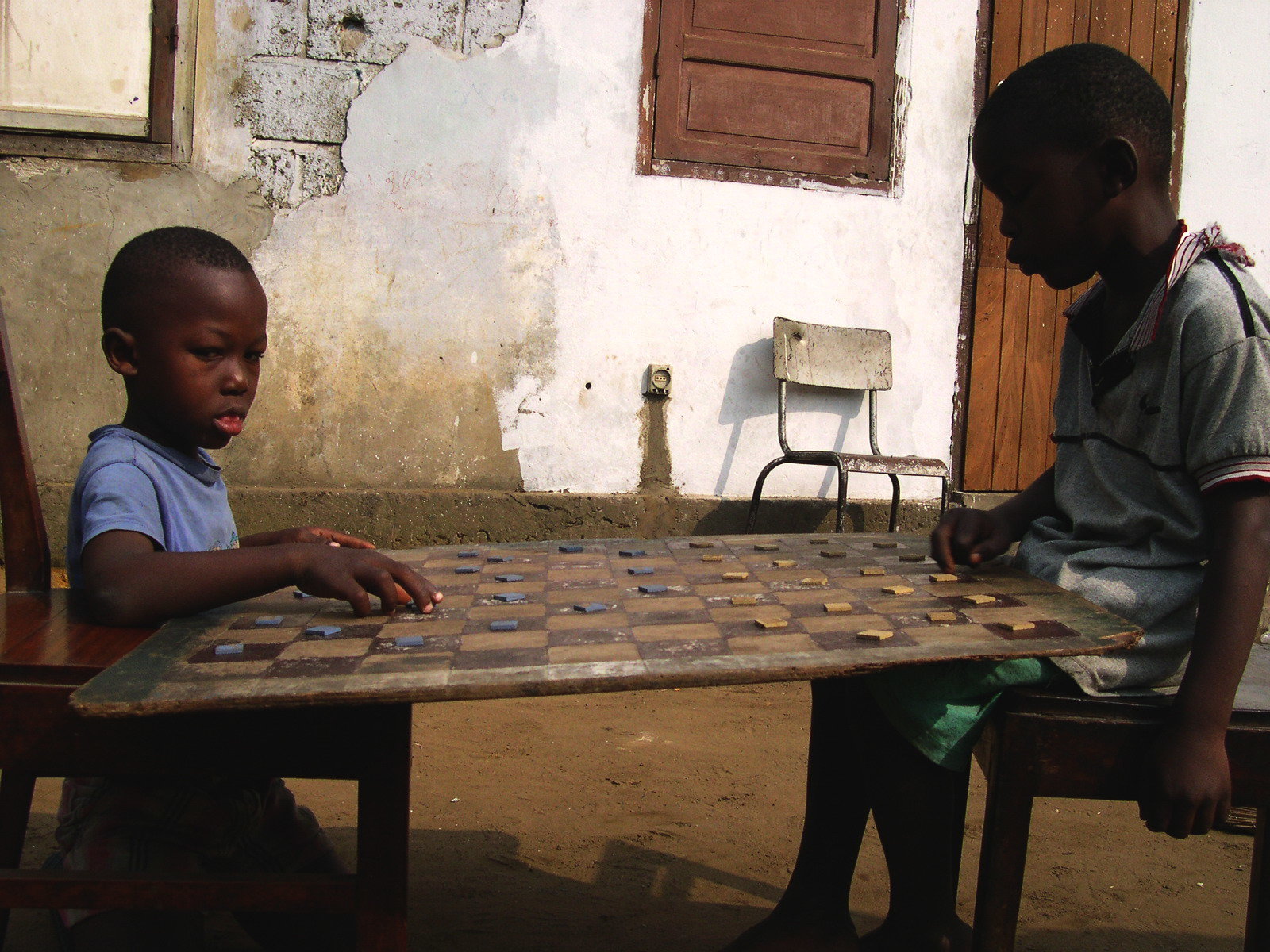
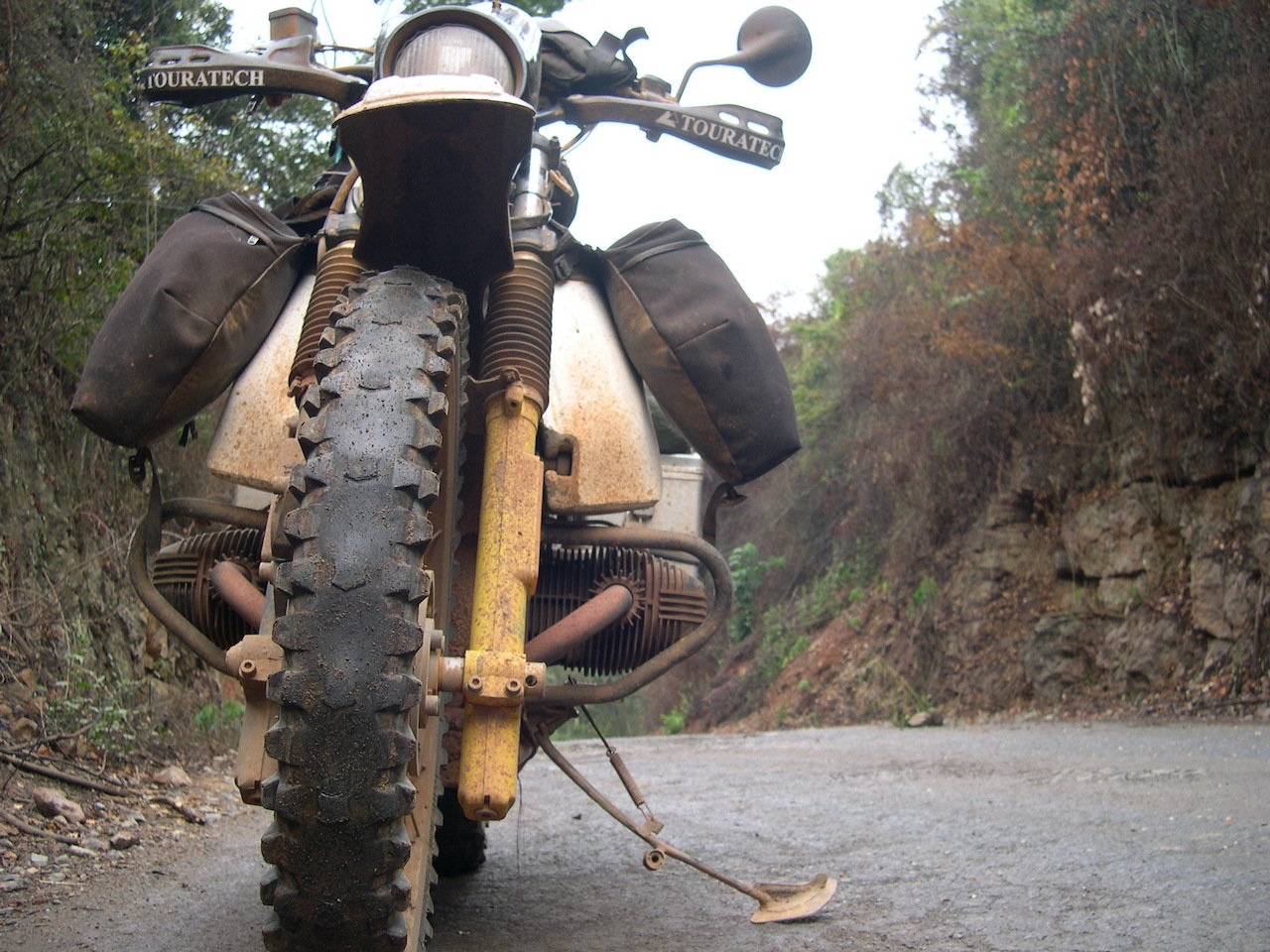
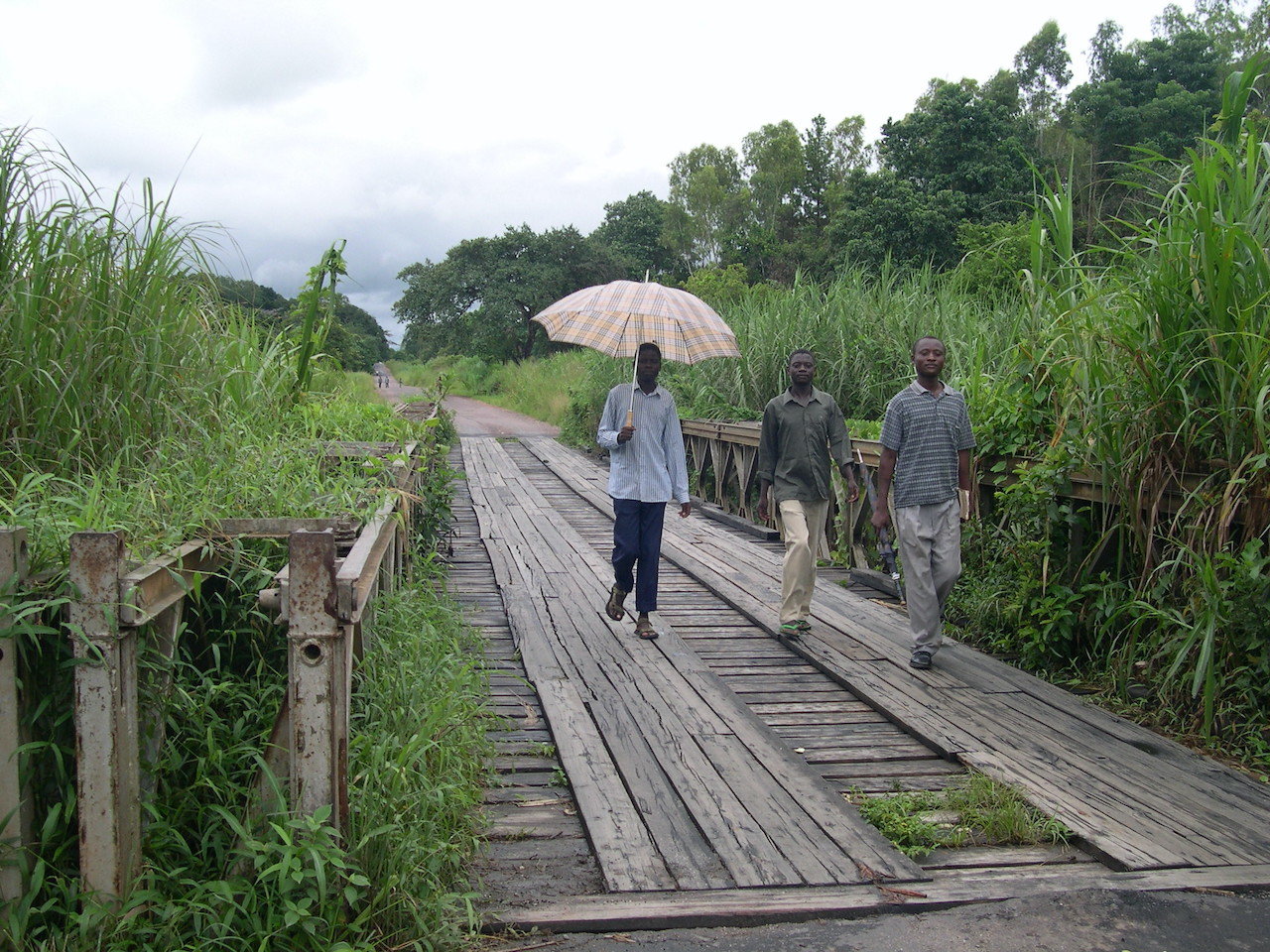
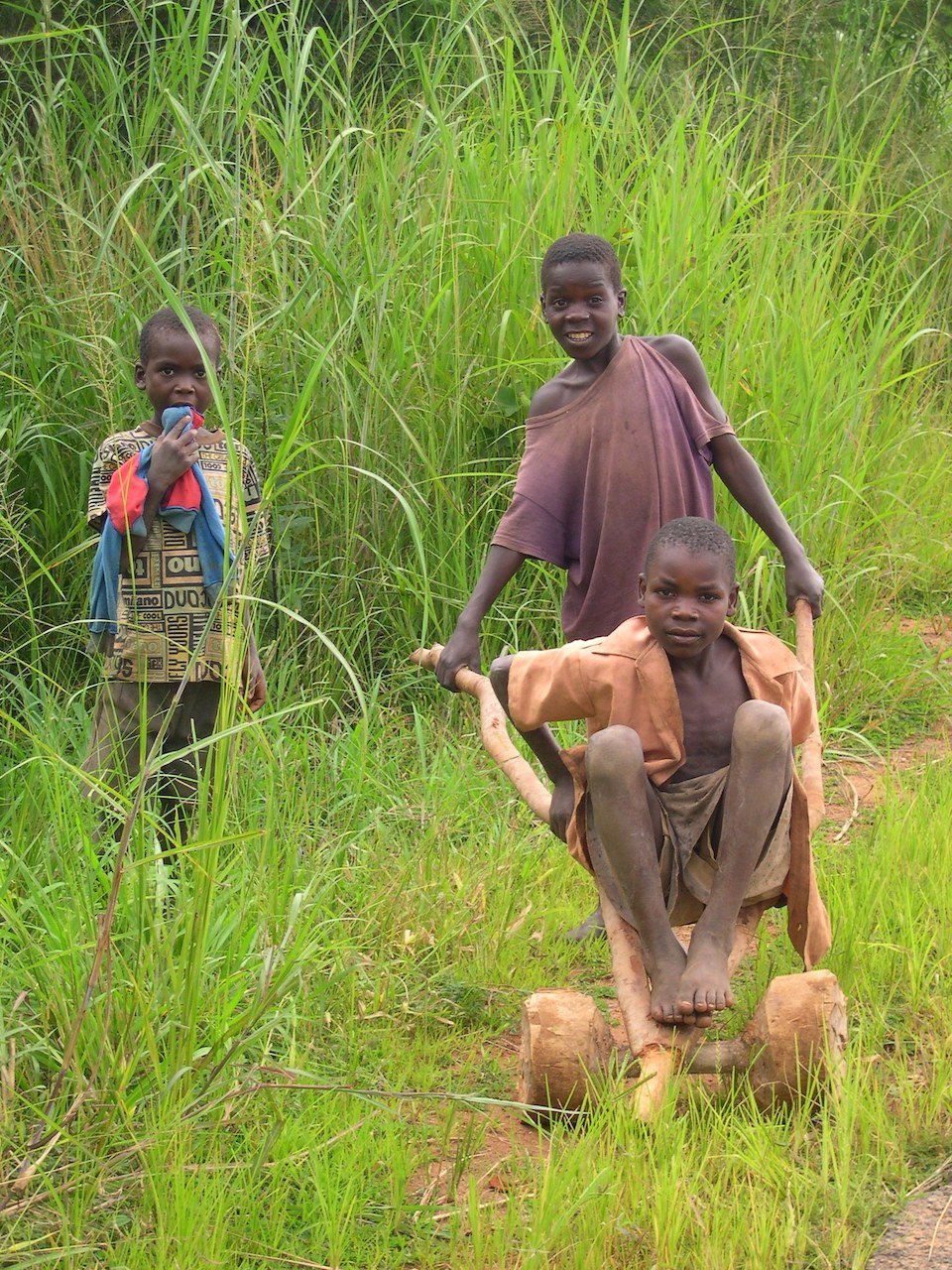
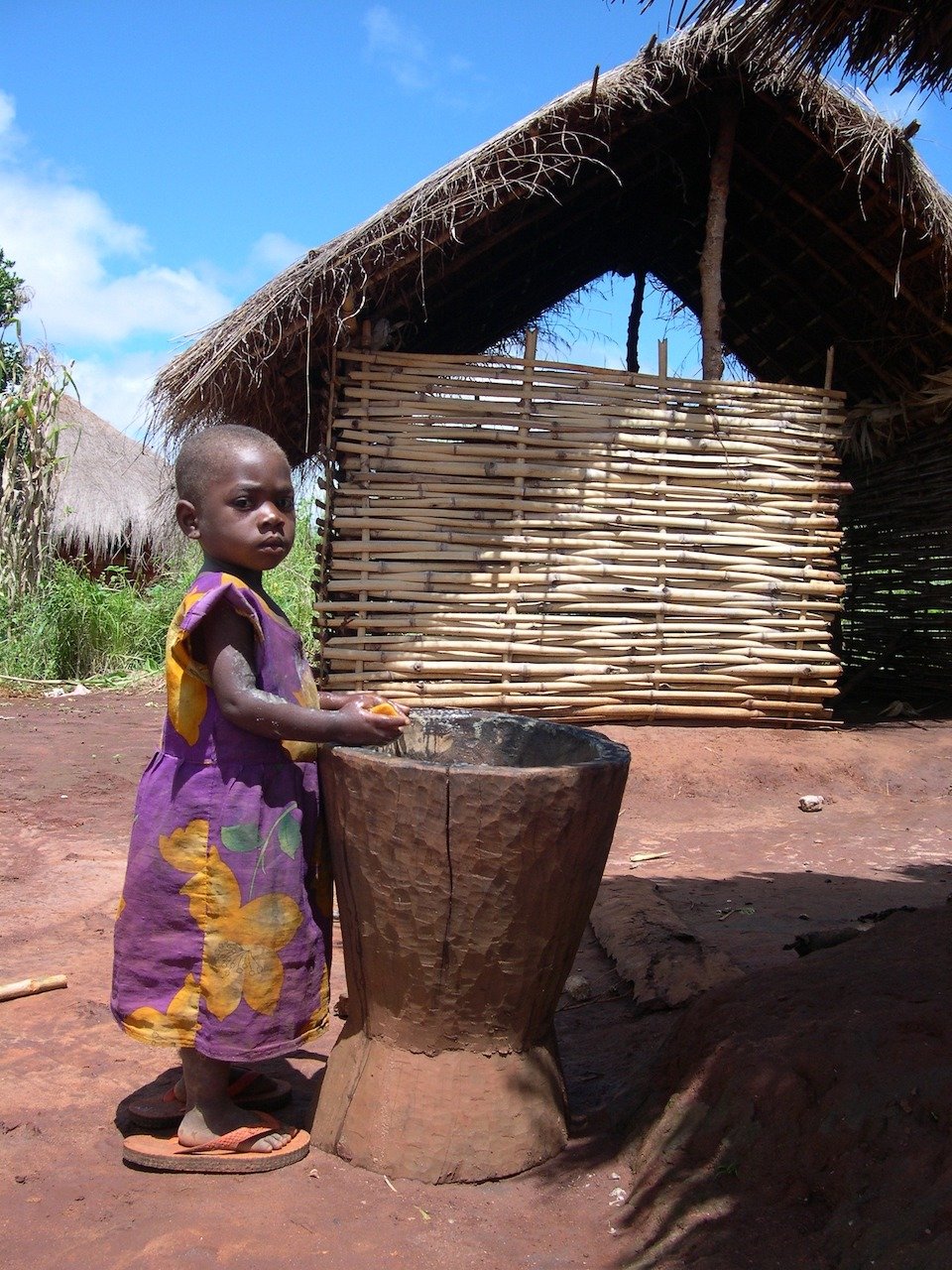
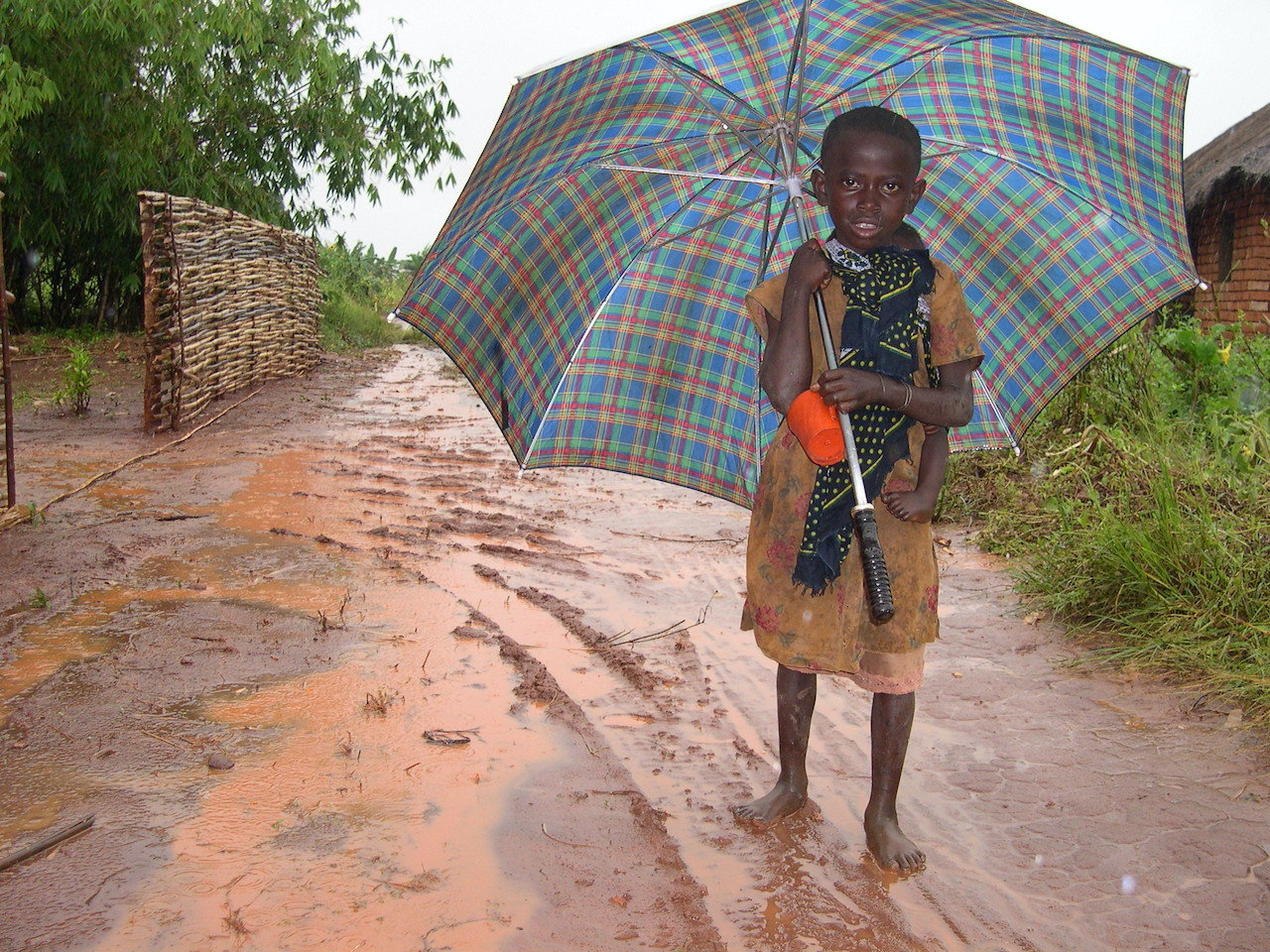
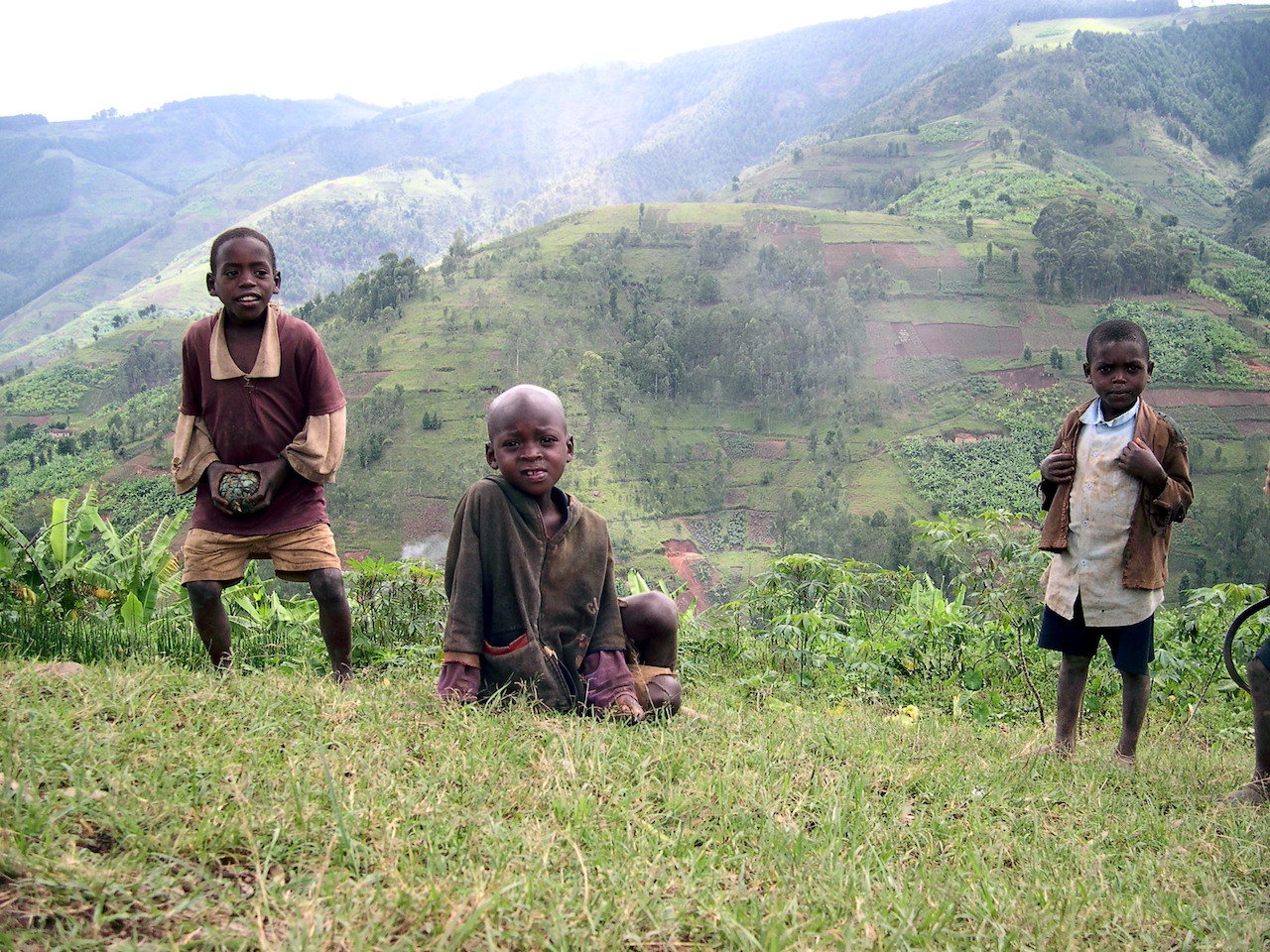
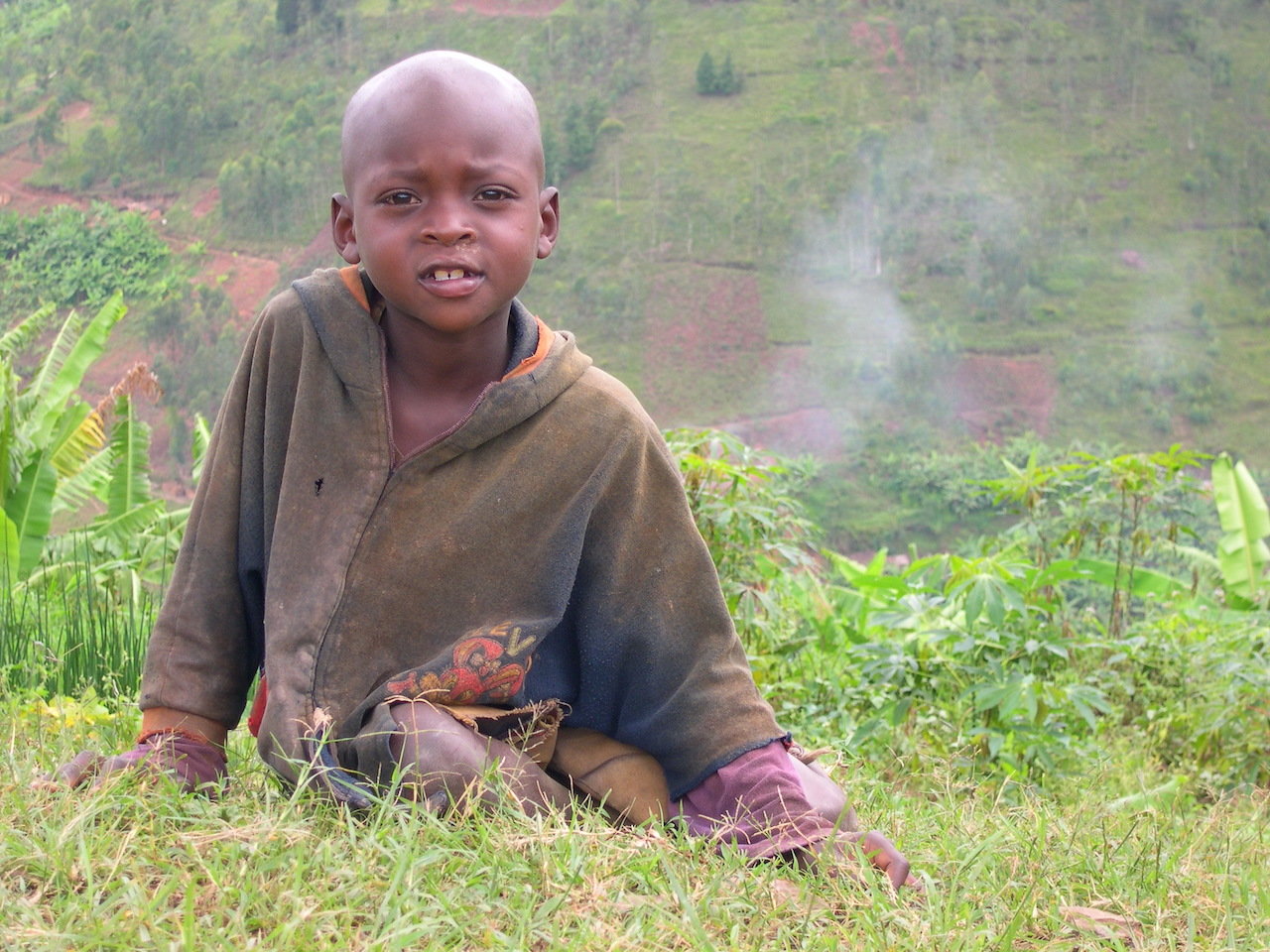
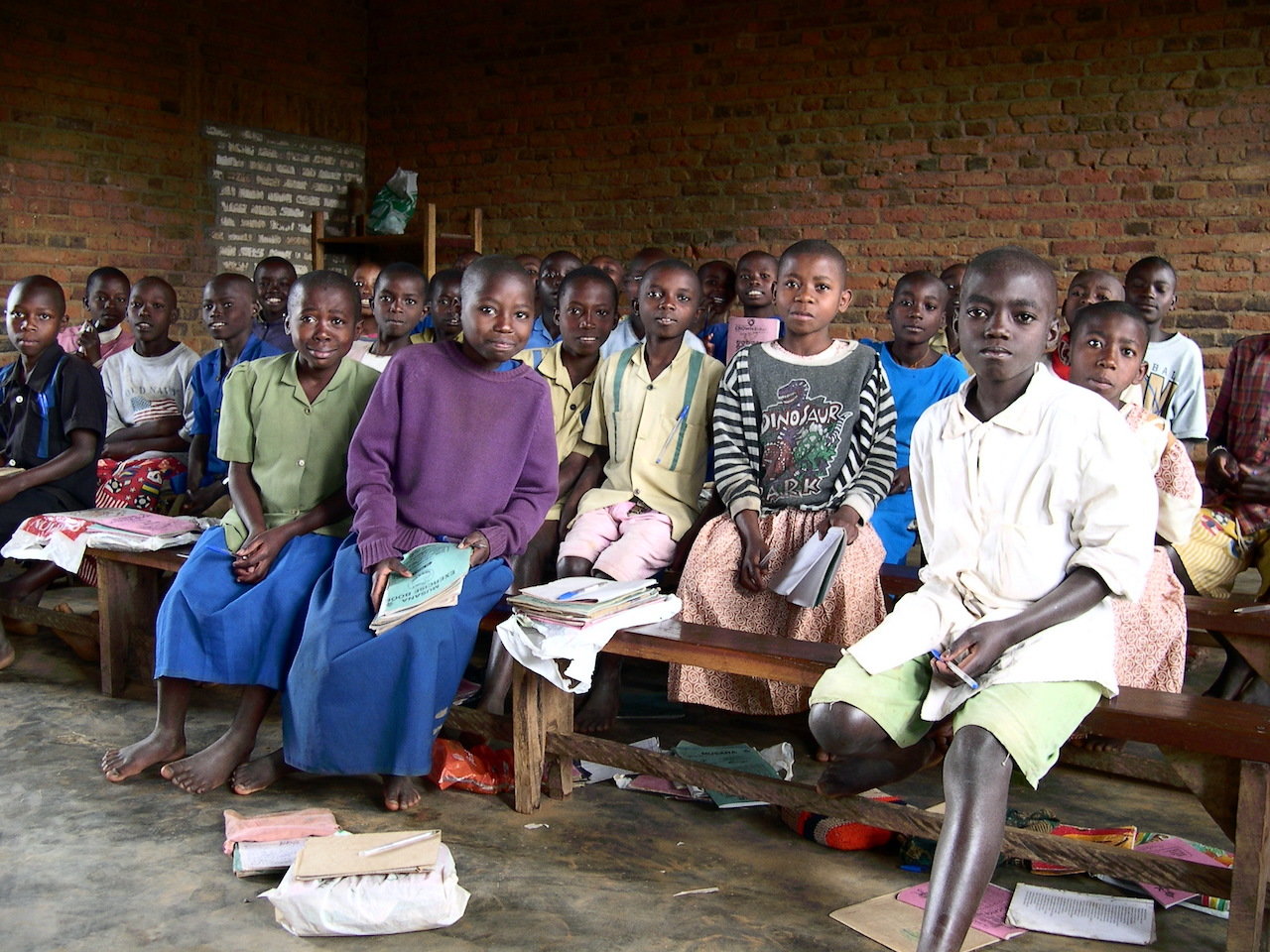
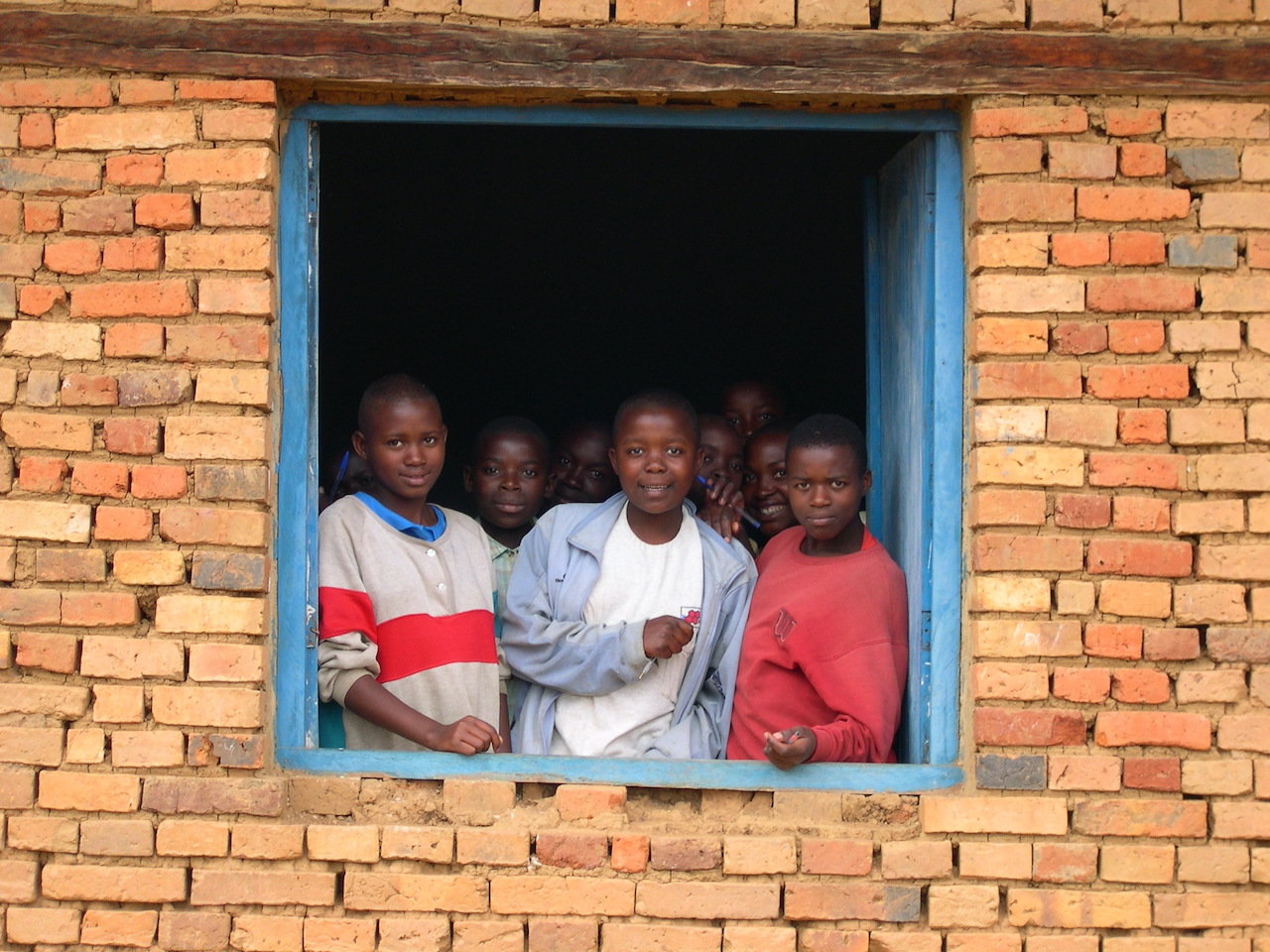
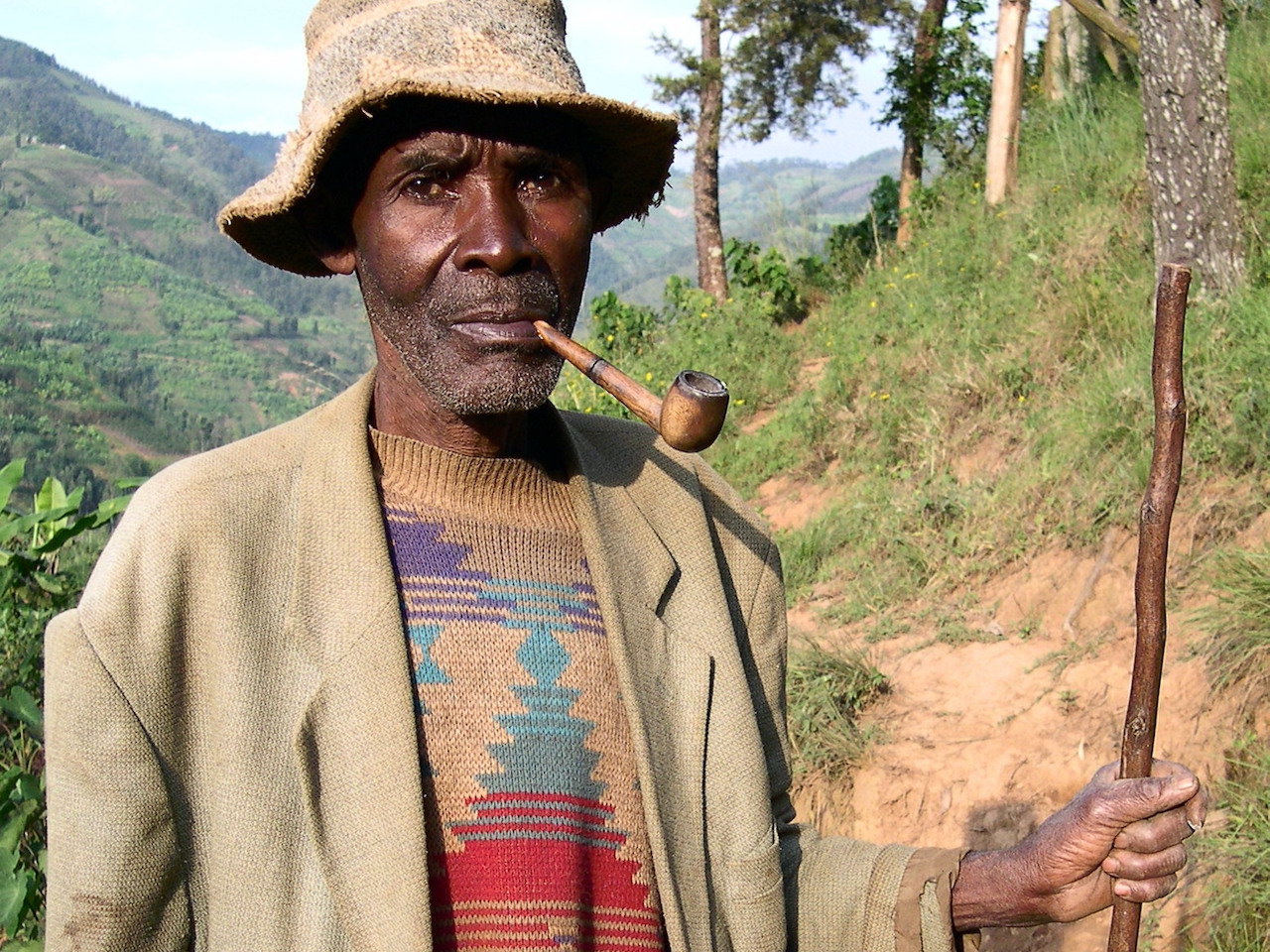
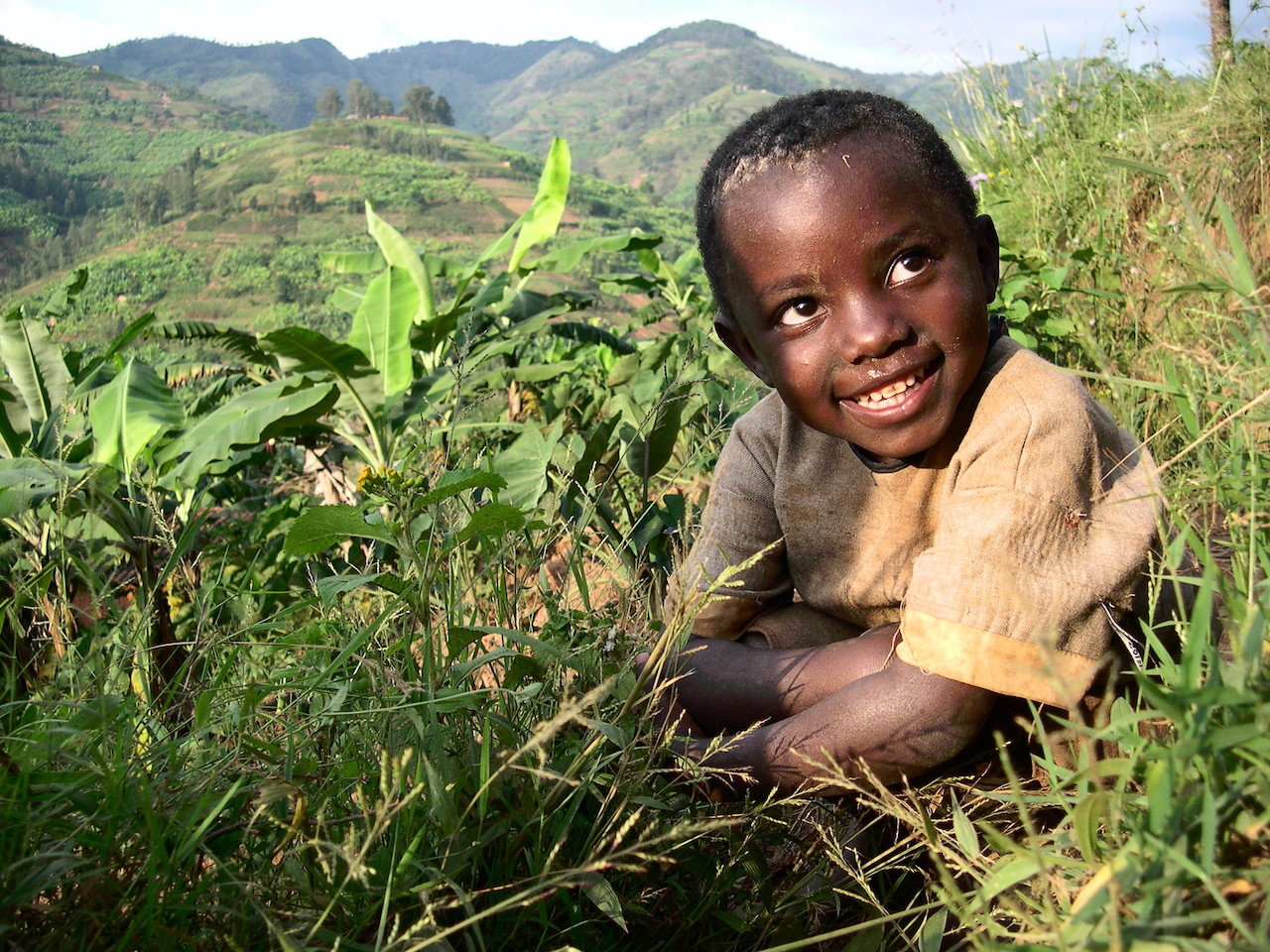
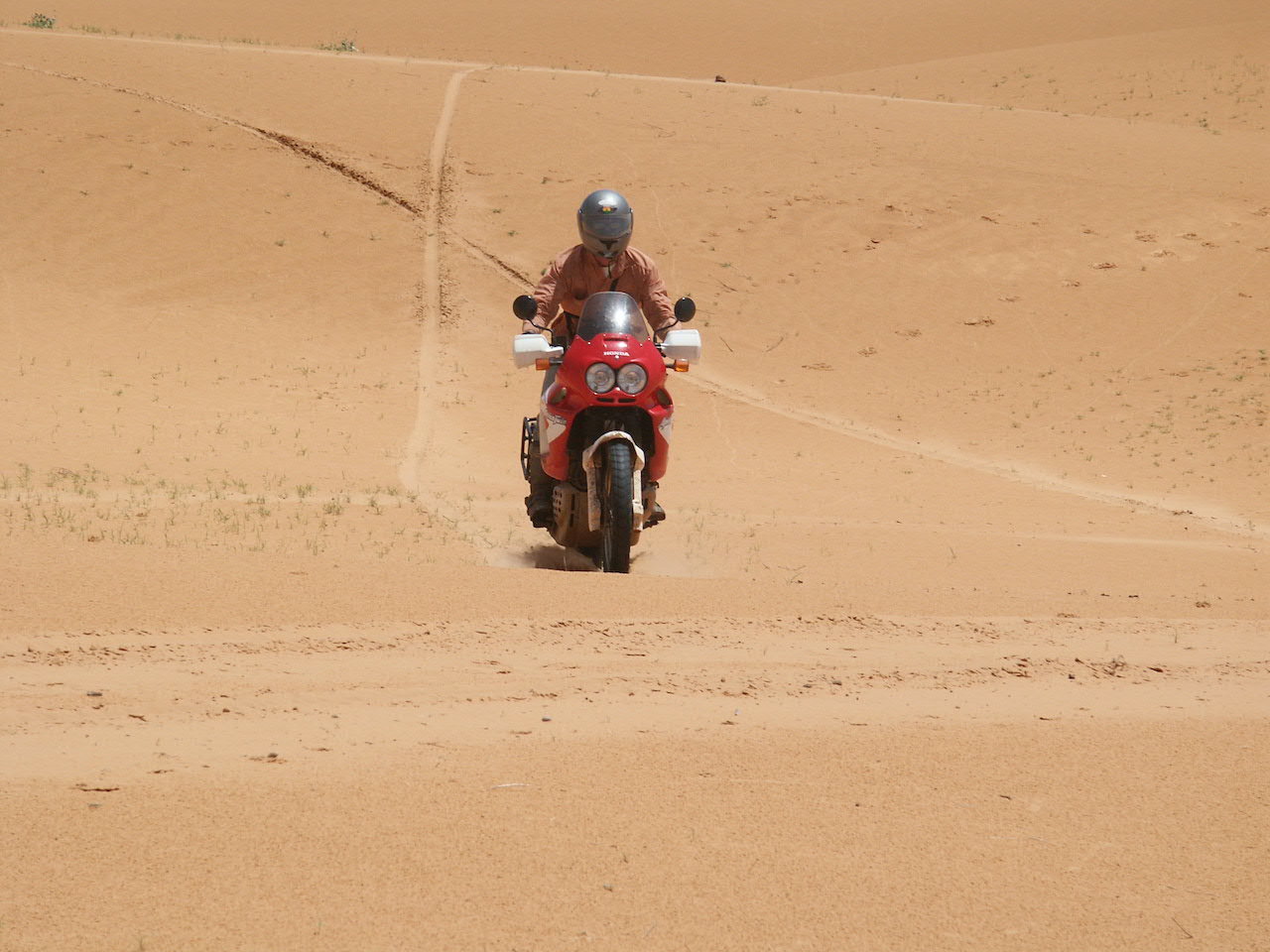
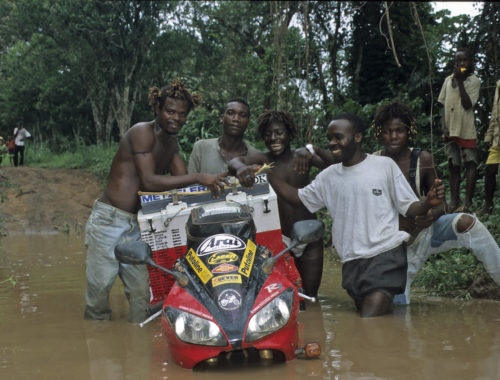
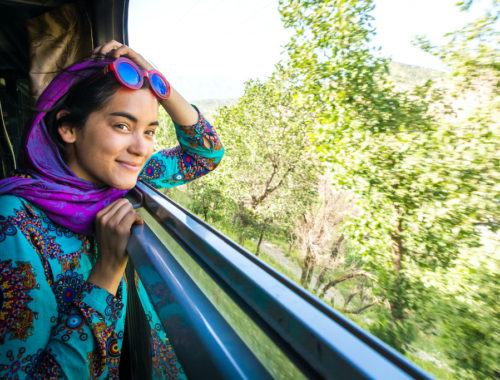

No Comments